
U.S. Fulbrighters
-
Home U.S. Fulbrighters
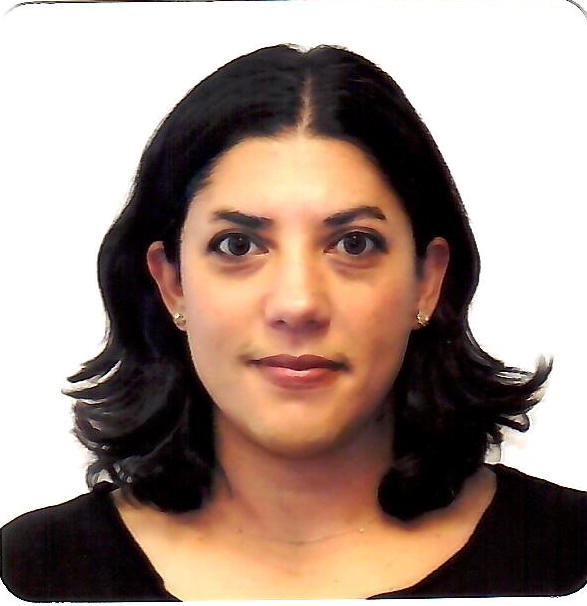
Ayyagari, Shalini
Shalini Ayyagari
Read more

Shalini Ayyagari
| Grant Category: | Fulbright-Nehru Academic & Professional Excellence Award (Research) |
| Project Title: | Discovering Voices: Transmediating Publics through Collaborative Ethnographic Recording and Archiving |
| Field of Study: | Music Studies |
| Home Institution: | University of Pittsburgh, Pittsburgh, PA |
| Host Institution: | Jawaharlal Nehru University, New Delhi, Delhi |
| Grant Start Month: | January 2025 |
| Duration of Grant: | Nine months |
Brief Bio:
Prof. Shalini Ayyagari is an associate professor of music at the University of Pittsburgh and an ethnomusicologist who works across the fields of music in cultural contexts, South Asian studies, critical ethnography, and development studies.
Her first book, Music Resilience: Performing Manganiyar Music in the Indian Thar Desert, was published by Wesleyan University Press in 2022, and is based on 15 years of ethnographic fieldwork and primary sources research. Musical Resilience is a sociocultural history and musical ethnography of the Manganiyar, a hereditary community of caste-based musicians who live in the Thar Desert on the India–Pakistan border and have maintained music within a patronage system as their livelihood for centuries. In the book, Prof. Ayyagari chronicles the ways hereditary professional musicians in South Asia continue to make a relevant living through music despite postcolonial rearrangements of traditional patronage relationships and despite economic hardships and the lure of more lucrative non-music professions.
Prof. Ayyagari was previously on the faculty at American University. Before that, she held a Mellon Postdoctoral Fellowship in the Humanities at Dartmouth College and a Marilyn Yarbrough Dissertation/Teaching Predoctoral Fellowship at Kenyon College. She received her PhD in music with a focus on ethnomusicology from the University of California, Berkeley, where her dissertation research was partially funded by a Fulbright IIE fellowship. She completed her BA from Swarthmore College.
For her Fulbright-Nehru project, Prof. Ayyagari is centering the voices and music of the Manganiyar through collaboration, curation, and the archiving of their ethnographic video, audio, and written materials. She is also piecing together the archival materials (1965–2003) of the late Komal Kothari, the main cultural entrepreneur who took these musicians and their music to the world outside their villages. This archive was recently digitized at the Archives and Research Center for Ethnomusicology (ARCE). Prof. Ayyagari is also working with the Manganiyar musicians to tell their own stories through transmediated filmmaking as practice for co-authorship and collaboration.
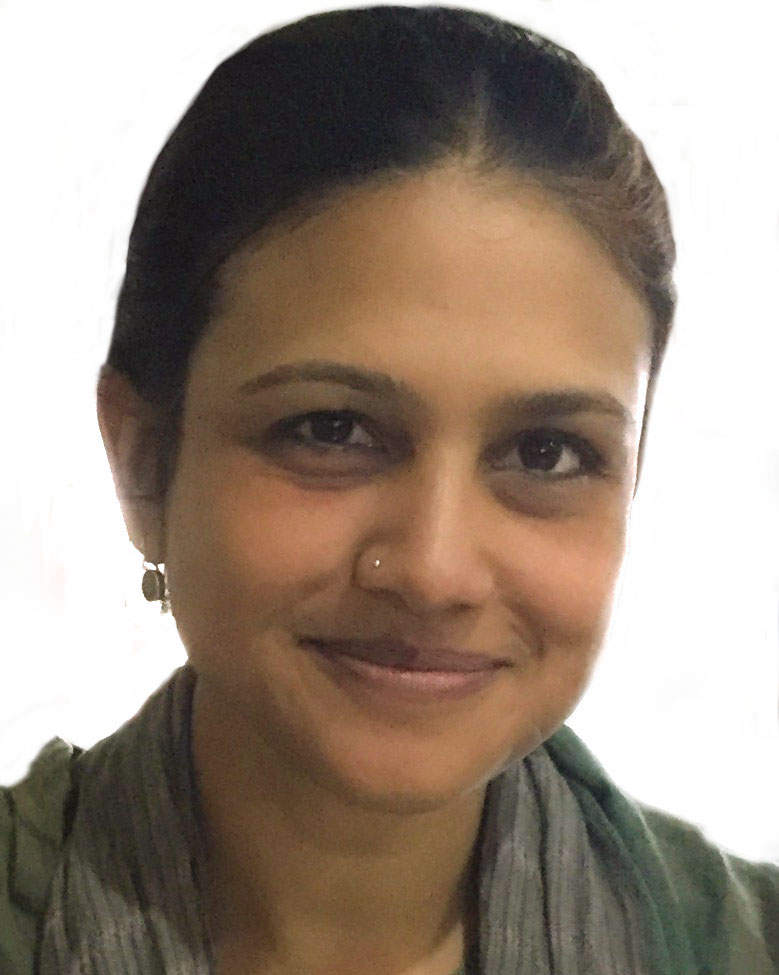
Dhanani, Lynna
Lynna Dhanani
Read more

Lynna Dhanani
| Grant Category: | Fulbright-Nehru Academic & Professional Excellence Award (Research) |
| Project Title: | The Multilingual World of Praise: Circulation and Production of Devotional Hymns in Medieval Gujarat |
| Field of Study: | Religious Studies |
| Home Institution: | University of California, Davis, CA |
| Host Institution: | Ahmedabad University, Ahmedabad, Ahmedabad, Gujarat |
| Grant Start Month: | |
| Duration of Grant: | Nine months |
Brief Bio:
Dr. Lynna Dhanani obtained her doctorate from Yale University and joined the Department of Religious Studies at the University of California, Davis, in 2020 as an assistant professor of religious studies. She is currently working on her first major monograph, tentatively titled “Authority and Wonder: The Devotional Worlds of Hemacandra and Other Medieval Gujarati Hymn-makers”. Her research explores the confluence of interreligious polemics, philosophical debates, devotional themes, and poetics in the Sanskrit hymns of the celebrated 12th-century Svetambara Jain, Hemacandra, a court pandit to two Hindu kings of medieval Gujarat. Having dedicated herself to the study of multiple Indian religions for more than two decades, Dr. Dhanani has a wide range of interests, including Jainism, Sanskrit and Prakrit languages and literature, Indian philosophy and aesthetics, yoga, tantra, and especially South Asian religious art.
In 2023, she co-curated an exhibition at the UCLA Fowler Museum called “Visualizing Devotion: Jain Embroidered Shrine Hangings”, and is currently a co-author for the exhibition book. As a recipient of the Neubauer Collegium Visiting Fellowship (2022–23) and as part of the “Entanglements of Indian Pasts” project, she has shared her work on the great 20th-century Jain scholar Muni Jambuvijaya and his manuscript preservation projects. In 2022, she was the main organizer of the field-defining conference “Beyond Boundaries: In Honor of John E. Cort”, which brought together numerous scholars in honor of Dr. Cort, a prolific scholar in the fields of Jain and South Asian studies.
Dr. Dhanani’s Fulbright-Nehru project is exploring the diversity of Jain hymns produced in Sanskrit, Prakrit, and Apabhramsha languages in 11th–13th century Gujarat by the polymath Hemacandra and his contemporaries; the objective is to understand better their perceptions of the broader religious and intellectual worlds in which they flourished and their relationship with religious centers and the royal courts. In this context, she is exploring several libraries across north-west India and engaging local scholars, Jain communities, and Indian institutions in order to collect and analyze these hymns. This work will inform her first book manuscript as well as other publications.
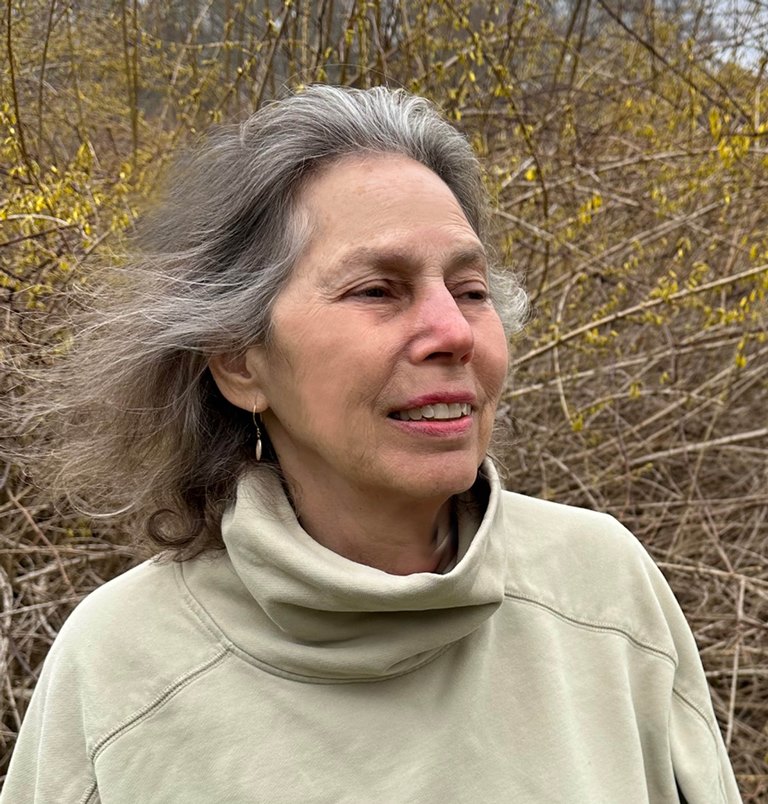
Dickson, M.J. Levy
M.J. Levy Dickson
Read more

M.J. Levy Dickson
| Grant Category: | Fulbright-Nehru Academic & Professional Excellence Award (Research) |
| Project Title: | Wildflowers and Plants Bring People Together |
| Field of Study: | Arts |
| Home Institution: | At-Large, Siasconset, MA |
| Host Institution: | Indian Institute of Crafts and Design, Jaipur, Rajasthan |
| Grant Start Month: | October 2024 |
| Duration of Grant: | Four months |
Brief Bio:
Ms. M.J. Levy Dickson is an artist and educator. She explores global interconnectedness through her artwork and discovers common denominators in the natural world. She finds in nature patterns of color, light, mood, subject, texture, and sound that transcend conventional boundaries, such as those between sight and sound, land and water, or time and space. These discoveries are reflected both in her artwork and her teaching.
Ms. Dickson’s body of work is deep and varied, and questions the boundaries between abstract, representational, and expressionist art forms. It was while illustrating the book Wildflowers of Nantucket, as well as many brochures for conservation organizations, that Ms. Dickson became aware of the global similarity between flowers and plants in nature and textile patterns. She has exhibited her installations with New York Parks and Recreation Art in the Parks Program, as well as with the Historic House Trust of New York. She has also worked with poets and musicians to foster combined sensory communication.
Ms. Dickson has held teaching positions as artist-in-residence in Tangier and with The Farm in Jaipur. She has designed and taught in the art studio at Michael Graves College, Wenzhou-Kean University, in China. She has also taught at MIT and the Boston Architectural Center, and was the first artist-in-residence at the Perkins School for the Blind. She is currently teaching in the Studio One Program of Fountain House in New York. She has always welcomed opportunities to work with people who have special needs.
Ms. Dickson received a diploma from the School of the Museum of Fine Arts, Boston; her BFA from Tufts University; and her MFA from Boston University.
In her Fulbright-Nehru project, Ms. Dickson is illustrating how people can be brought together through nature and art. Beginning her project from a woodblock printing studio in Jaipur, she is preparing a catalog of its design motifs by identifying each plant species and where it grows. She is also working with artists in India to create sculptures inspired by wildflowers using repurposed materials.
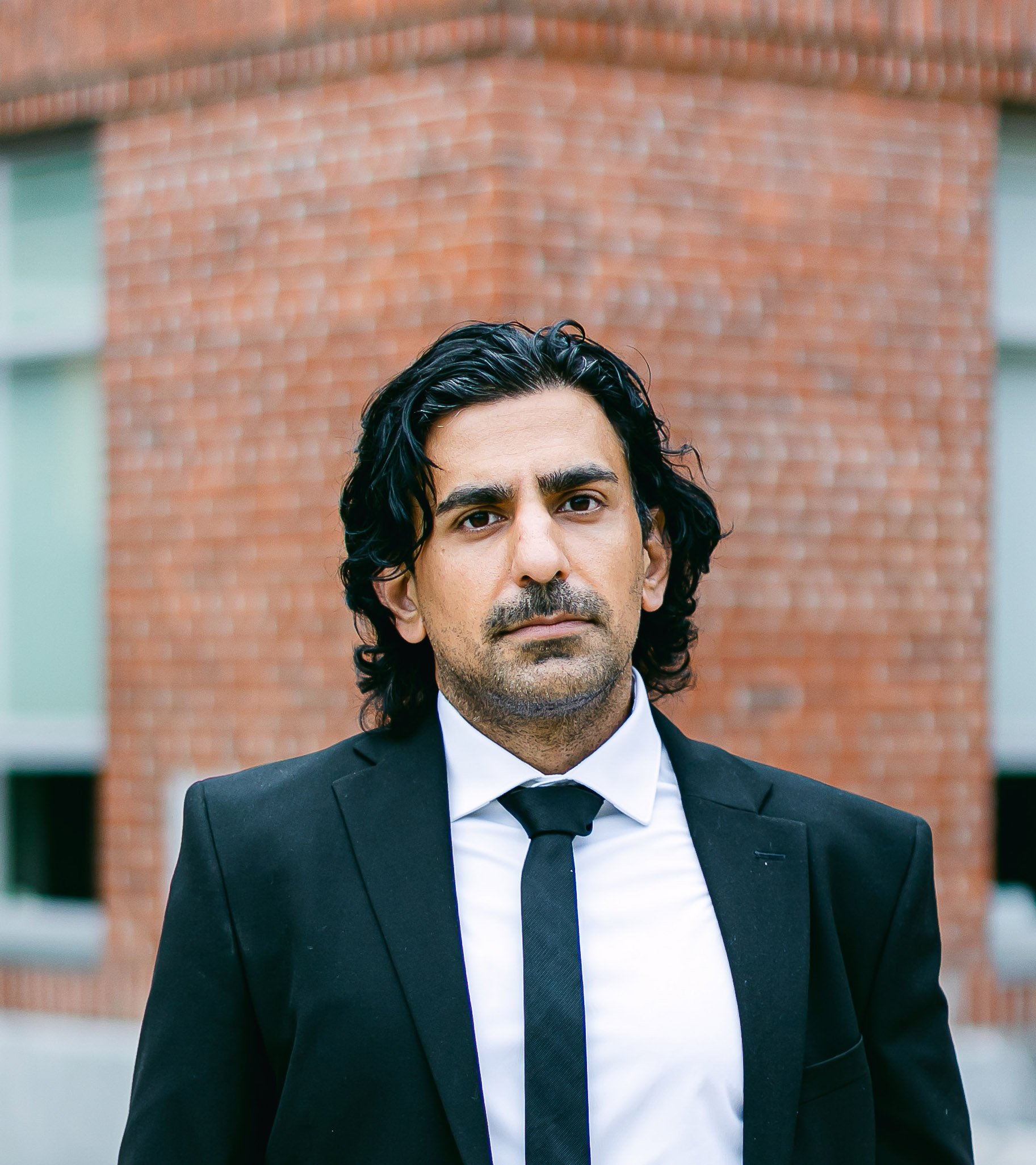
Ghamari, Hessam
Hessam Ghamari
Read more

Hessam Ghamari
| Grant Category: | Fulbright-Nehru Academic & Professional Excellence Award (Research) |
| Project Title: | Assessing Indoor Environmental Quality (IEQ) Impact on Health in Indian Hospitals |
| Field of Study: | Architecture |
| Home Institution: | California State University, Northridge, CA |
| Host Institution: | National Institute of Technology Calicut, Kerala, Kozhikode, Kerala |
| Grant Start Month: | |
| Duration of Grant: | Four months |
Brief Bio:
Dr. Hessam Ghamari is associate professor of interior design in the Department of Family and Consumer Sciences at California State University, Northridge (CSUN). With over 15 years of experience as an architect and interior designer across Iran and the United States, Dr. Ghamari brings a wealth of expertise to his role. His professional journey spans diverse projects in healthcare, hospitality, commercial spaces, and residential design. Before joining CSUN, Dr. Ghamari taught at Appalachian State University for four years. In 2014, he earned his PhD in environmental interior design from Texas Tech University, marking a pivotal point in his academic and research pursuits. He has authored numerous articles in peer-reviewed journals and has presented at international conferences, focusing on topics like environmental psychology, evidence-based design, and healthcare environments.
Central to Dr. Ghamari’s design philosophy is a deep-rooted belief in addressing the physiological and psychological needs of individuals through interior spaces. He champions the creation of healthy, humanistic environments that positively impact users’ quality of life across diverse settings. His interdisciplinary approach integrates insights from environmental psychology, healthcare design, and evidence-based practices to enhance health and well-being outcomes. Currently, Dr. Ghamari holds significant leadership roles as the director of Strategic Initiatives and as a board member at the Interior Design Educators Council. He also serves as the director of Academy Awards and as a board member at the International Academy of Design and Health. Dr. Ghamari has received prestigious awards, including the Irene Winifred Eno Grant from the American Society of Interior Designers (ASID).
Dr. Ghamari’s Fulbright-Nehru research, in collaboration with the National Institute of Technology Calicut, is assessing the quality of physical environments in Indian hospitals using evidence-based healthcare design principles. With its focus on patient safety, infection control, and staff well-being, the study is employing a comprehensive data collection approach involving quantitative and qualitative methods and field observations. By investigating factors such as accessibility, sustainability, and staff workflow, the research aims to improve healthcare spaces and outcomes in India.
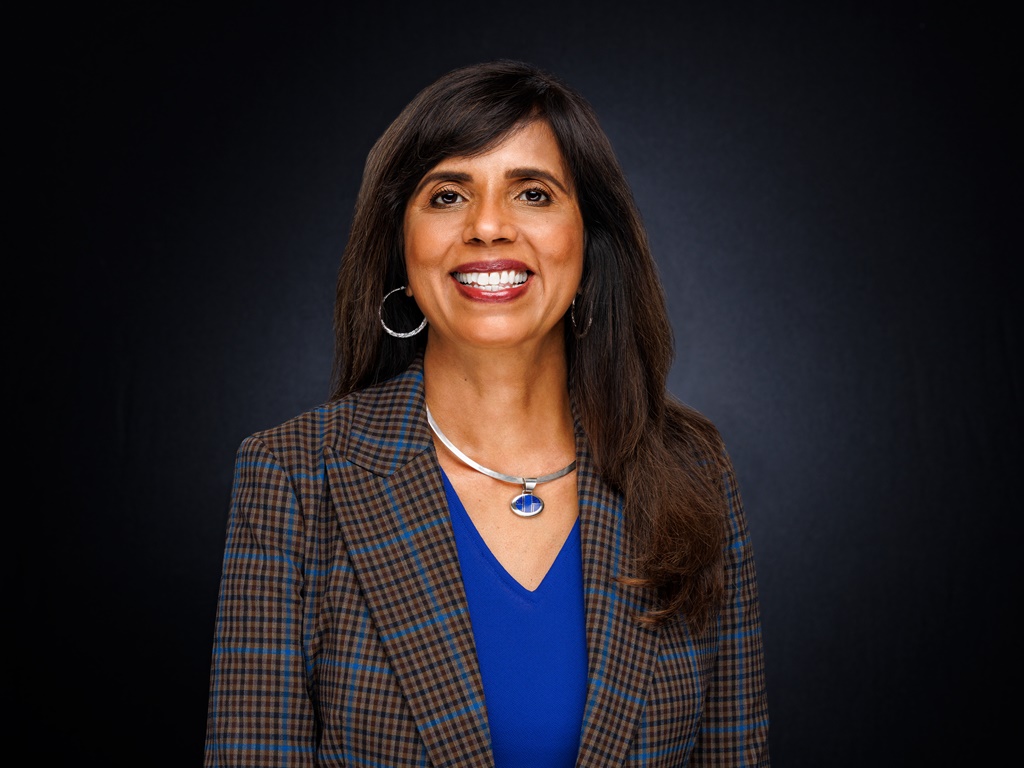
Howard, Beena (Veena)
Beena (Veena) Howard
Read more

Beena (Veena) Howard
| Grant Category: | Fulbright-Nehru Academic & Professional Excellence Award (Research) |
| Project Title: | Embodying the Jain Ideals of Heroism and Freedom: A Study of Mridula Sarabhai’s Social and Political Leadership |
| Field of Study: | Religious Studies |
| Home Institution: | California State University, Fresno, CA |
| Host Institution: | Savitribai Phule Pune University, Maharashtra, Pune, Maharashtra |
| Grant Start Month: | |
| Duration of Grant: | Four months |
Brief Bio:
Dr. Beena (Veena) Howard is professor of Asian religious traditions in the Department of Philosophy at California State University, Fresno. She holds the Endowed Chair in Jain and Hindu Dharma, and also serves as the director of the M.K. Gandhi Center: Inner Peace and Sarvodaya. Her publications include the books Gandhi’s Global Legacy: Moral Methods and Moral Challenges (ed., Lexington, 2023); The Bloomsbury Research Handbook of Indian Philosophy and Gender (ed., Bloomsbury, 2019); Dharma, Hindu, Jain, Buddhist, and Sikh Traditions of India (ed., I.B. Tauris, 2017); and Gandhi’s Ascetic Activism: Renunciation and Social Action (SUNY Press, 2013). She has also authored numerous peer-reviewed articles, including “The Nonviolence Conundrum: Political Peace and Personal Karma in Jain and Hindu Traditions”; “Nonviolence as Love in Action: James Lawson’s Transforming the Promise of Jesus’ Love into a Practical Force for Change”; “Divine Light and Melodies Lead the Way: The Santmat Tradition of Bihar”; “Lessons from ‘The Hawk and the Dove’: Reflections on the Mahābhārata’s Animal Parables and Ethical Predicaments”; and “Rethinking Gandhi’s Celibacy: Ascetic Power and the Empowerment of Women”. Notably, she has served on the Board of Trustees of the Parliament of the World’s Religions. Dr. Howard is also a TEDx speaker.
Using philosophical and textual approaches and women and gender studies theories, Dr. Howard’s Fulbright-Nehru research project is seeking to create a conversation with the Jain advocates of women’s equality and education, Shrimad Rajchandra (1867–1901) and Virchand Gandhi (1864–1901), while studying the life and work of the female Jain activist, Mridula Sarabhai (1911–1973). Born in a distinguished family, Sarabhai adopted an austere life, defied patriarchal norms, and made heroic efforts to rehabilitate abducted Hindu, Sikh, and Muslim women in violence-stricken areas. Through archival resources, engagement with faculty and students at the International School of Jain Studies and local universities, as well as through interviews with the Sarabhai family and Jain female leaders and followers, Dr. Howard is seeking to further the questions of women’s struggle against gender bias and violence.
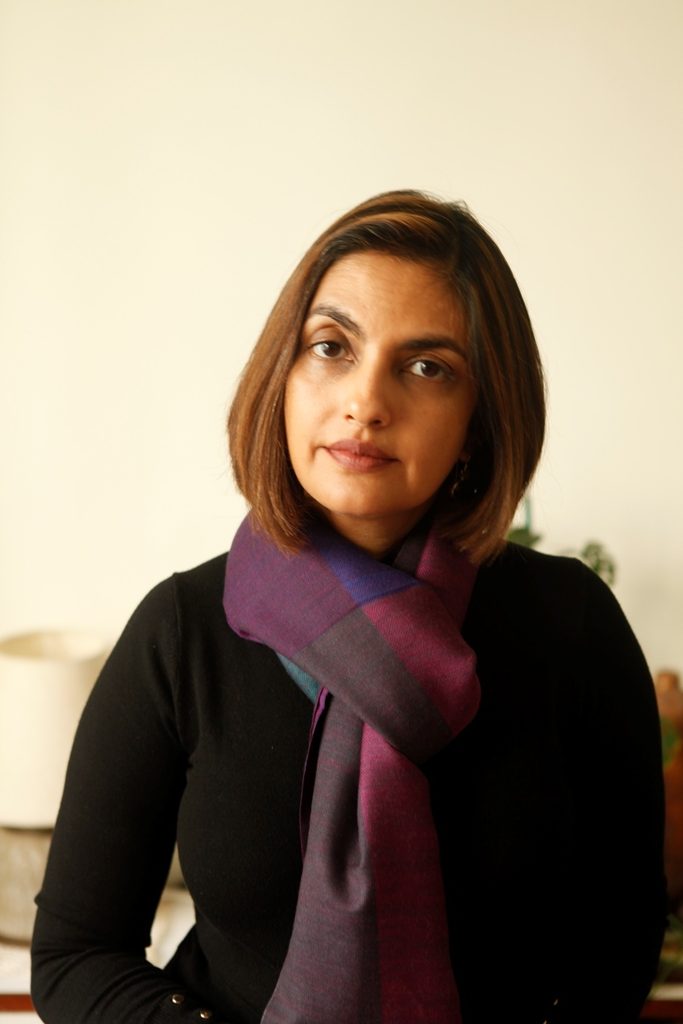
Kapadia, Aparna
Aparna Kapadia
Read more

Aparna Kapadia
| Grant Category: | Fulbright-Nehru Academic & Professional Excellence Award (Research) |
| Project Title: | Walking with the Mahatma: Kasturba Gandhi’s Political Life |
| Field of Study: | History |
| Home Institution: | Williams College, Williamstown, MA |
| Host Institution: | Ahmedabad University, Ahmedabad, Ahmedabad, Gujarat |
| Grant Start Month: | |
| Duration of Grant: | Four months |
Brief Bio:
Dr. Aparna Kapadia is associate professor of history at Williams College. She is a social historian of early modern and modern South Asia. Her research particularly focuses on western Indian regional cultures, identities, and power structures as well as the subcontinent’s links with the Indian Ocean networks. Dr. Kapadia studied at St. Xavier’s College, Mumbai, Jawaharlal Nehru University (JNU), New Delhi, and the School of Oriental and African Studies (SOAS), University of London, from where she received her PhD in 2013. From 2009 until 2011, she was a Mellon Postdoctoral Fellow at the University of Oxford.
Dr. Kapadia is the author of In Praise of Kings: Rajputs, Sultans and Poets in Fifteenth-Century Gujarat (Cambridge University Press, 2018) and co-editor of The Idea of Gujarat: History, Ethnography and Text (Orient Blackswan, 2010). Her articles have appeared in several peer-reviewed academic journals like The Mediaeval History Journal and The Journal of Asian Studies. From 2021 to 2024, she served as associate editor at the Journal of the Royal Asiatic Society. Dr. Kapadia also enjoys writing for popular asudiences. Since 2019, she has been publishing a column on a variety of topics in South Asian history called “Off Centre” in Scroll.in, one of India’s leading independent English-language digital publications.
For her Fulbright-Nehru project, Dr. Kapadia is conducting research for her upcoming book, Walking with the Mahatma: Kasturba Gandhi’s Political Life. This will be the first historically grounded and archivally researched biography of Kasturba (1869–1944), Mahatma Gandhi’s wife, which seeks to illuminate her pivotal but overlooked role as a political activist during India’s anti-colonial movement.
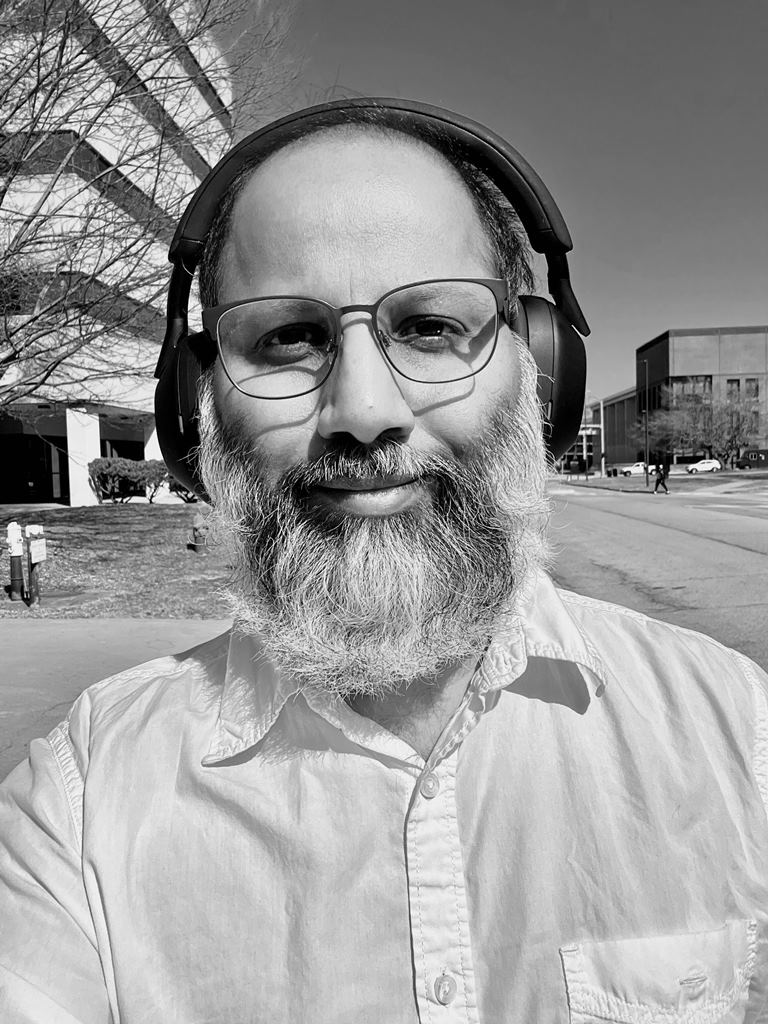
Kavuluru, Ramakanth
Ramakanth Kavuluru
Read more

Ramakanth Kavuluru
| Grant Category: | Fulbright-Nehru Academic & Professional Excellence Award (Research) |
| Project Title: | Predictive Models for Disease Onset with EMRs: Performance, Robustness, and Fairness |
| Field of Study: | Computer Science |
| Home Institution: | University of Kentucky, Lexington, KY |
| Host Institution: | Indian Institute of Science, Bengaluru, Bengaluru, Karnataka |
| Grant Start Month: | |
| Duration of Grant: | Six months |
Brief Bio:
Dr. Ramakanth Kavuluru is a professor of biomedical informatics (Department of Internal Medicine) in the College of Medicine at the University of Kentucky (UKY). He also has a joint courtesy appointment in the Department of Computer Science at UKY. He graduated with a PhD in computer science in 2009 from UKY with a focus on the security properties of pseudorandom sequences. Subsequently, he worked in knowledge-based search systems for focused bioscience domains as a postdoctoral scholar at Wright State University. Since 2011, he has been working as a faculty member at UKY focusing on natural language processing methods and their use in biomedicine and healthcare.
High-level applications of Dr. Kavuluru’s research include cohort selection for clinical trials, literature-based knowledge discovery, computer-assisted coding, social media-based surveillance for substance abuse, and clinical-decision support for precision medicine. He employs methods from machine learning (including deep learning) and data mining fields to drive his research agenda. His recent methodological contributions deal with zero-shot and few-shot classification, large language models, transfer learning, domain adaptation, and end-to-end relation extraction. Thus far, in his capacity as primary advisor, he has helped seven doctoral students and 10 master’s students attain their graduation.
Predicting disease onset ahead of time is an important application of artificial intelligence (AI) and this is being actively pursued in the U.S. and other western nations. From a global health perspective, it is not clear if the implications of the findings of U.S. patient-based modeling translate to more populous and diverse areas of the world. Thus, using latest machine learning methods and data sets from Indian healthcare facilities, Dr. Kavuluru’s Fulbright-Nehru project is rigorously assessing how well the promise of AI holds when applied to the Indian patient setting compared to the simpler standard-of-care approaches to risk stratification.
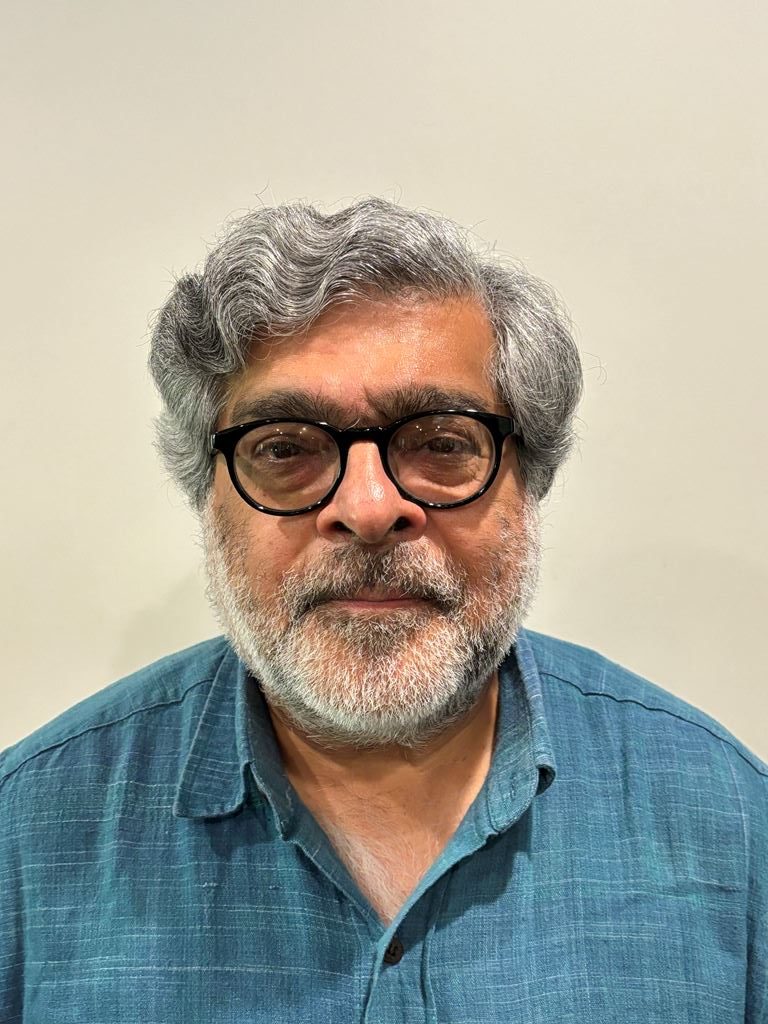
Lal, Vinay
Vinay Lal
Read more

Vinay Lal
| Grant Category: | Fulbright-Nehru Academic & Professional Excellence Award (Research) |
| Project Title: | Gandhi and the Salt March: A Global and Dialectical History of Nonviolent Resistance |
| Field of Study: | History |
| Home Institution: | University of California, Los Angeles, CA |
| Host Institution: | CEPT University, Ahmedabad, Gujarat |
| Grant Start Month: | January 2025 |
| Duration of Grant: | Five months |
Brief Bio:
Dr. Vinay Lal is a cultural critic, writer, and professor of history and Asian American studies at the University of California, Los Angeles (UCLA). He earned his BA and MA from Johns Hopkins University in 1982. This was followed by a year-long stint in Australia and India on a Thomas J. Watson Fellowship studying cinema. He earned his PhD with distinction from the Department of South Asian Languages and Civilizations at the University of Chicago. Prof. Lal was the William R. Kenan Fellow (1992–93) at the Society of Fellows in the Humanities at Columbia University and immediately thereafter moved to UCLA where he has remained ever since.
Prof. Lal’s intellectual and research interests include comparative colonial histories, the politics of knowledge systems, cinema, cultures of sexuality, the global histories of nonviolence, and the thoughts of Mohandas Gandhi. He has authored and edited 21 books, including the two-volume Oxford Anthology of the Modern Indian City (2013); The History of History (2003); The Fury of Covid-19: The Politics, Histories, and Unrequited Love of the Coronavirus (2020); and Insurgency and the Artist: The Art of the Freedom Struggle in India (2022). Prof. Lal is a founding member of the Backwaters and Metaphysics Collective and the editor of the three volumes that emerged from this initiative. He is also the Academic India (Humanities) Delegate (2022–25) of the Oxford University Press. He maintains an extensive academic YouTube channel – https://www.youtube.com/user/dillichalo. He also writes frequently for the Indian Express and Open Magazine. His forthcoming books include two volumes of his collected papers on Gandhi.
Gandhi’s march to the sea at Dandi has long been recognized as a pivotal moment in India’s anti-colonial struggle. Prof. Lal’s Fulbright-Nehru study, based on archival, museum, and field research in India, is attempting to furnish a different understanding of this paradigmatic instance of nonviolent resistance in world history. The argument is that the Salt March can be read more productively – interculturally and intertextually – alongside Gandhi’s satyagraha march in South Africa (1913) and the traces it has left around the globe.
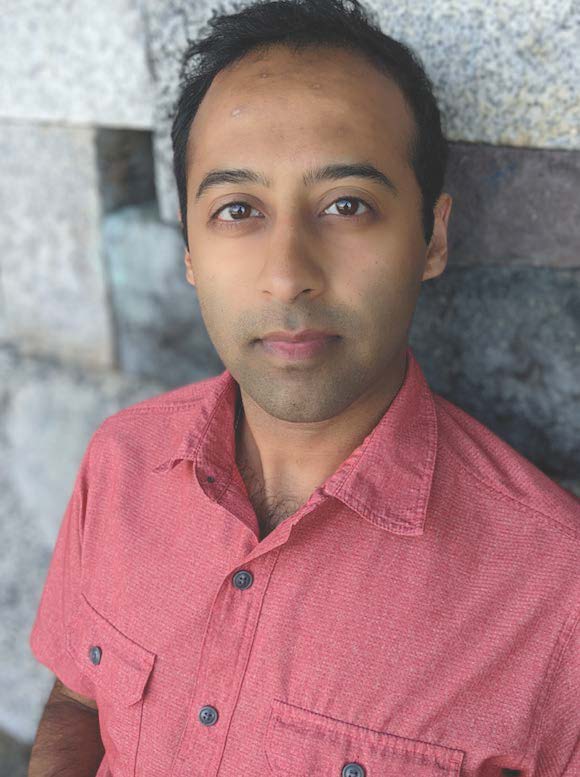
Majid, Asif
Asif Majid
Read more

Asif Majid
| Grant Category: | Fulbright-Nehru Academic & Professional Excellence Award (Research) |
| Project Title: | Performing Muharram in Plurality: Art, Bodies, and Commemoration in Lucknow and Hyderabad |
| Field of Study: | Drama/Theater Arts |
| Home Institution: | University of Connecticut, Storrs, CT |
| Host Institution: | University of Lucknow, Lucknow, Uttar Pradesh |
| Grant Start Month: | July 2024 |
| Duration of Grant: | Six months |
Brief Bio:
Dr. Asif Majid is a theatre researcher, educator, maker, and consultant who scripts, stages, and traces local and global nodes of history, power, performance, race, and (de)coloniality, particularly by attending to the intersection of Islam and performance; devising community-based participatory theatre; and making improvisational music. Currently, he is assistant professor of theatre and human rights at the University of Connecticut where he is also affiliate faculty in anthropology; Asian and Asian American studies; interdisciplinary indigeneity, race, ethnicity, and politics; and women’s, gender, and sexuality studies. He received his PhD in anthropology, media, and performance from The University of Manchester and his work has been funded by organizations like the Fulbright Commission, the Wallace Foundation, the American Council of Learned Societies, the Mellon Foundation, the Open Society Foundation, and the Doris Duke Charitable Foundation.
Dr. Majid has served as an Arts Research with Communities of Color Fellow, Mellon/ACLS Public Fellow, and Lab Fellow. He has also published in numerous journals like The Drama Review, Research in Drama Education: The Journal of Applied Theatre and Performance, Theatre Journal, Theatre Topics, and Contemporary Theatre Review. His performance credits include association with The Kennedy Center and the Royal Exchange Theatre. His book, Making Muslimness: Race, Religion, and Performance in Contemporary Manchester, is forthcoming with Routledge in 2025. He can be found online at www.asifmajid.com.
Muharram commemorations of the death of Hussein ibn Ali – Shi’a Muslims’ third imam and Prophet Muhammad’s grandson – in Lucknow and Hyderabad represent India’s largest iterations of the world’s biggest, transnational, annual, public mourning ritual. In his Fulbright-Nehru project, Dr. Majid is conducting a performance-based study of Muharram processions and poetry via participant observations, interviews, and autoethnography to examine how these practices make, unmake, and remake Indian transreligious harmony. This research will result in scholarly/public essays and a book project involving: Shi’a, Sufi, and Hindu studies and performance studies; Muharram studies in the under-researched Indian context; and transnational comparisons of Muharram within Indian disaporas.
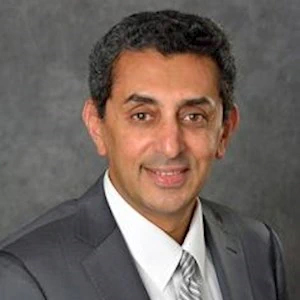
Mantha, Phanikumar
Phanikumar Mantha
Read more

Phanikumar Mantha
| Grant Category: | Fulbright-Nehru Academic & Professional Excellence Award (Research) |
| Project Title: | Coastal Water Quality in a Warming Climate: Observations and Numerical Modeling to Inform Policy |
| Field of Study: | Environmental Sciences |
| Home Institution: | Michigan State University, East Lansing, MI |
| Host Institution: | National Institute of Technology Calicut, Kozhikode, Kerala |
| Grant Start Month: | September 2024 |
| Duration of Grant: | Four months |
Brief Bio:
Dr. Phanikumar Mantha is a professor of civil and environmental engineering (College of Engineering) and professor of MSU AgBioResearch (College of Agriculture & Natural Resources) at Michigan State University (MSU), East Lansing. He obtained his PhD in engineering from the Indian Institute of Science, Bengaluru, and worked as a scientist at the National Aerospace Laboratories, Bengaluru, where he developed models of estuarine and coastal ocean processes and received the Sir C.V. Raman Young Scientist Award for his work in 1996. His research interests encompass the scientific, technical, societal, and policy aspects of water involving water quantity, water quality, public health, and water–energy–food systems. As a faculty member at MSU for over 25 years, he has worked with students and colleagues to address societally relevant water issues. Examples include: the development of process-based, coupled, physical–chemical–biological models and their applications to understand and predict coastal water quality in the Great Lakes region of North America; quantifying the effects of droughts on crop yields in Kenya and in Cambodia in the Mekong River Basin; and integrated hydrologic modeling of watersheds in the U.S. and UK. He has published in journals like JGR Oceans, Limnology and Oceanography, Water Resources Research, and Journal of Hydrology. Prof. Mantha was also a Lilly Teaching Fellow at MSU.
Prof. Mantha’s research is funded by grants from agencies like the National Science Foundation, the National Aeronautics and Space Administration, and the United States Department of the Interior. He is a member of the American Society of Civil Engineers and the International Association for Great Lakes Research and a fellow of the Geological Society of America.
The ecological products and services of India’s coastal environments are increasingly being impacted by harmful algal blooms (HABs). Effective strategies for their mitigation call for an understanding of the key factors behind their formation. Prof. Mantha’s Fulbright-Nehru project is studying coastal water quality with a focus on HABs and the use of mathematical models and field observations to gain novel insights into important processes and drivers.
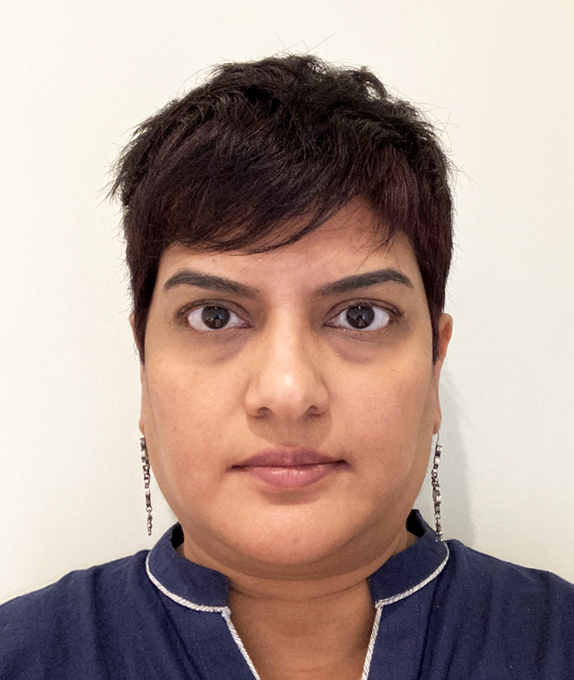
Mohan, Urmila
Urmila Mohan
Read more

Urmila Mohan
| Grant Category: | Fulbright-Nehru Academic & Professional Excellence Award (Research) |
| Project Title: | Socio-Technical Enchantment and Innovation among Ikat and Patola Weavers in Gujarat, India |
| Field of Study: | Anthropology |
| Home Institution: | At-Large, New York, NY |
| Host Institution: | National Institute of Design, Ahmedabad, Gujarat |
| Grant Start Month: | September 2024 |
| Duration of Grant: | Six months |
Brief Bio:
Dr. Urmila Mohan is a public anthropologist of material culture and studies how sociocultural values are circulated through cloth, bodily practices, and belief. She earned a PhD in anthropology from University College London, an MFA in studio arts from Pennsylvania State University, a BA (hons) in anthropology from Victoria University of Wellington, and a BFA in communication design from the National Institute of Design, Ahmedabad.
Dr. Mohan’s research includes an ethnography of devotees who make garments for their deities and also wear specific clothing; this was published as Clothing as Devotion in Contemporary Hinduism. She also undertook a curatorial study of Balinese ritual textiles at the American Museum of Natural History, resulting in an exhibition and catalogue, Fabricating Power with Balinese Textiles. Besides, she is the author of the monograph, Masking in Pandemic U.S..
Dr. Mohan has written extensively on material practices and theorizes them in her edited volume, The Efficacy of Intimacy and Belief in Worldmaking Practices. Earlier, she had co-edited The Material Subject: Rethinking Bodies and Objects in Motion and a special issue of the Journal of Material Culture titled “The Bodily and Material Cultures of Religious Subjectivation”.
As part of her commitment to interdisciplinarity, Dr. Mohan founded the digital, open-access publication, The Jugaad Project. She is also a member of several global working groups, including the Matière à Penser network for embodiment studies.
Dr. Mohan’s Fulbright-Nehru project is an ethnographic study of weavers of silk ikat (resist-dyed) textiles in Gujarat, India. She is contextualizing ikat handloom innovation as a process of socio-technical ‘enchantment’ that engages weavers, traders, and consumers. She is also connecting woven cloths’ agency with changing socioeconomic and spiritual practices via weavers’ technical, bodily, and material adaptations. Her research adds to studies of how artisanal communities and heritage are shaped in India; it is doing so by analyzing shifts in practices/meanings due to migration, the influence of kinship on technology adoption and craft expansion, changing roles of women in weaving families, and the effects of the geographical indications patenting system.
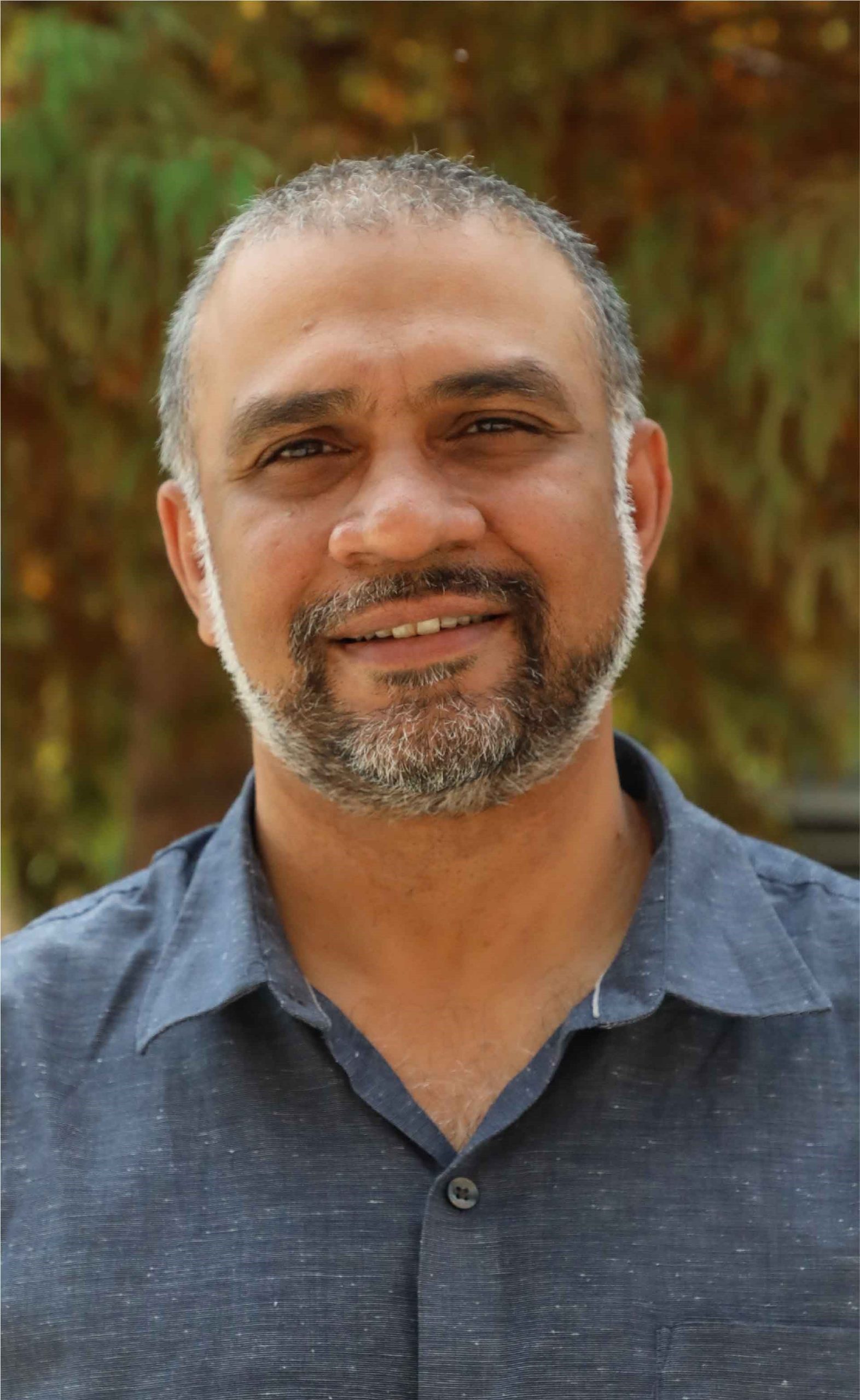
Mookherjee, Mainak
Mainak Mookherjee
Read more

Mainak Mookherjee
| Grant Category: | Fulbright-Nehru Academic & Professional Excellence Award (Research) |
| Project Title: | Water in Nominally Anhydrous Minerals of Himalayan Crustal Rocks |
| Field of Study: | Geology |
| Home Institution: | Florida State University, Tallahassee, FL |
| Host Institution: | Indian Institute of Science Education and Research, Kolkata, West Bengal |
| Grant Start Month: | November 2024 |
| Duration of Grant: | Four months |
Brief Bio:
Dr. Mainak Mookherjee obtained his BSc (1997) from Jadavpur University, Kolkata, and his MSc (1999) from the Indian Institute of Technology Bombay, Mumbai. He went on to earn his PhD (2003) from the University of Cambridge. He moved to the U.S. in 2003 for postdoctoral research at the University of Michigan (2003–2005) and Yale University (2006–2008). Dr. Mookherjee then joined Bayreisches Geoinstitut, Bayreuth, Germany, as a visiting researcher in 2008. He returned to the U.S. in 2012 as a research scientist at Cornell University. Since 2015, Dr. Mookherjee has been a faculty member at Florida State University. In 2019, he was tenured and promoted from assistant to associate professor, and in 2024, to full professor.
Dr. Mookherjee’s primary research interest lies in understanding the processes that occur in the Earth’s interior. He uses a combination of experimental methods and complementary numerical simulations to understand the cycling/exchange of volatiles such as hydrogen/water and carbon dioxide between the Earth’s exosphere and its interior.
Geophysical observations have often indicated a presence of low viscosity channel which explains the southward extrusion of the Himalaya. The likely cause of this low viscosity channel is partial melting. In his Fulbright-Nehru project, Dr. Mookherjee is examining whether Himalayan crustal rocks contain trace quantities of water. This will help Earth scientists to gain insight into collisional dynamics and volatile cycling. He is also attempting to constrain the water contents in nominally anhydrous minerals of Himalayan crustal rocks. In addition, he is providing constraints to the physical properties of water-bearing melts which will enable geophysicists to test the low viscosity channel hypothesis.
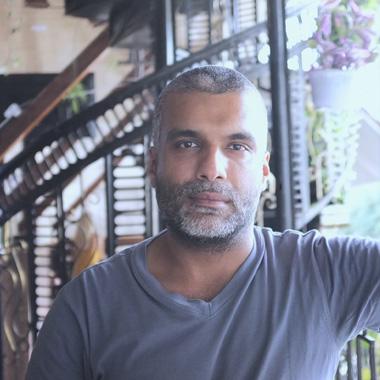
Mukerji, Siddhesh
Siddhesh Mukerji
Read more

Siddhesh Mukerji
| Grant Category: | Fulbright-Nehru Academic & Professional Excellence Award (Research) |
| Project Title: | Navayana Buddhist Social Work: Toward a Conceptual Framework |
| Field of Study: | Social Work |
| Home Institution: | University College Cork, Cork, Ireland |
| Host Institution: | Nagarjuna Training Institute, Nagpur, Maharashtra |
| Grant Start Month: | March 2025 |
| Duration of Grant: | Five months |
Brief Bio:
Dr. Siddhesh Mukerji is a lecturer in social work at University College Cork, Ireland. He received his MA in social work from the University of Chicago and his PhD in social work from Loyola University Chicago. His professional experiences include serving as a Peace Corps volunteer in Kazakhstan, a social worker with adolescents in Chicago, and an educator in five countries. Currently, Dr. Mukerji’s interdisciplinary scholarship integrates perspectives from social work, community studies, religious studies, and philosophy of education; the contexts for his work include India, the United Kingdom, and the United States. His publications include articles and chapters on the topics of pedagogy and Buddhist social action, and he is currently authoring books on Zen Buddhist social action in the United States and Navayana Buddhist social action in India.
Dr. Mukerji’s Fulbright-Nehru project is exploring Navayana (i.e., “Ambedkaran”) Buddhist social work in India. This qualitative inquiry aims to illuminate how Navayana social workers interpret their work in light of Buddhism and incorporate Buddhist concepts and practices into their social action. The goal of this project is to create useful materials for Buddhist social workers in India and for an international audience of practitioners and scholars of socially engaged Buddhism.
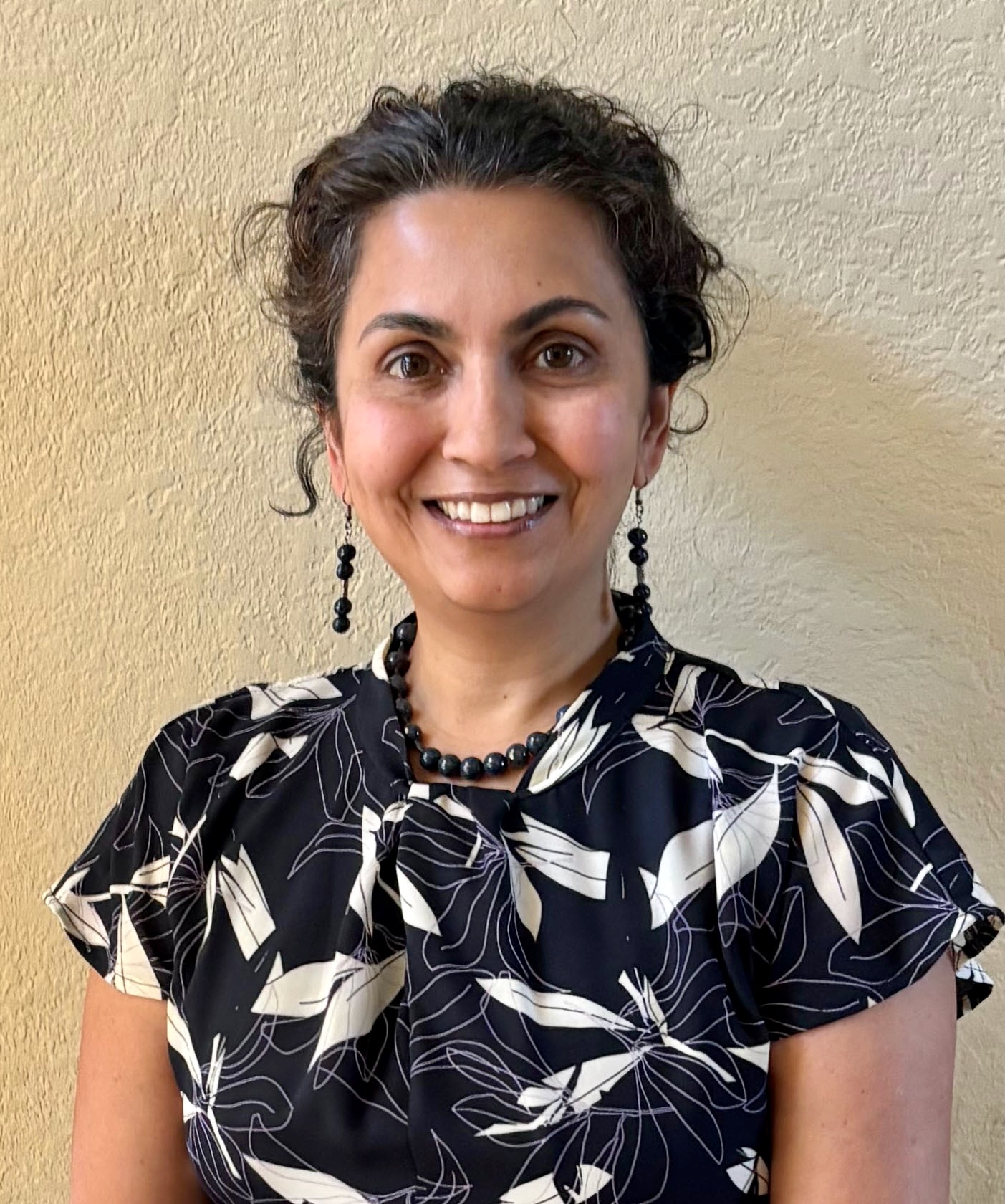
Nambisan, Priya
Priya Nambisan
Read more

Priya Nambisan
| Grant Category: | Fulbright-Nehru Academic & Professional Excellence Award (Research) |
| Project Title: | Adapting a Digital Self-care Platform (CDSSS-myHESTIA) for the Aging Population in India |
| Field of Study: | Public Health |
| Home Institution: | University of Wisconsin-Milwaukee, Milwaukee, WI |
| Host Institution: | Tata Institute of Social Sciences, Mumbai, Maharashtra |
| Grant Start Month: | December 2024 |
| Duration of Grant: | Four months |
Brief Bio:
Dr. Priya Nambisan is a tenured associate professor at the Joseph J. Zilber College of Public Health at the University of Wisconsin-Milwaukee. She is the founder and director of two labs: the Social Media and Health Research & Training (SMAHRT) Lab; and the Aging Research & Digital Technologies (ARDT) Lab. She has a multidisciplinary background in terms of her education, work experience, and research. She has an undergrad degree in public health and extension education from India, a master’s degree in nutrition from Syracuse University, a PhD in communication and technology from Rensselaer Polytechnic Institute, and a postdoc in health informatics from the University of Wisconsin-Madison. She has also been a registered dietitian. She has lived and worked in India, Singapore, and the U.S..
Dr. Nambisan has conducted extensive research in areas like public health; wellness and prevention; personal health information management; patient–provider communication; online communities; and digital technologies for self-care. Her current research focuses on the use of new digital technologies and data analytics techniques (prediction modeling and machine learning) for providing social, emotional, and informational support to health consumers and patients. She has over 60 research publications and over 20 conference presentations. She has also delivered several invited talks, organized special sessions at conferences, and written invited book chapters on the above topics.
For the last few years, Dr. Nambisan has been immersed in building and validating a digital self- care platform for older adults who are dealing with multiple chronic conditions. The platform – known as Comprehensive Digital Self-care Support System (CDSSS), aka myHESTIA (my Healing Ecosystem for Self-care and Therapeutic Integration for the Aging) – enables older adults to keep track of their health, reduce stress, and improve sleep using digital healing tools.
Dr. Nambisan’s Fulbright-Nehru project is adapting the CDSSS-myHESTIA platform to fit the Indian context. The aim is to provide support for the physical, mental, and social health needs of older adults. The project also aims to enhance CDSSS-myHESTIA by incorporating elements such as Indian ways of healthy aging.
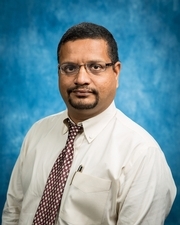
Namilae, Sirish
Sirish Namilae
Read more

Sirish Namilae
| Grant Category: | Fulbright-Nehru Academic & Professional Excellence Award (Research) |
| Project Title: | Interfacial Mechanics and Materials Design for Eco-friendly Natural and Engineered Fiber Composites |
| Field of Study: | Materials Science |
| Home Institution: | Embry-Riddle Aeronautical University, Daytona Beach, FL |
| Host Institution: | Indian Institute of Technology Madras, Chennai, Tamil Nadu |
| Grant Start Month: | November 2024 |
| Duration of Grant: | Four and a half months |
Brief Bio:
Dr. Sirish Namilae is a professor of aerospace engineering at the Embry-Riddle Aeronautical University (ERAU). He obtained his MS in materials science from the Indian Institute of Science and a PhD in mechanical engineering from Florida State University. He joined the Aerospace Engineering Department at Embry-Riddle in 2014 after 10 years of experience in industry (Boeing) and national lab (Oak Ridge National Laboratory). At ERAU, Dr. Namilae leads the Advanced Materials and Mechanics Group and directs the composites lab. His research has focused on areas of composite materials and complex systems, as well as multiscale modeling. He has authored about 100 journal and conference publications in these research areas and has trained eight PhD and 20 MS thesis students. He has generated more than USD 6 million in research funding over the last few years. Dr. Namilae won ERAU’s Abbas–Sivjee Outstanding Researcher award in 2022. He is also an AIAA associate fellow.
In his Fulbright research fellowship, Prof. Namilae is collaborating with the Indian Institute of Technology Madras researchers to establish a novel foundation for interfacial design of next-generation composites. The research is pioneering the development of biodegradable natural fiber composites featuring nanoscale interfacial features. Additionally, Prof. Namilae is conducting novel experiments and formulating models to study interfacial mechanics and creating design maps that correlate nanoscale features with the desired composite properties. The outcomes of this research will provide guidance for optimal interface design of robust, multifunctional composites, including eco-friendly natural fiber composites.
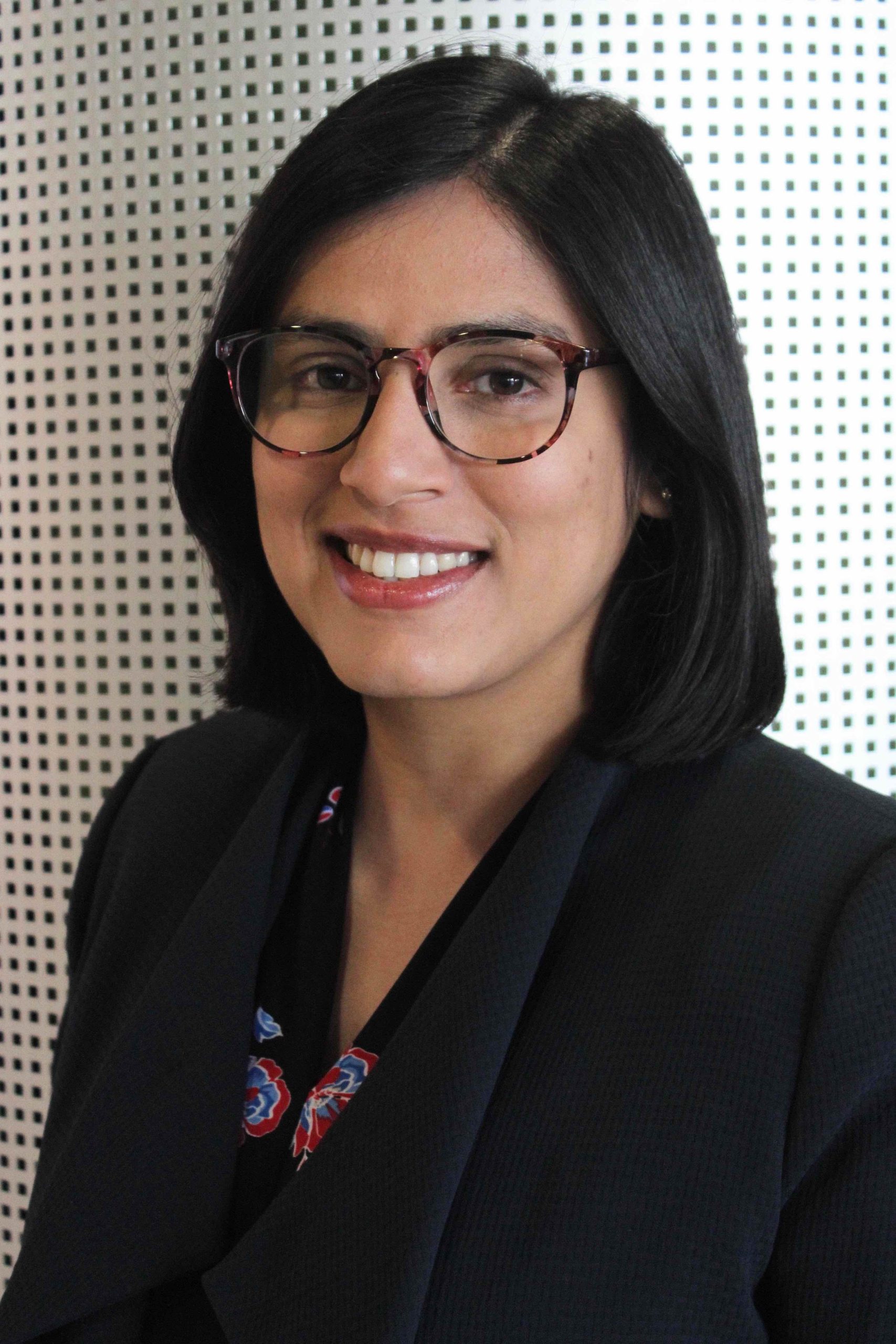
Prabhakar, Pavana
Pavana Prabhakar
Read more

Pavana Prabhakar
| Grant Category: | Fulbright-Nehru Academic & Professional Excellence Award (Research) |
| Project Title: | Enabling Green Composite Materials for Sustainability and a Circular Economy |
| Field of Study: | Materials Science |
| Home Institution: | University of Wisconsin-Madison, Madison, WI |
| Host Institution: | Indian Institute of Technology Madras, Chennai, Tamil Nadu |
| Grant Start Month: | September 2024 |
| Duration of Grant: | Nine months |
Brief Bio:
Dr. Pavana Prabhakar is the Charles G. Salmon Associate Professor in the departments of mechanical engineering and civil and environmental engineering at the University of Wisconsin-Madison where she leads the Manufacturing and Mechanics Lab. She received her PhD in aerospace engineering from the University of Michigan in 2013 and her MS in civil and environmental engineering from the University of California in 2008. She received her BTech in civil engineering from the National Institute of Technology Karnataka in 2007.
Dr. Prabhakar has more than 15 years of research and teaching experience in composite materials with a specific focus on mechanics and advanced manufacturing. Her vision is to advance fundamental science for engineering damage-tolerant and resilient lightweight structures and materials for diverse applications in the aerospace, marine, wind, and automotive sectors. Her research occurs at the intersection of solid mechanics, advanced manufacturing, materials science, and computational science, and has been published regularly in reputed journals like Composites Part B, Composites Science and Technology, Materials & Design, Composite Structures, and Communications Materials.
Dr. Prabhakar has received numerous awards for her research, including the prestigious NSF CAREER (2021), ONR Young Investigator Program (2019), and AFOSR Young Investigator Program (2015). She is also the recipient of the 2019 American Society for Composites’ Young Composites Researcher Award given to an early-career member of the composites community who has significantly impacted the science and technology of composite materials through sustained research efforts. She also serves as an associate editor for Composites Part B. She is actively involved in the American Society for Composites and serves on its executive board as the membership secretary.
Dr. Prabhakar’s Fulbright-Nehru project is conducting fundamental research toward enabling greener and more sustainable solutions for next-generation composite materials, particularly natural fiber-reinforced polymer (FRP) composites, a critical study and opportunity area. This project is set to establish the fundamental process–structure–property relationships of natural FRP composite materials, thereby accelerating their widespread use and durability.
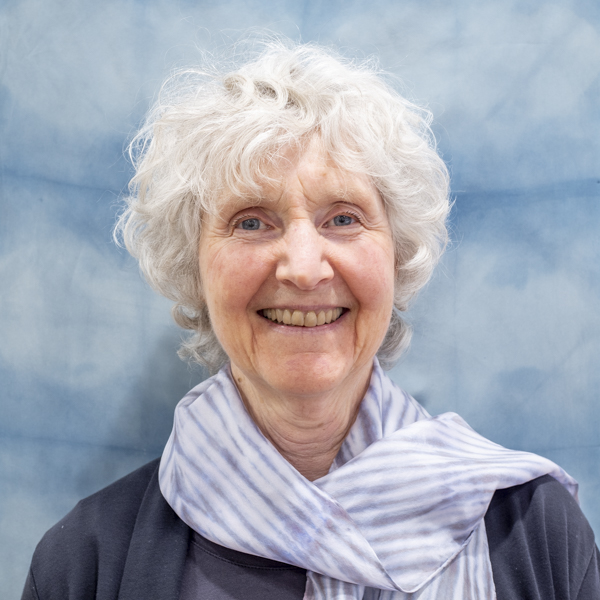
Singer, Shira
Shira Singer
Read more

Shira Singer
| Grant Category: | Fulbright-Nehru Academic & Professional Excellence Award (Research) |
| Project Title: | Stories in Cloth: Exploring Natural Dye Traditions in the Face of Rapid Environmental and Societal Change |
| Field of Study: | Arts |
| Home Institution: | At-Large, Bar Harbor, ME |
| Host Institution: | National Institute of Design, Ahmedabad, Gujarat |
| Grant Start Month: | October 2024 |
| Duration of Grant: | Five months |
Brief Bio:
Ms. Shira Singer is a textile artist, art educator, and art therapist living in Bar Harbor, Maine. She has been applying color and pattern to cloth for several decades, while also focusing on the historical, social, and cultural contexts of different textile traditions and mediums. For the past six years, she has been using locally grown or foraged vegetation and plant materials to make fabric dyes.
Ms. Singer has been a teaching artist in a wide variety of settings, including schools, community arts programs for children and adults, senior colleges, and art festivals. She taught elementary school art for 15 years in multi-age classrooms on islands off the coast of Maine.
Ms. Singer has also had the privilege of leading art education workshops and making art with people of all ages: in Bengaluru, India, with the Parikrma Humanity Foundation; in Ambon, Indonesia, with the Heka Leka Education Foundation; and in Muscat, Oman, with the Sidab Women’s Sewing Center. Her textile pieces have been exhibited in galleries and shows throughout the U.S. and her recent work appeared in the Fall 2023 journal of the Surface Design Association, International Exhibition in Print.
Moreover, as an art therapist, she has over 35 years of experience in facilitating therapeutic art expression in psychiatric hospitals, counseling centers, and schools, as well as through private practice. Ms. Singer received her BS in elementary education from Northwestern University and her MA in art therapy from The George Washington University.
Ms. Singer’s Fulbright-Nehru project is focusing on understanding how natural dyeing traditions in India are evolving in response to rapid environmental change and societal impacts in the post-COVID scenario. As part of her project, she is creating a body of expressive artwork on cloth informed by conversations, research, and training with individuals who are engaged in preserving traditional practices of natural dyeing and design.
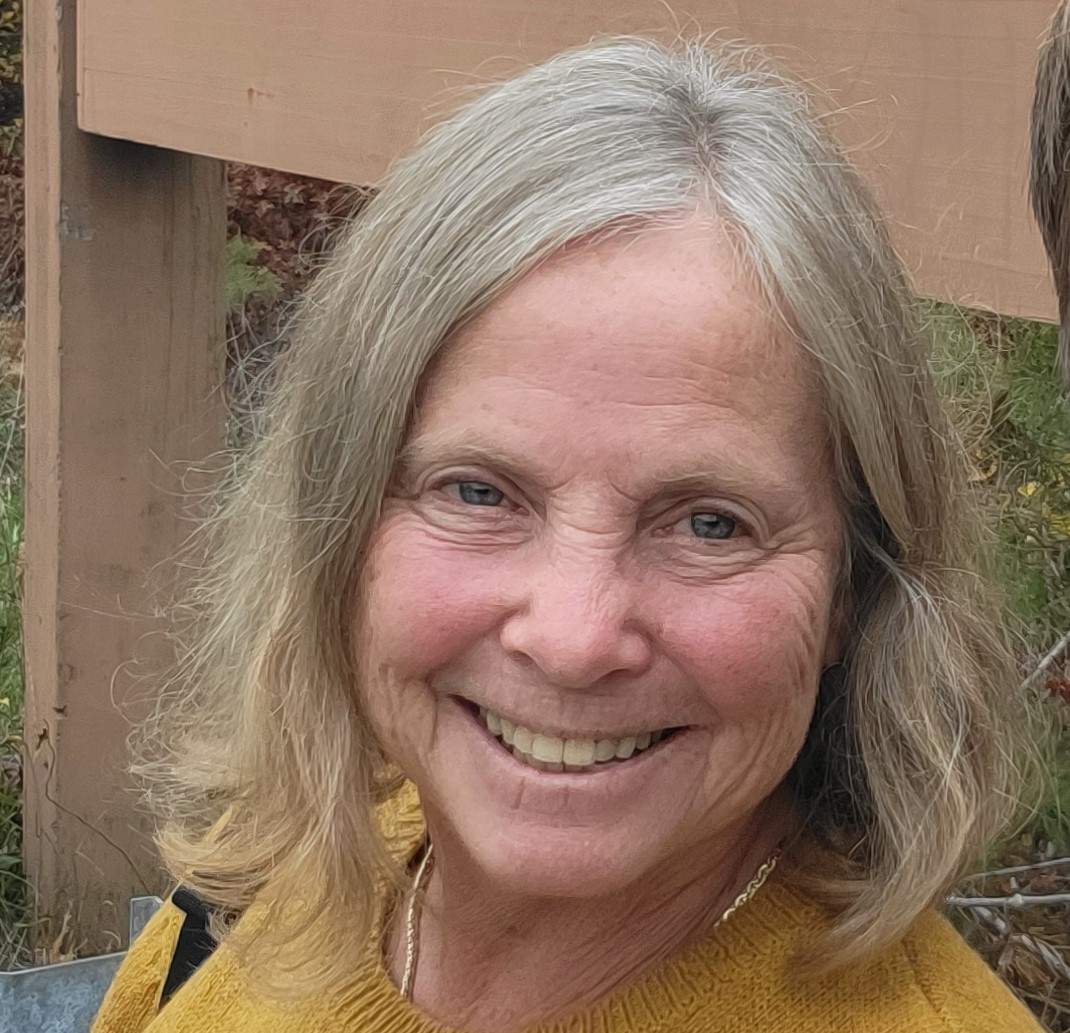
Slone, Ricca
Ricca Slone
Read more

Ricca Slone
| Grant Category: | Fulbright-Nehru Academic & Professional Excellence Award (Research) |
| Project Title: | Household Adoption of Appropriate Technology: Comparing Energy. Mobility, and Cooking Technologies |
| Field of Study: | Anthropology |
| Home Institution: | Northwestern University, Chicago, IL |
| Host Institution: | Indian Institute of Management Bangalore, Bengaluru, Karnataka |
| Grant Start Month: | August 2024 |
| Duration of Grant: | Four and a half months |
Brief Bio:
Prof. Ricca Slone has been teaching graduate public policy courses in Northwestern University’s School of Professional Studies for the past 12 years. Most recently, she taught an online course on Congressional procedure in Fall 2023. Before teaching at Northwestern University, Prof. Slone worked on water-supply issues for three years at the Environmental Law & Policy Center, a research and advocacy organization based in Chicago which works in several U.S. Midwestern states. From 1997 to 2005, Prof. Slone served four terms as a state representative in the Illinois House of Representatives, representing the 92nd district in central Illinois. She also chaired the Higher Education Appropriations Committee and was the vice chair of the Energy & Environment Committee.
As a senior scholar near the end of her working years, Prof. Slone hopes to rejuvenate the Sun Oven project by relaunching the assembling and marketing of solar ovens from a new location in Karnataka so that they can help women in South India who cook over wood fires.
Prof. Slone’s Fulbright-Nehru project is identifying strategies to overcome Indian cultural challenges to adopting renewable technologies. The framework for analysis is Nordgren and Schonthal’s friction theory (The Human Element, 2022). The project’s focus is on adoption of clean solar cooking by rural Indian women who otherwise cook over smoky fires, which is time consuming and causes respiratory diseases and deforestation. The research is a case study comparing the relative ease of adoption of the following technologies: wind turbines for energy; electric tuk-tuks for mobility; and solar ovens for cooking. Prof. Slone’s hypothesis is that cooking will encounter the most cultural resistance.
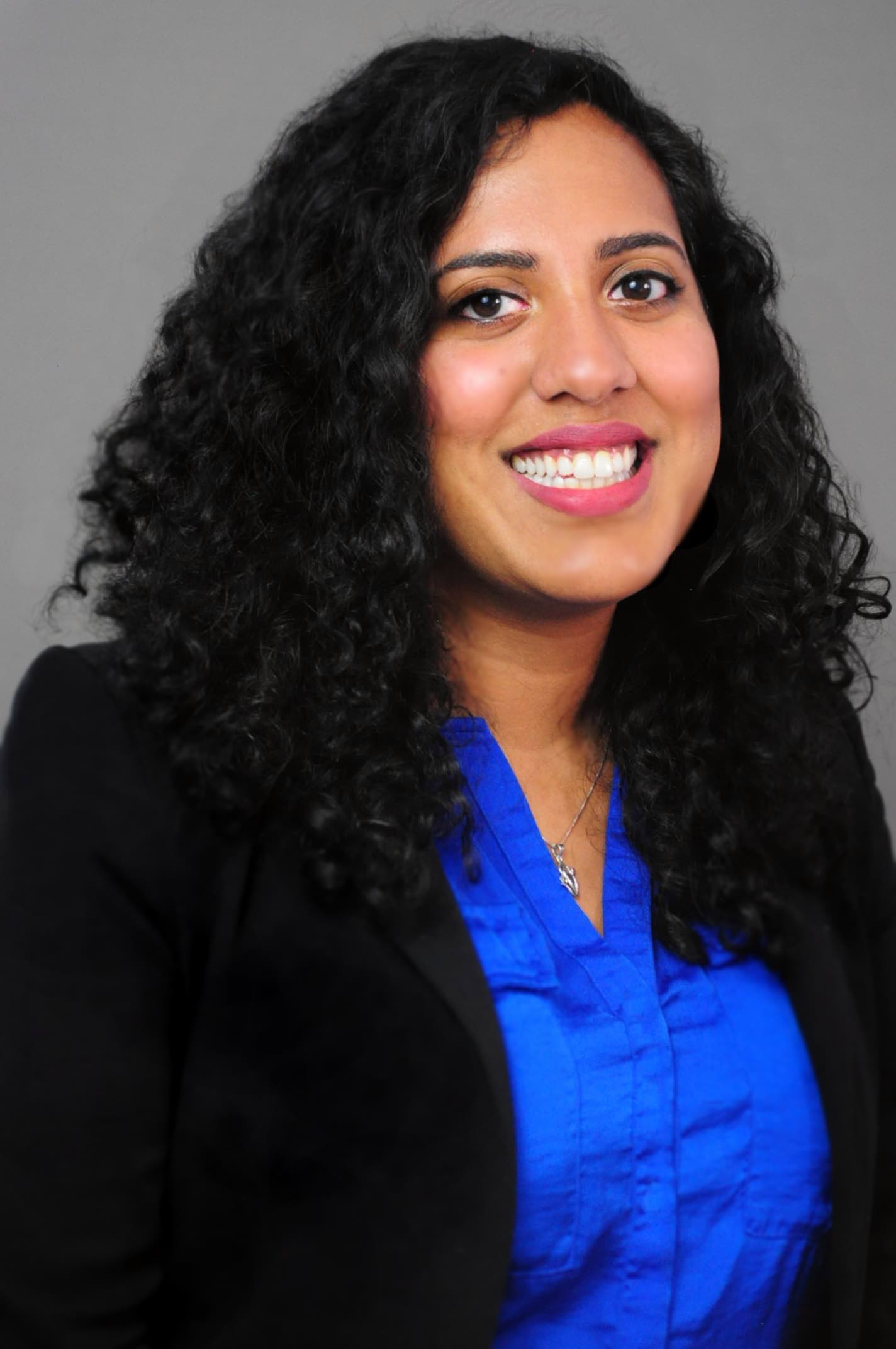
Taneja, Sonia
Sonia Taneja
Read more

Sonia Taneja
| Grant Category: | Fulbright-Nehru Academic & Professional Excellence Award (Research) |
| Project Title: | Parents as Youth Allies in Recovery (PYAR): Caregiver Perception of Medications for Opioid Use Disorder and HIV Prevention Services among Youth in India |
| Field of Study: | Public Health |
| Home Institution: | Boston University, Boston, MA |
| Host Institution: | Lady Hardinge Medical College (LHMC), New Delhi, Delhi |
| Grant Start Month: | March 2025 |
| Duration of Grant: | Six months |
Brief Bio:
Dr. Sonia Taneja is a general pediatrician at Boston Medical Center and a clinical instructor at Boston University’s Chobanian & Avedisian School of Medicine. She was most recently a chief resident at the Boston Combined Residency Program in Boston Medical Center and Boston Children’s Hospital, where she was engaged in curricular development for both domestic and global health equity education.
She holds a BA in psychology from Yale University and an MS in public health from the London School of Hygiene & Tropical Medicine. She is a former Parker Huang Research Fellow in India, where she conducted a mixed-methods study identifying the risk factors for mood disorders among caste-based sex workers in New Delhi and brothel-based sex workers in Kolkata and Patna. She obtained her MD from the Yale School of Medicine where she worked with the Elevate Policy Lab and the MOMS Partnership to replicate a community-based participatory research intervention for co-located social and mental health services for low-income parents.
In her Fulbright-Nehru project, she is continuing her work with adolescents and families in partnership with the Postgraduate Institute of Medical Education and Research in Chandigarh to develop a community-based participatory intervention mechanism to optimize medication-assisted therapy for opioid use disorder among adolescents in India. The goal of this research is to develop PYAR, or Parents as Youth Allies in Recovery, a family-centered behavioral intervention program designed to equip caregivers with skills to support medications for opioid use disorder (MOUD) and HIV prevention among young people who inject drugs (YPWID). Dr. Taneja is utilizing community-based participatory research methods to interview youth who are under-engaged or have recently ceased MOUD and their caregivers to elicit the following: knowledge and attitudes about MOUD and HIV prevention services; challenges faced by YPWID and caregivers in recovery; and the intervention components that youth and caregivers identify as most effective and acceptable.
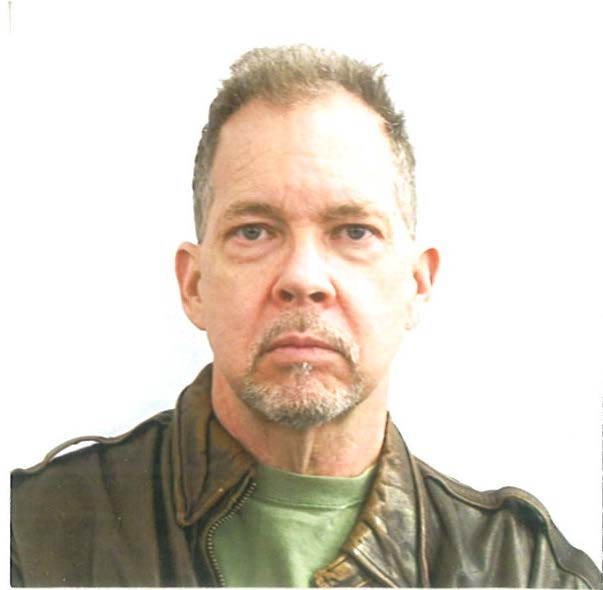
Belcher, William
William Belcher
Read more

William Belcher
| Grant Category: | Fulbright-Nehru Academic & Professional Excellence Award (Teaching & Research) |
| Project Title: | Forensic Anthropology/Archaeology Training and Field Operations in India |
| Field of Study: | Anthropology |
| Home Institution: | University of Nebraska-Lincoln, Lincoln, NE |
| Host Institution: | National Forensic Sciences University, Gandhinagar, Gujarat |
| Grant Start Month: | September 2024 |
| Duration of Grant: | Four months |
Brief Bio:
Dr. William Belcher is a forensic anthropologist and archaeologist in the School of Global Integrative Studies at the University of Nebraska-Lincoln (UNL). He manages the UNL Forensic Anthropology Research Laboratory as well as the undergraduate and graduate programs in forensic anthropology. Dr. Belcher consults and trains in identification efforts with local law enforcement within the State of Nebraska and beyond. Prior to coming to UNL in 2019, he retired as the deputy laboratory director of the US Defense POW/MIA Accounting Agency’s Central Identification Laboratory where he conducted forensic investigation, recovery, and identification efforts to support the US mission of missing-in-action identification and repatriation to family members. His research has been featured in numerous academic conferences in the U.S. and South Asia and in several publications.
Dr. Belcher’s Fulbright-Nehru project’s main goal is to provide a framework for building up the forensic anthropological/archaeological capacity of the National Forensic Sciences University in Gujarat. This involves three academic courses – in human osteology, forensic anthropology, and a field course in forensic archaeology – and is set to culminate in a field exercise of approximately five weeks in the north-eastern region of India associated with a U.S. World War II-era aircraft incident. Currently, there is no curriculum in the Republic of India in terms of archaeological recovery and excavation associated with crime scene investigation.
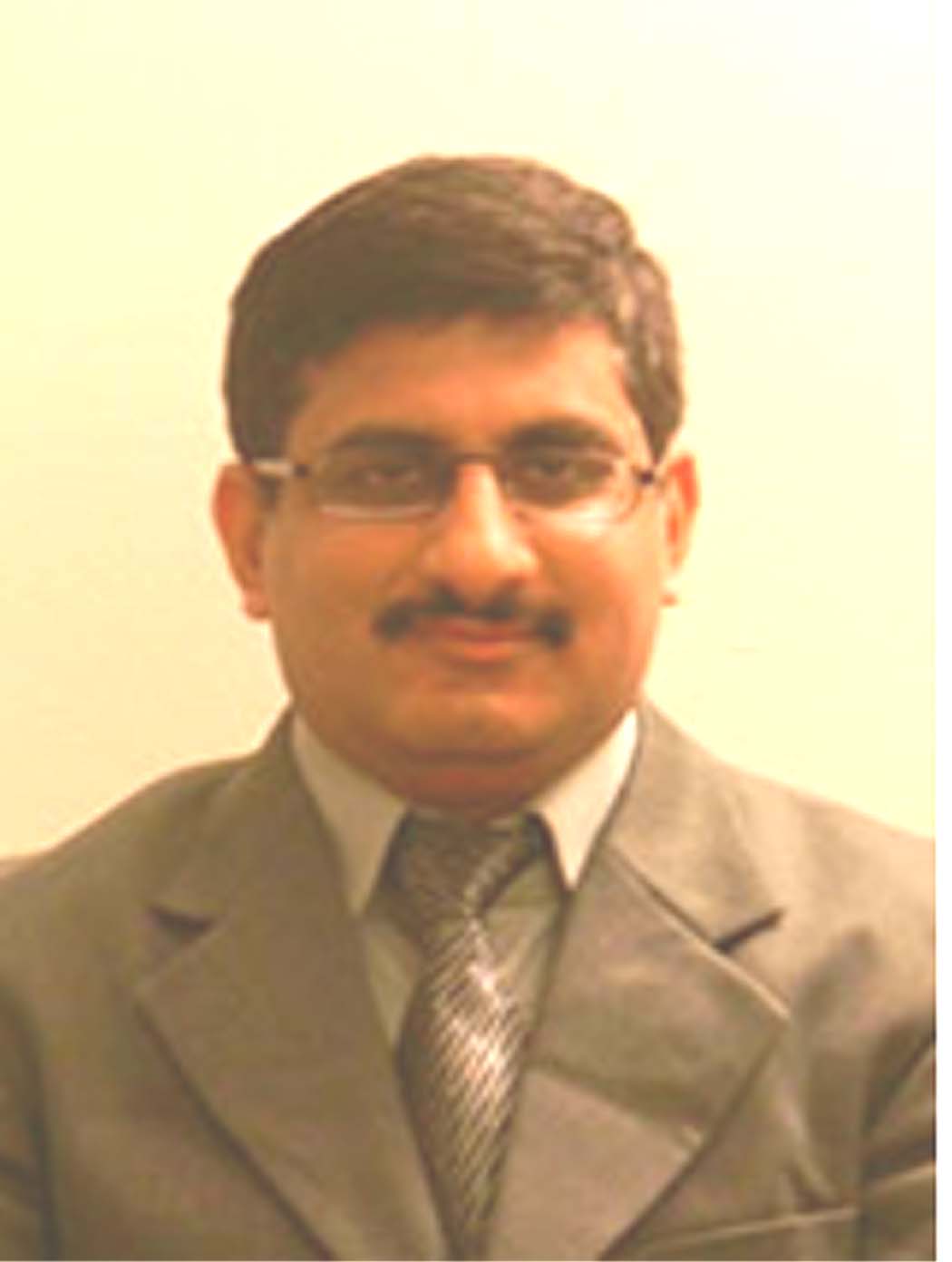
Chawla, Sanjeev
Sanjeev Chawla
Read more

Sanjeev Chawla
| Grant Category: | Fulbright-Nehru Academic & Professional Excellence Award (Teaching & Research) |
| Project Title: | Response Assessment in Glioblastomas Using Machine Learning Based on MRI and Molecular Signatures |
| Field of Study: | Medical Sciences |
| Home Institution: | University of Pennsylvania, Philadelphia, PA |
| Host Institution: | National Institute of Mental Health and Neurosciences, Bengaluru, Karnataka |
| Grant Start Month: | December 2024 |
| Duration of Grant: | Four months |
Brief Bio:
Dr. Sanjeev Chawla is a research assistant professor in the Department of Radiology, Perelman School of Medicine, University of Pennsylvania. He is also a medical physicist certified by the American Board of Medical Physics. The focus of Dr. Chawla’s research has been directed toward the development of metabolic and physiological MR imaging-derived biomarkers in making correct diagnosis and assessing treatment responses to established, novel, and emerging therapies in patients with brain tumor, head and neck cancer, and neurodegenerative diseases.
He has a master’s degree in chemistry from the Indian Institute of Technology Delhi and a PhD in radiology from Sanjay Gandhi Postgraduate Institute of Medical Sciences, Lucknow. He has authored 103 peer-reviewed original research/review articles and eight book chapters. He has been awarded research grants by agencies like the National Institute of Health/National Cancer Institute, the International Society for Magnetic Resonance in Medicine, and the Penn Center for Precision Medicine. Currently, he is leading two clinical trials related to electric field therapy in glioblastomas (NCT05086497) and evaluation of treatment response in the case of salivary gland tumors (NCT04452162).
Dr. Chawla is also an associate editor with the Journal of Translational Medicine and a reviewer for several leading scientific journals. Earlier, he was a guest editor with Frontiers in Neurology. He has also won the Outstanding Researcher Award in Neuroradiology from the Venus International Foundation and the Leadership and Mentorship Scholarship Award from the National Cancer Institute Awardee Skill Development Consortia.
Dr. Chawla’s Fulbright-Nehru project is building a robust, reproducible, and objective clinical decision support (CDS) tool by incorporating physiologic and metabolic MR imaging-derived parameters and molecular signatures combined with machine learning algorithms for assessing treatment response in glioblastoma patients receiving standard treatment as well as novel therapies. This tool will not only facilitate accurate and timely differentiation of true progression and pseudo progression in glioblastomas (precision diagnostics) but also allow clinicians to make “go/stop” decisions on therapeutic interventions (precision therapeutics). Additionally, it will help to relieve “scanxiety” among patients and their loved ones.
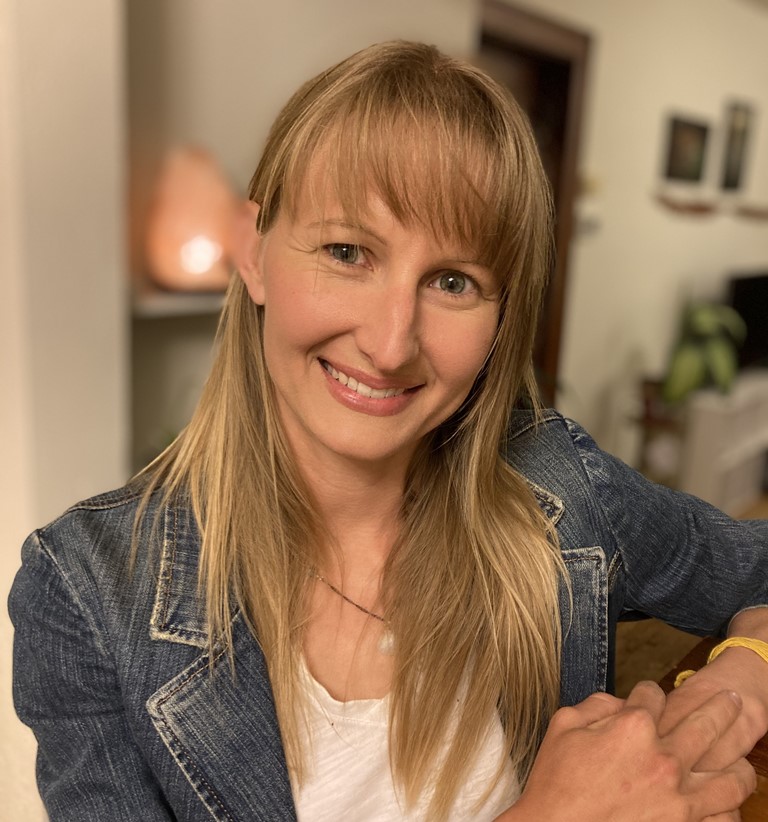
Clements, Kaylin
Kaylin Clements
Read more

Kaylin Clements
| Grant Category: | Fulbright-Nehru Academic & Professional Excellence Award (Teaching & Research) |
| Project Title: | Integration of Social Science for Zoonotic Disease Prevention in Rural Communities of India |
| Field of Study: | Public Health |
| Home Institution: | At-Large, Fort Collins, CO |
| Host Institution: | Centre for Wildlife Studies, Bengaluru, Karnataka |
| Grant Start Month: | March 2025 |
| Duration of Grant: | Nine months |
Brief Bio:
Dr. Kaylin Clements has a BS in environmental science and a BA in business administration from the University of Florida, and an MS in conservation leadership and a PhD in human dimensions of natural resources from Colorado State University (CSU). Her past work has included: applied quantitative and qualitative research on protected area management and community engagement in southern Belize; studying pro-environmental behaviors in Florida and Belize related to controlling the invasive lionfish; and social network analysis on a variety of social and environmental issues. Between graduate degrees, she served as a social scientist for the U.S. Fish and Wildlife Service. She has also served as a facilitator and research assistant for the Center for Public Deliberation at CSU, as an instructor in human dimensions of natural resources courses at CSU, and as a social network research assistant for the Institute for Research in the Social Sciences. Most recently, as a research social scientist fellow for the United States Geological Survey, she served as the partner engagement coordinator and as a co-chair of the National Early Detection and Rapid Response Framework to prevent the establishment of invasive species in the United States.
Her main research interests center around human dimensions of natural resources, which applies social science theory and methods to understand complex social–ecological systems. Specifically, she is interested in how social networks, cultural norms and models, and other social factors support or inhibit adoption of pro-environmental behaviors and collaboration. She is also passionate about teaching and building capacity in the social sciences to enhance the impacts of conservation work.
Dr. Clements’s Fulbright-Nehru project is applying social network research methods to investigate the networks of healthcare professionals, community leaders, and health information in communities adjacent to wildlife habitat in the Western Ghats. The analysis is identifying barriers and opportunities for improved access to health and safety services and information. In addition, a social science methods course is training natural scientists in Bengaluru and at the Centre for Wildlife Studies to integrate social science into their research and practice.
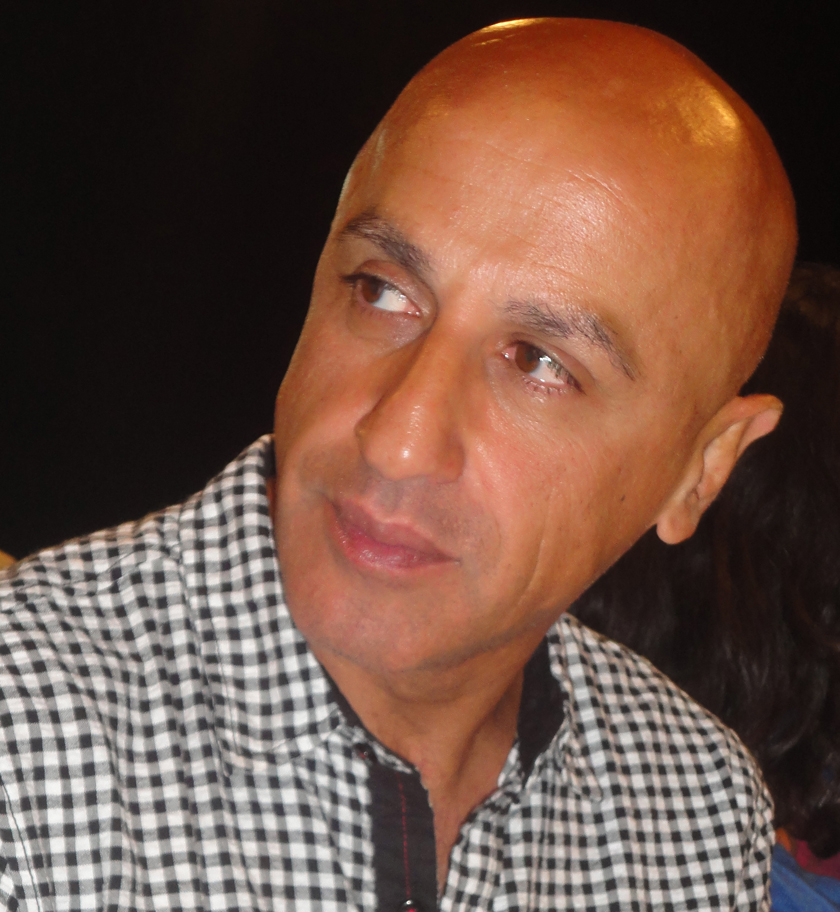
Frenn, Chawky
Chawky Frenn
Read more

Chawky Frenn
| Grant Category: | Fulbright-Nehru Academic & Professional Excellence Award (Teaching & Research) |
| Project Title: | Teach and practice art as a catalyst of change to address global challenges and mutual welfare |
| Field of Study: | |
| Home Institution: | Arts, Fairfax, VA |
| Host Institution: | Banaras Hindu University, Varanasi, Varanasi, Uttar Pradesh |
| Grant Start Month: | August 2024 |
| Duration of Grant: | Five months |
Brief Bio:
Born in Lebanon, Mr. Chawky Frenn emigrated to the United States in 1981. He is currently an associate professor at George Mason University in Fairfax, Virginia. He received a BFA from the Massachusetts College of Art and Design in Boston in 1985 and an MFA from the Tyler School of Art of Temple University in Philadelphia and Temple Abroad in Rome in 1988.
Mr. Frenn has exhibited his works in the United States, France, Germany, Italy, Lebanon, Paraguay, and India. He has participated in several museum exhibitions and his work is part of collections in places like MARe (Museum of Recent Art) in Bucharest and the Housatonic Museum of Art in Connecticut; it is also part of private collections.
Mr. Frenn has received numerous awards, including the Teaching Excellence Award from George Mason University and the Blanche E. Colman Award from the Mellon Trust in Boston. His work has received critical acclaim in publications like The New York Times, Art New England, and Boston Globe in the United States, and in An-Nahar, L’Orient-Le Jour, and The Daily Star in Lebanon.
Mr. Frenn is the author of two books, 100 Boston Artists (2013) and 100 Boston Painters (2012). His work has also appeared in 100 Artists of Washington, D.C, Male Nude Now, and Encyclopedia of Arab American Artists. Besides, there’s a monograph on his work, titled Art for Life’s Sake.
This is Mr. Frenn’s second Fulbright-Nehru Award; the first one was in 2017. In his current project, he is expanding cultural bridges initiated during his 2017 stint. The project involves: cultivating art as a voice for mutual understanding, social justice, and peace; teaching at Banaras Hindu University and building partnerships with artists; collaborating with students and colleagues to create an exhibit communicating individual voices on collective concerns; presenting lectures, panel discussions, and workshops at universities and art centers; guiding art education forward into new interdisciplinary perspectives; fostering global educational connections and artistic collaborations; and promoting student engagement and multicultural teaching opportunities between India and the United States.
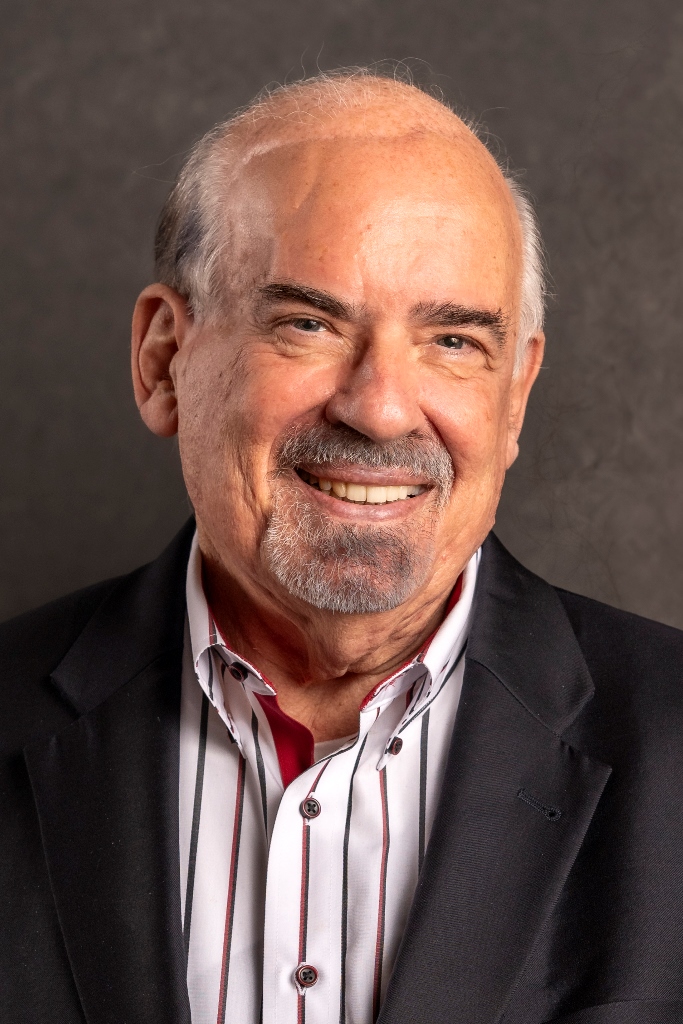
Halbreich, Uriel
Uriel Halbreich
Read more

Uriel Halbreich
| Grant Category: | Fulbright-Nehru Academic & Professional Excellence Award (Teaching & Research) |
| Project Title: | Applied Interdisciplinary Comprehensive Well-being in India`s Large Metropolitan Areas |
| Field of Study: | Medical Sciences |
| Home Institution: | University at Buffalo, Buffalo, NY |
| Host Institution: | Amrita Institute of Medical Sciences & Research Centre, Faridabad, Haryana |
| Grant Start Month: | January 2025 |
| Duration of Grant: | Four months |
Brief Bio:
Dr. Uriel Halbreich has been professor of psychiatry and director of bio-behavioral research at the School of Medicine and Biomedical Sciences of the University at Buffalo (UB) since 1985. He has served as president of three professional organizations: the International Society of Psychoneuroendocrinology (ISPNE); Hormones, Brain, and Neuropsychopharmacology (HBN); and the International Association of Women`s Mental Health (IAWMH, of which he is the founding president). He has also chaired educational committees of the International College of Neuropsychopharmacology (CINP), the Association of Medicine and Psychiatry (AMP), and the World Psychiatric Association (WPA) Section on Interdisciplinary Collaboration. Under the aegis of the CINP and WPA, he has conducted over 40 educational workshops in Europe, Asia, Africa, and South America.
Dr. Halbreich has also served as a visiting professor in Harvard University, which was followed by a 12-year stint with the same university as an executive consultant. He was also a visiting professor in Al-Quds University in Palestine and a teaching professor in the University of Pisa, Italy. He is also a recipient of US NIH grants and contracts as well as of over 50 grants and contracts from pharmaceutical companies. He has published 14 books and over 400 scientific articles and chapters. He is currently the editor-in-chief of the open-access journal, Academia Mental Health and Well-Being.
Dr. Halbreich’s current scientific interests are: interdisciplinary integrative comprehensive well-being with an emphasis on culturally sensitive and person-centered stress and resilience; neuropsychoparmacology; and biomarkers for affective disorders.
The UN states that three of the world’s largest metropolitan areas are in India – Delhi, Mumbai, and Kolkata. Urbanization in India is having an accelerated adverse impact on multiple aspects of well-being and health. Dr. Halbreich’s Fulbright-Nehru project is identifying the vulnerable populations in these megacities and locating the gaps in services involving bio-social interventions. This is being carried out by conducting culturally sensitive workshops on bio-social-economic interventions with mental health and primary care providers as well as with policymakers and the interested public. The expected results are enhanced awareness about the multiple aspects of well-being and the planting of seeds for sustainable bio-social services
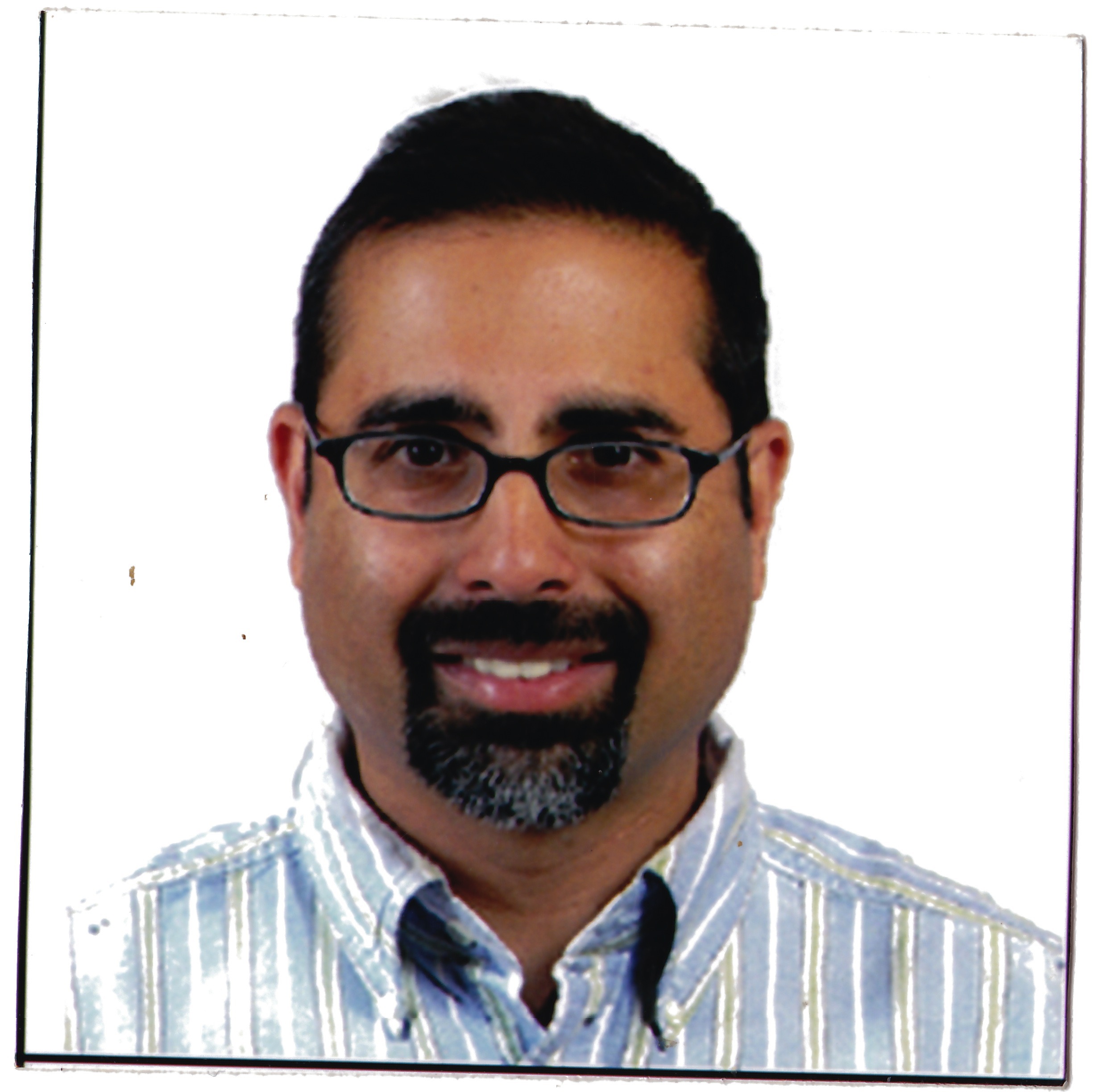
Hoon, Parakh
Parakh Hoon
Read more

Parakh Hoon
| Grant Category: | Fulbright-Nehru Academic & Professional Excellence Award (Teaching & Research) |
| Project Title: | Connecting Community, Vocational and Technical Education Across Borders: Jaipur, RJ and Olympia, WA |
| Field of Study: | Public Policy |
| Home Institution: | South Puget Sound Community College, Olympia, WA |
| Host Institution: | Bhartiya Skill Development University, Jaipur, Rajasthan |
| Grant Start Month: | August 2024 |
| Duration of Grant: | Nine months |
Brief Bio:
Dr. Parakh Hoon is a professor of political science at South Puget Sound Community College in Olympia, Washington. He earned a PhD in political science from the University of Florida, a master’s in international development from Brigham Young University, an MA in international relations from Jawaharlal Nehru University, and a BA from St. Stephen’s College, Delhi. His academic career includes faculty positions at American University, University of Massachusetts Amherst, Virginia Tech, California State University Long Beach, and Saint Martin’s University.
With over 25 years of diverse teaching and research experience, Dr. Hoon has significantly contributed to the fields of governance and policy, particularly in southern Africa. He has participated and co-led various international workshops, including the Africa-APSA workshop in Botswana in 2012, funded by the Andrew Mellon Foundation. His research employs a mixed-methods approach, integrating qualitative and quantitative techniques to study topics ranging from livelihood adaptation and climate change to wildlife conservation politics in southern Africa. His work has been published in scholarly journals such as African Studies Quarterly, Development Southern Africa, and Society & Natural Resources.
Jaipur, with its rich history of cultural syncretism, is serving as the backdrop for Dr. Hoon’s Fulbright-Nehru project. Dr. Hoon is examining vocational education frameworks by contrasting the community college model in the United States with the Swiss-German system at Bhartiya Skill Development University (BSDU) in Jaipur. He is leading a faculty community of practice, offering workshops and presentations on the politics and ethical use of generative artificial intelligence tools, assisting BSDU with curriculum development, and exploring industry partnerships, especially in green technologies like solar and wind. The project is also identifying vocational and technical programs between BSDU, South Puget Sound Community College, and community and technical institutions in the U.S. to foster faculty and student collaboration and exchange.
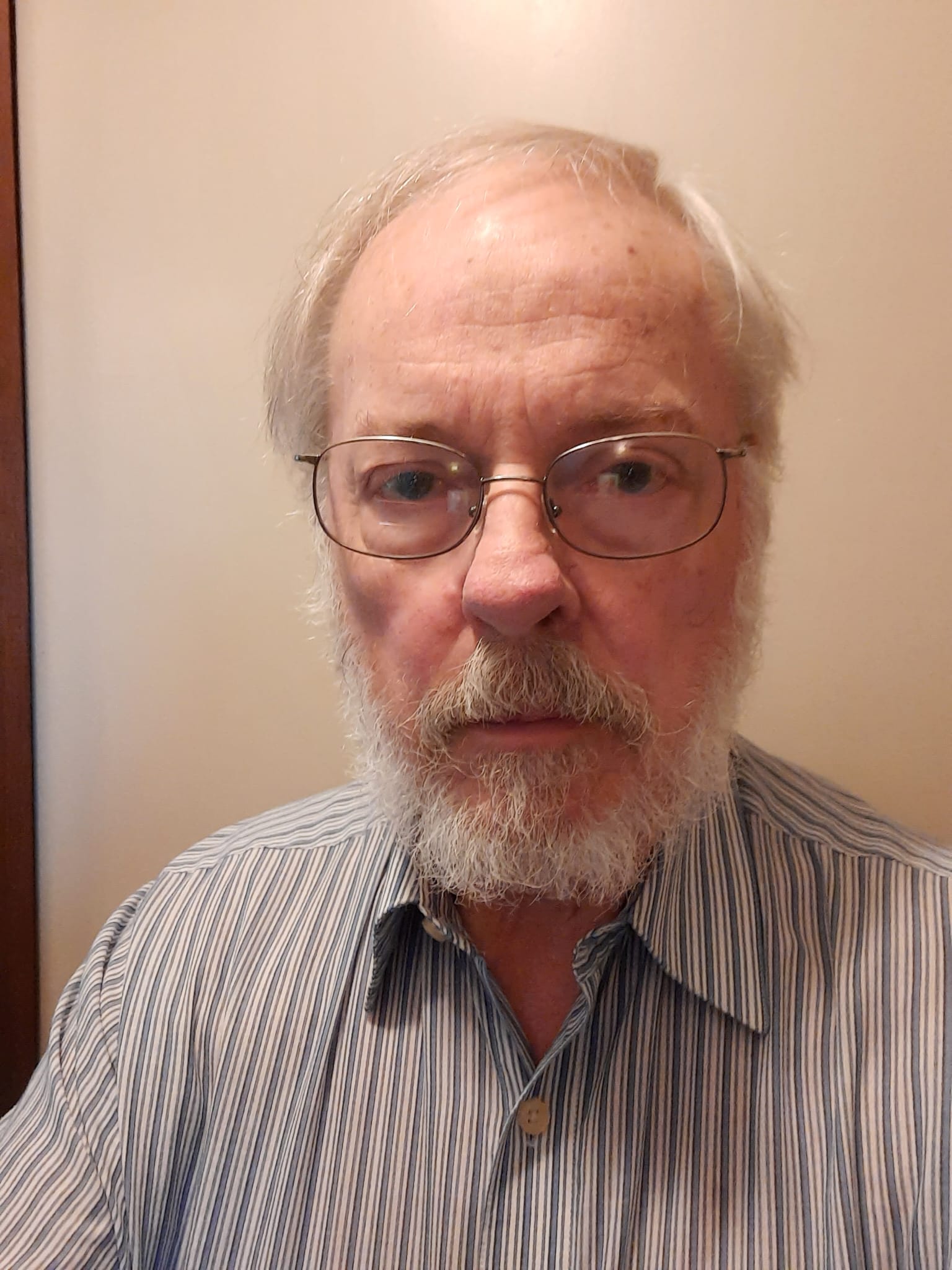
James, George
George James
Read more

George James
| Grant Category: | Fulbright-Nehru Academic & Professional Excellence Award (Teaching & Research) |
| Project Title: | The Origin, Vision, Activities, and Achievements of the Appiko Movement of the State of Karnataka |
| Field of Study: | Environmental Sciences |
| Home Institution: | University of North Texas, Denton, TX |
| Host Institution: | JSS Academy of Higher Education and Research, Mysuru, Karnataka |
| Grant Start Month: | September 2024 |
| Duration of Grant: | Five months |
Brief Bio:
Prof. George James received his PhD in history and philosophy of religion from Columbia University in 1983. He served on the faculty of the University of North Texas from 1983 until his retirement and appointment as Professor Emeritus in 2020. In addition to his research on the activism and environmental philosophy of Sunderlal Bahuguna, titled Ecology Is Permanent Economy (State University of New York Press, 2013; Motilal Banarsidass, 2020; Hindi transl., 2022, Kannada transl., 2022), he is the author of Interpreting Religion (Catholic University of America Press, 1995), a study of phenomenological approaches to religion, and the editor of a volume of essays titled Ethical Perspectives on Environmental Issues in India (APH Publishing Corporation, 1999). For the past 30 years, he has been researching and publishing in the areas of comparative environmental philosophy and environmental movements in India. His research has been published in such journals as Zygon, International Philosophical Quarterly, and Worldviews. He has also contributed to the Encyclopedia of Religion, the Encyclopedia of Religion and Nature, and the Encyclopedia of Environmental Ethics and Philosophy. He is interested in the relationship between the environmental values embedded in Indian religious traditions and environmental movements in India.
The Appiko Movement of Karnataka emerged in 1983 as a response to the degradation of the natural forests of the Western Ghats. Inspired by the non-violent ways of the Chipko Movement of the Western Himalaya, Appiko supported the forest biodiversity that sustained village economies. The concern for forest diversity led to projects that addressed the issue of the income of the forest dwellers. It also initiated legislation that limited environmental degradation in the Western Ghats and endorsed village sustainability. In his Fulbright-Nehru project, Dr. James is employing archival research, interviews, and visits to Appiko project sites to produce a monograph on the origin, development, and achievements of the movement.
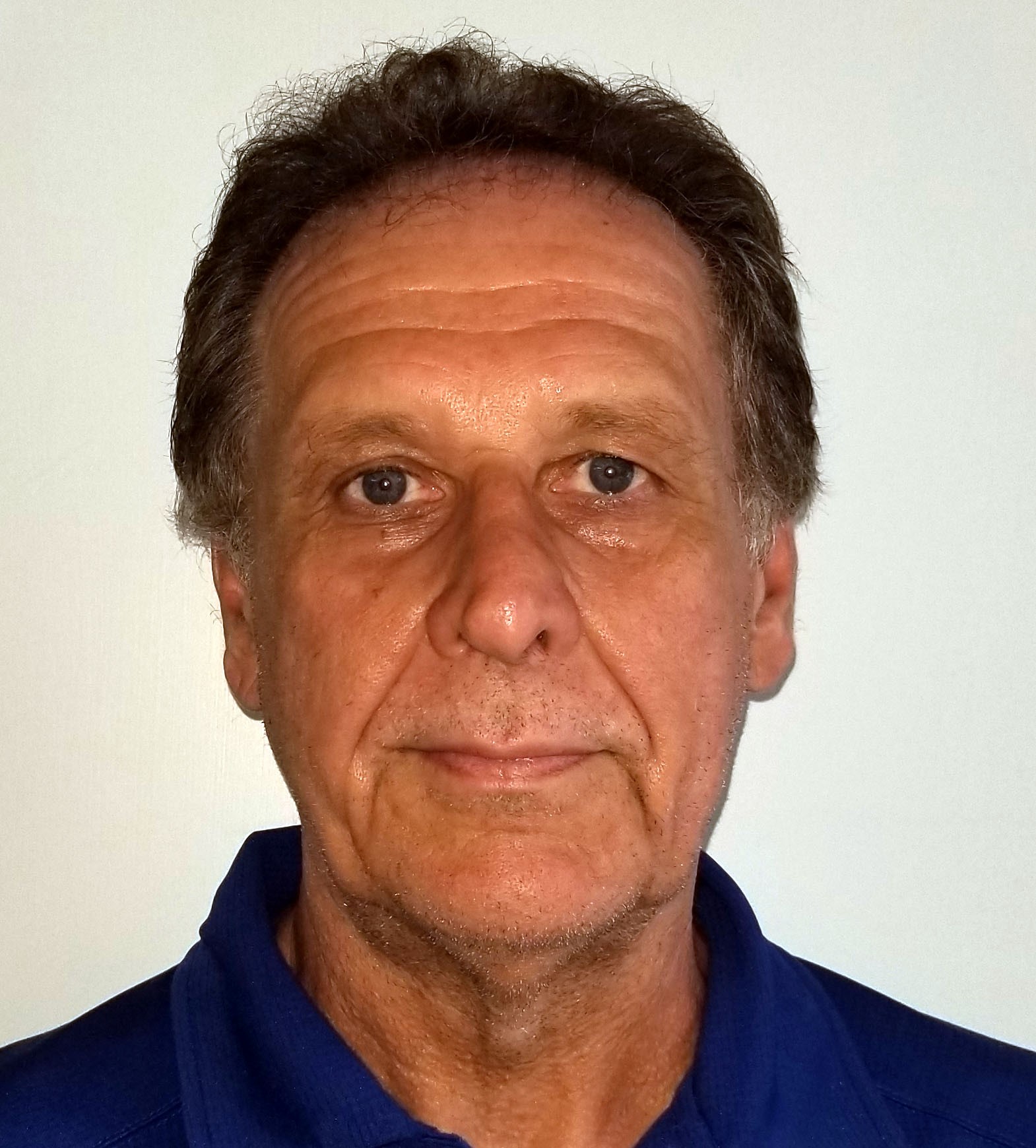
Meert, Joseph
Joseph Meert
Read more

Joseph Meert
| Grant Category: | Fulbright-Nehru Academic & Professional Excellence Award (Teaching & Research) |
| Project Title: | The Vindhyan Basin Age Paradox: A Multidisciplinary Approach |
| Field of Study: | Geology |
| Home Institution: | University of Florida, Gainesville, FL |
| Host Institution: | University of Rajasthan, Jaipur, Rajasthan |
| Grant Start Month: | November 2024 |
| Duration of Grant: | Four months |
Brief Bio:
Dr. Joseph Meert, originally from Jackson, Michigan, completed his bachelor’s (1986) and master’s (1988) in geology from the University of Florida. He got his PhD in geology from the University of Michigan in 1993. The focus of his doctoral work was on Precambrian tectonics and paleogeographic reconstructions. Dr. Meert completed a short (eight-month) postdoctoral fellowship at the same institution before assuming an assistant professorship at Indiana State University in Terre Haute, Indiana, until 2001. Following a one-year sabbatical to Norway and France, he moved to the University of Florida in Gainesville where he is currently a professor and undergraduate coordinator in geological sciences. Dr. Meert and his wife are celebrating their 30th year of marriage and are proud parents of Joseph, Brian, and Alex. They enjoy raising butterflies and bluebirds in their garden.
Dr. Meert’s research on Earth’s paleogeography has continued apace with a focus on the assembly of Peninsular India between 2.3 to 0.5 billion years ago. He has worked on five continents and published more than 170 articles and book chapters. His research in India has garnered international press attention. Most recently, he was featured in New York Times (Forget the Fossil Error It isn’t the First) and the French magazine Science & Vie (“ERREUR sur les fossile!”). Dr. Meert is also a fellow of the Geological Society of America and has served as president and vice president of the International Association for Gondwana Research.
Dr. Meert’s Fulbright-Nehru project in India is examining the Vindhyan sedimentary basin in both Rajasthan and the Son Valley region to solve a long-standing conundrum regarding the age of the rocks and their role in India’s geological history. His research is using the study of fossil magnetism to determine their past location and geochronology to provide a temporal framework. He is also teaching a short course in paleogeography and paleomagnetism at his host institution and hopes to generate student interest in these fields.
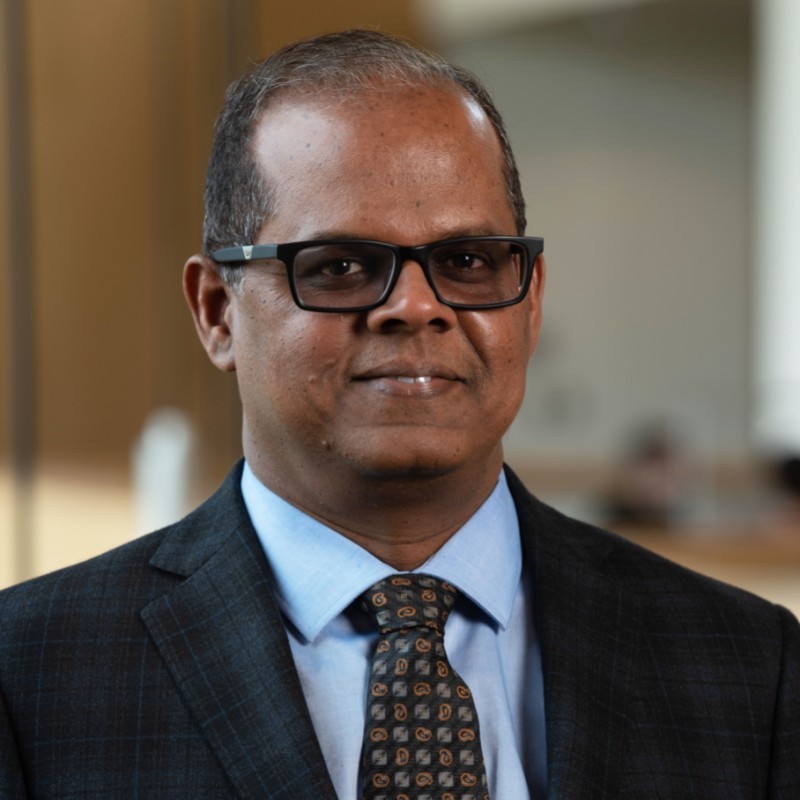
Muppidi, Sundeep
Sundeep Muppidi
Read more

Sundeep Muppidi
| Grant Category: | Fulbright-Nehru Academic & Professional Excellence Award (Teaching & Research) |
| Project Title: | Local Policy and Global Influence: A Political Economy Study of Telugu Creative Media Industries |
| Field of Study: | Communications |
| Home Institution: | University of Hartford, Hartford, CT |
| Host Institution: | University of Hyderabad, Hyderabad, Telangana |
| Grant Start Month: | July 2024 |
| Duration of Grant: | Seven months |
Brief Bio:
Dr. Sundeep Muppidi is a tenured professor of communication in the College of Arts and Sciences. He has close to 30 years of global experience in administration, research, film-making, and teaching. His research and teaching interests are in global communication, emerging media technologies, Indian cinema, and communication for social change. He has a doctorate in mass communication from Bowling Green State University, Ohio. He has four co-authored/edited books and has published over 50 book chapters and journal articles.
Dr. Muppidi served as the associate provost/director of special programs at Eastern Connecticut State University. At the University of Hartford, he held leadership positions like the special assistant provost for strategic initiatives. At the College of Arts and Sciences, he has been the director of the School of Communication. Dr. Muppidi has also served as the secretary general of the Asian Media Information and Communication Center in Singapore. In his administrative capacities, he has led efforts in strategic planning, academic program review, accreditation, fund-raising, educational technology, institutional review, and faculty development.
Dr. Muppidi is a trained peer reviewer for the Center for Teaching Excellence and Innovation. In 2021, he was honored with the Oscar and Shoshana Trachtenberg Award for distinguished service to the University of Hartford. He was also a fellow of the American Council on Education and a fellow of the Journalism and Mass Communication Leadership Institute for Diversity of the AEJMC; besides, he is an alumnus of the Management Development Program at Harvard University.
In the last decade, the creative media industries in Telugu have registered an increased pan-Indian and global presence. Dr. Muppidi’s Fulbright-Nehru project is a political economy case study on the Telugu television, film, animation, and other creative media/communication industries in the state of Telangana. The research’s focus is on understanding the factors driving planning and decision-making about local production and digital distribution, as well as their complex networks, along with understanding what goes into their global marketing strategies. This project will help advance disciplinary knowledge in global media and communication regarding regional language-based global media industries.
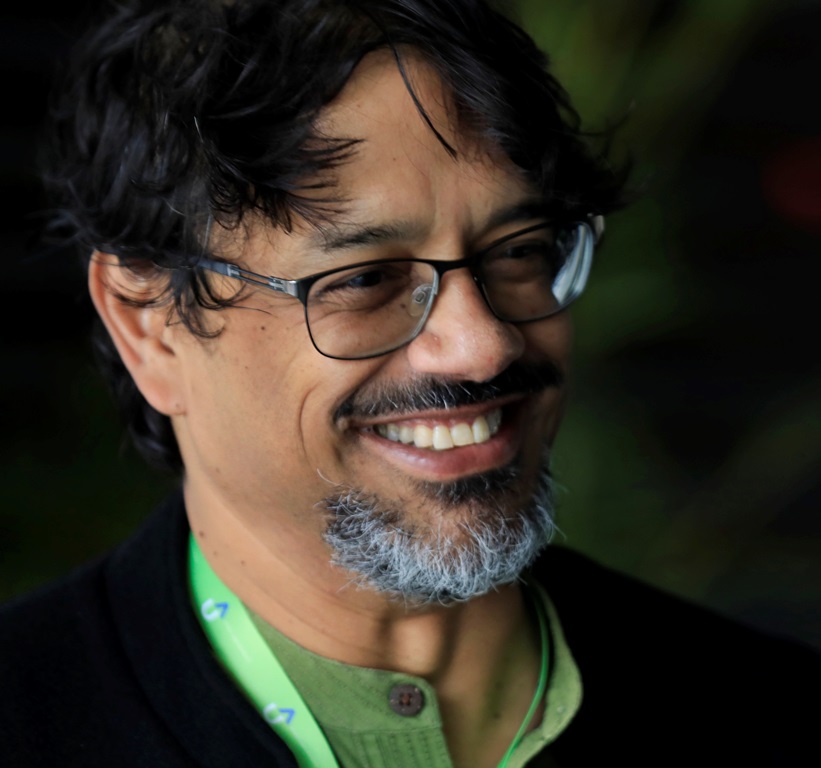
Pattanayak, Arjendu
Arjendu Pattanayak
Read more

Arjendu Pattanayak
| Grant Category: | Fulbright-Nehru Academic & Professional Excellence Award (Teaching & Research) |
| Project Title: | Developing a 21st-century Quantum Physics Course in India for the Liberal Arts Context |
| Field of Study: | Physics |
| Home Institution: | Carleton College, Northfield, MN |
| Host Institution: | Ashoka University, Sonipat, Sonipat |
| Grant Start Month: | August 2024 |
| Duration of Grant: | Four and a half months |
Brief Bio:
Prof. Pattanayak is a mathematical and computational physicist with over 30 peer-reviewed publications on problems in irreversibility and entropy in complex dynamics, with a focus on quantum systems (“quantum thermodynamics” or “quantum chaos”). He got his undergraduate degree from St. Stephen’s College, Delhi University, his master’s from Brown University, and his PhD from The University of Texas at Austin. After his postdoctoral training at the University of Toronto and a visiting position at Rice University, he has been with Carleton College since 2001 where students from his group have helped build the now-burgeoning quantum information industry. His recent research has shifted to also include biophysics, and explores applied and interdisciplinary complexity alongside challenging thermodynamics questions about the statistical mechanics of cell fates using innovative information theory approaches and tools.
Prof. Pattanayak has served as chair of his department and as an associate dean of the college. He has also co-organized conferences on liberal arts universities in India as well as led study abroad programs to India. He has held fellowships at the Kavli Institute for Theoretical Physics in Santa Barbara twice. He has also been hosted for long-term research and teaching visits by the Max Planck Institute for the Physics of Complex Systems in Dresden, the National University of Singapore, the University of Insubria in Como, the University of Perugia, and the University of New Mexico.
For his Fulbright-Nehru project, Prof. Pattanayak is teaching a course at Ashoka University on contemporary topics in quantum physics by advancing beyond the typical undergraduate quantum course to introduce students to the rapidly growing frontiers of quantum information and quantum computing technology. This will build on his previous work at Carleton and involve Ashoka students in creating a strong course for future students at both institutions, as well as enable others to teach it in the long run by sharing elements of the final course with the broader community. Prof. Pattanayak also hopes to seed bilateral research and pedagogy exchanges and long-term connections between Ashoka and Carleton.
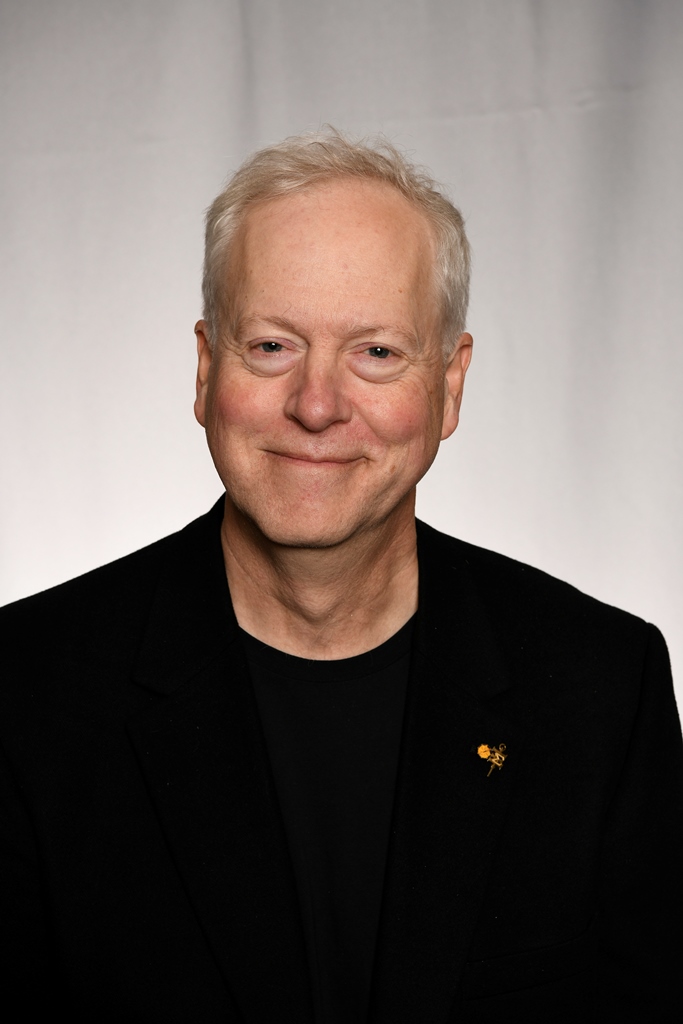
Pennock, Robert
Robert Pennock
Read more

Robert Pennock
| Grant Category: | Fulbright-Nehru Academic & Professional Excellence Award (Teaching & Research) |
| Project Title: | Scientific Virtues and Scientific Temper |
| Field of Study: | Philosophy |
| Home Institution: | Michigan State University, East Lansing, MI |
| Host Institution: | Indian Institute of Science Education Research, Pune, Maharashtra |
| Grant Start Month: | December 2024 |
| Duration of Grant: | Seven and a half months |
Brief Bio:
Dr. Robert Pennock is University Distinguished Professor at Michigan State University where he is on the faculty of Lyman Briggs College, the departments of philosophy, computer science, and engineering, and the ecology, evolution, and behavior program. He received a BA with honors in philosophy and biology from Earlham College in 1980 and a PhD in history and philosophy of science from the University of Pittsburgh in 1991. His research involves both empirical and philosophical questions that relate to evolutionary biology, cognitive science, and the scientific character virtues. He was an expert witness in the Kitzmiller v. Dover Area School Board intelligent design creationism case. He also develops software to help students learn about evolution and the nature of science using digital organisms. He is a co-founder of BEACON, an NSF Center for the Study of Evolution in Action, and he also directs the Vocational Virtues Project. He is the principal investigator (PI) of the VERITIES Initiative, which aims to implement a virtue-based approach to RCR (responsible conduct of research) training at scale; he is also the PI of the largest national study of the scientific ethical mindset. Dr. Pennock is a senior fellow and a past president of Sigma Xi and a fellow of the American Association for the Advancement of Science. His book Tower of Babel: The Evidence against the New Creationism was nominated for the Pulitzer Prize and the National Book Award. His latest book is An Instinct for Truth: Curiosity and the Moral Structure of Science.
In his Fulbright-Nehru project, Dr. Pennock is conducting a small-scale replication of his sociological/philosophical study of scientists’ views about the character virtues that are important for scientific research. These data will help gain an understanding about the scientific mindset and what scientific values are shared across cultures. Aspects of this idea of the scientific mindset were anticipated by India’s first prime minister, Jawaharlal Nehru’s notion of “scientific temper” and this project is exploring that connection philosophically and empirically. He is also giving talks and leading workshops on scientific virtue and responsible conduct of research for graduate students and faculty.
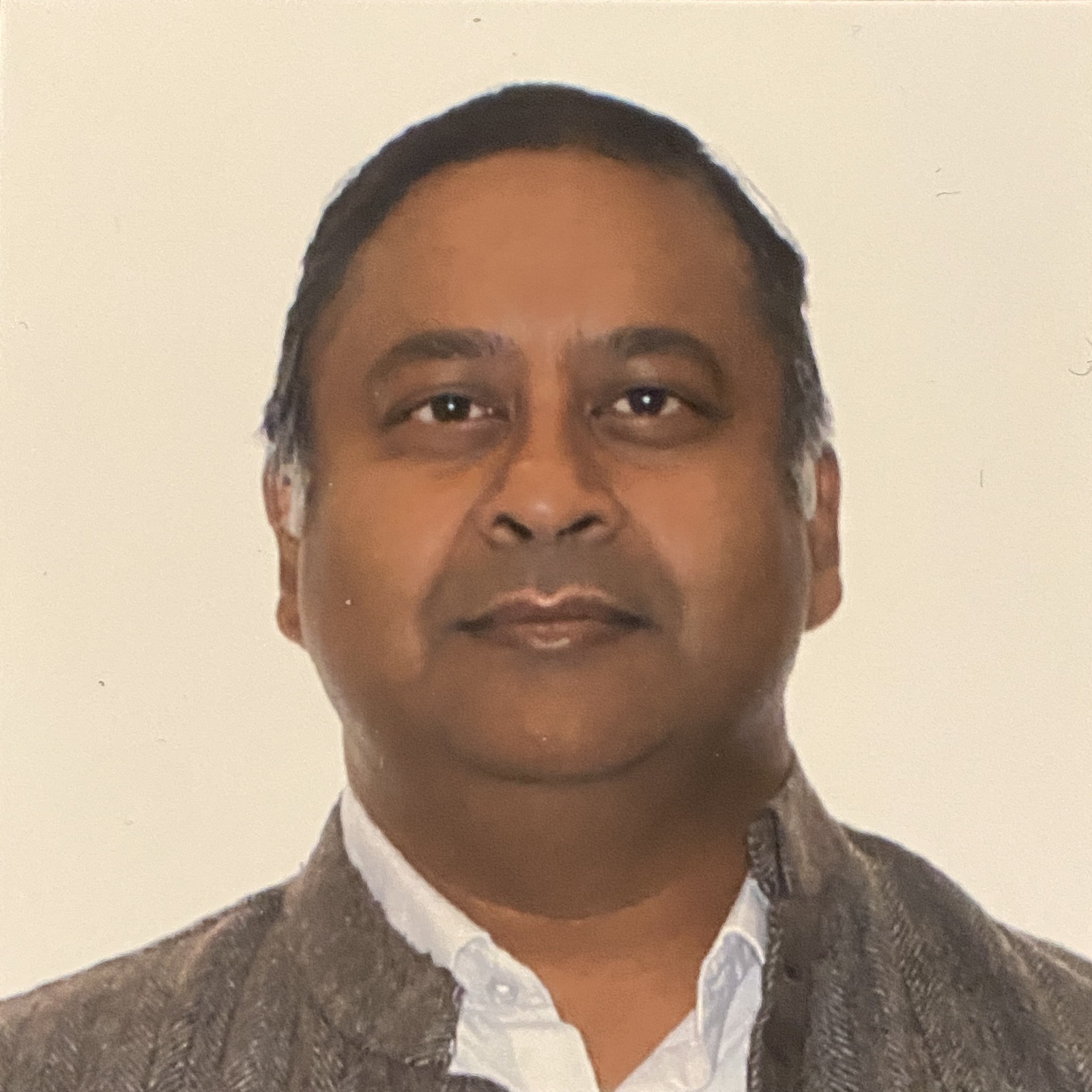
Reddy, Srinivas
Srinivas Reddy
Read more

Srinivas Reddy
| Grant Category: | Fulbright-Nehru Academic & Professional Excellence Award (Teaching & Research) |
| Project Title: | Transcribing Traditional Indian Music for Modern Educational Spaces |
| Field of Study: | Music |
| Home Institution: | At-Large, Providence, RI |
| Host Institution: | Indian Institute of Technology, Gandhinagar, Gujarat |
| Grant Start Month: | August 2024 |
| Duration of Grant: | Eight months |
Brief Bio:
Mr. Srinivas Reddy is a scholar, translator, and musician. He studied classical South Asian languages and literatures at UC Berkeley and currently teaches at Brown University and IIT Gandhinagar. His research in South Asian studies ranges over multiple disciplines, including translation studies, history, cultural studies, and musicology, but his foundation lies in the reading and translation of classical Indian texts. He has published numerous scholarly articles and four books: Giver of the Worn Garland (Penguin, 2010); The Dancer and the King (Penguin, 2014); The Cloud Message (Penguin, 2017); and Raya (Juggernaut, 2020). His forthcoming book, Illuminating Worlds: Anthology of Classical Indian Literature, is set to be released in 2024. Mr. Reddy is also a concert sitarist and spends his time performing, teaching, and conducting research around the world. His performances can be viewed at: http://www.sankalpana.org/
Mr. Reddy’s Fulbright-Nehru project is exploring the ways in which traditional oral repertoires of raga music were transcribed into written manuals for general instruction in late colonial India. Early texts like Maula Bakhsh’s Sangitanubhav (1888), Hazrat Inayat Khan’s Minqar-i-Musiqar (1912), and V.N. Bhatkhande’s Hindusthani Sangeet Padhdhati (1910–32) all enshrined traditional raga music compositions in fixed and printed notational forms. Mr. Reddy is revisiting this rich archive of educational materials with the critical ear of a practicing musician and a modern-day raga music educator.

Romano, Carlin
Carlin Romano
Read more

Carlin Romano
| Grant Category: | Fulbright-Nehru Academic & Professional Excellence Award (Teaching & Research) |
| Project Title: | American Pragmatism’s Relation to Indian Philosophy, Law, Literature, and Culture |
| Field of Study: | Philosophy |
| Home Institution: | University of Pennsylvania, Philadelphia, PA |
| Host Institution: | Ashoka University, Sonipat, Haryana |
| Grant Start Month: | January 2025 |
| Duration of Grant: | Nine months |
Brief Bio:
Prof. Carlin Romano teaches media theory and philosophy at the University of Pennsylvania. He is the author of America the Philosophical (Alfred A. Knopf/Vintage), described by the Los Angeles Review of Books as “Massive, impressive and indispensable…perhaps the best history of American philosophy of the past half-century”, and by National Public Radio as “dauntingly brilliant”. He is also the editor and contributor to Philadelphia Noir, a collection of original short stories in the highly praised Akashic Noir series.
As a journalist, literary critic, and public intellectual, Prof. Romano has held many prominent positions, including being the president of the National Book Critics Circle, literary editor and literary critic for 25 years for The Philadelphia Inquirer, and critic-at-large for several reputed publications. His criticism has appeared in the New York Times, the New Yorker, the Nation, the Wall Street Journal, the American Scholar, and the Village Voice. Prof. Romano has been a Guggenheim Fellow, a Nieman Fellow at Harvard, Distinguished Visiting Scholar at Peking University’s Institute for Advanced Humanistic Studies, the First Foreign Philosophy Visiting Fellow at Fudan University, a Fulbright Scholar to Germany and Russia, and a Pulitzer Prize Finalist in Criticism, who was cited by the Pulitzer Board for “bringing new vitality to the classic essay across a formidable array of topics”.
As a philosopher, Prof. Romano has taught at prestigious institutions like Yale, the University of Pennsylvania, and St. Petersburg State University. He is the author of the main article, “East Asian Philosophy of Religion”, in the International Encyclopedia of Philosophy of Religion and of an article on Umberto Eco in the Oxford Encyclopedia of Aesthetics.
As a pragmatism scholar, Prof. Romano is writing a book entitled Over There: The Internationalization of American Philosophy. Through the Fulbright-Nehru project, the book is extending its territory to India. Prof. Romano is also studying how Bhimrao Ambedkar, John Dewey’s most influential Indian student, shaped Indian law and politics. Besides, he is probing and analyzing modern Indian philosophy, cinema, literature, TV, and journalism to identify pragmatist elements and resonances.
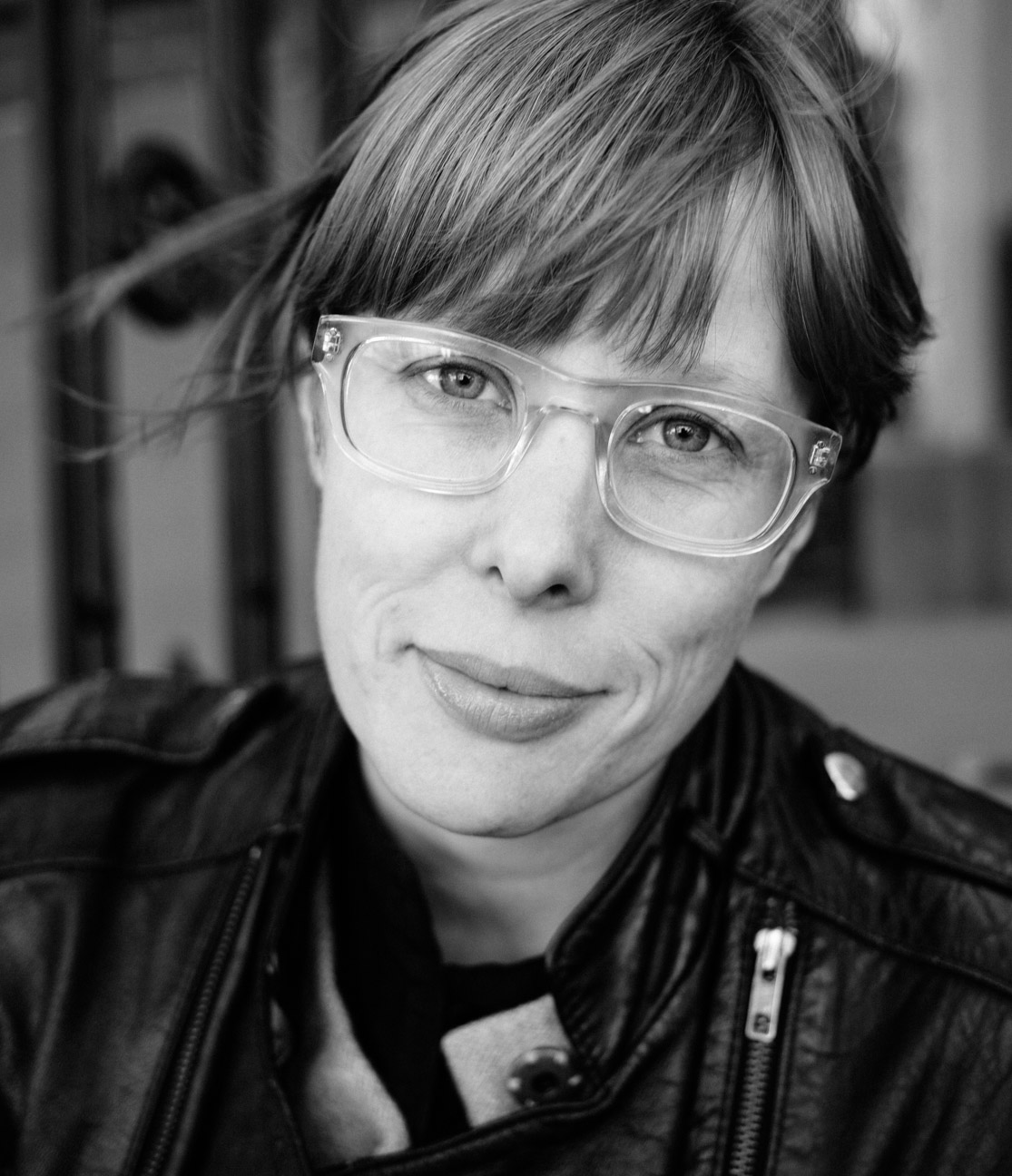
Schwabe, Liesl
Liesl Schwabe
Read more

Liesl Schwabe
| Grant Category: | Fulbright-Nehru Academic & Professional Excellence Award (Teaching & Research) |
| Project Title: | Writing at the Center |
| Field of Study: | Writing |
| Home Institution: | Berkshire Community College, Pittsburgh, MA |
| Host Institution: | Institute of Language Studies and Research, Kolkata, West Bengal |
| Grant Start Month: | September 2024 |
| Duration of Grant: | Nine months |
Brief Bio:
Ms. Liesl Schwabe is a writer and educator. Her essays have appeared in The New York Times, The Washington Post, The Los Angeles Review of Books, Words Without Borders, and LitHub. She was awarded the 2020 Donald Murray Prize and her work has been nominated for a Pushcart Prize.
Ms. Schwabe has been a Fulbright-Nehru Scholar and was a scholar associate at the Institute of Language Studies and Research Kolkata, where she facilitated writing workshops for the faculty and graduate students. In 2024, she was named an English Language Specialist by the U.S. Department of State. Formerly the director of the Writing Program at Yeshiva College, she currently oversees the Writing Center and the Writing Across the Curriculum program at Berkshire Community College. She holds an MFA in nonfiction from the Bennington Writing Seminars.
The teaching portion of Ms. Schwabe’s Fulbright-Nehru project involves setting up writing workshops for undergraduate and graduate students; it is also working on the professional development of the faculty interested in integrating more writing instruction into their classes. For the research portion of this project, she is writing a collection of essays that explore specific instances of U.S. and Indian interactions – artistic, environmental, and social. The cornerstone essay is focusing on the play, Maanusher Adhikare (The Rights of Man), written and performed in Bengali in 1968, which is on the 1930s trials of the Scottsboro Boys in Alabama. Blending personal narrative, historical context, and contemporary reporting, the collection is about the limitations and possibilities of solidarity, while illuminating upon interdependence and shared humanity.
Ultimately, Ms. Schwabe hopes to establish a writing and research center in Kolkata which will serve as a resource for a consortium of public universities, with its workshops and one-on-one support for student and faculty, along with research and publication. She believes that writing centers help foster curiosity and exchange of ideas, on the page, around the campus, and in the world.
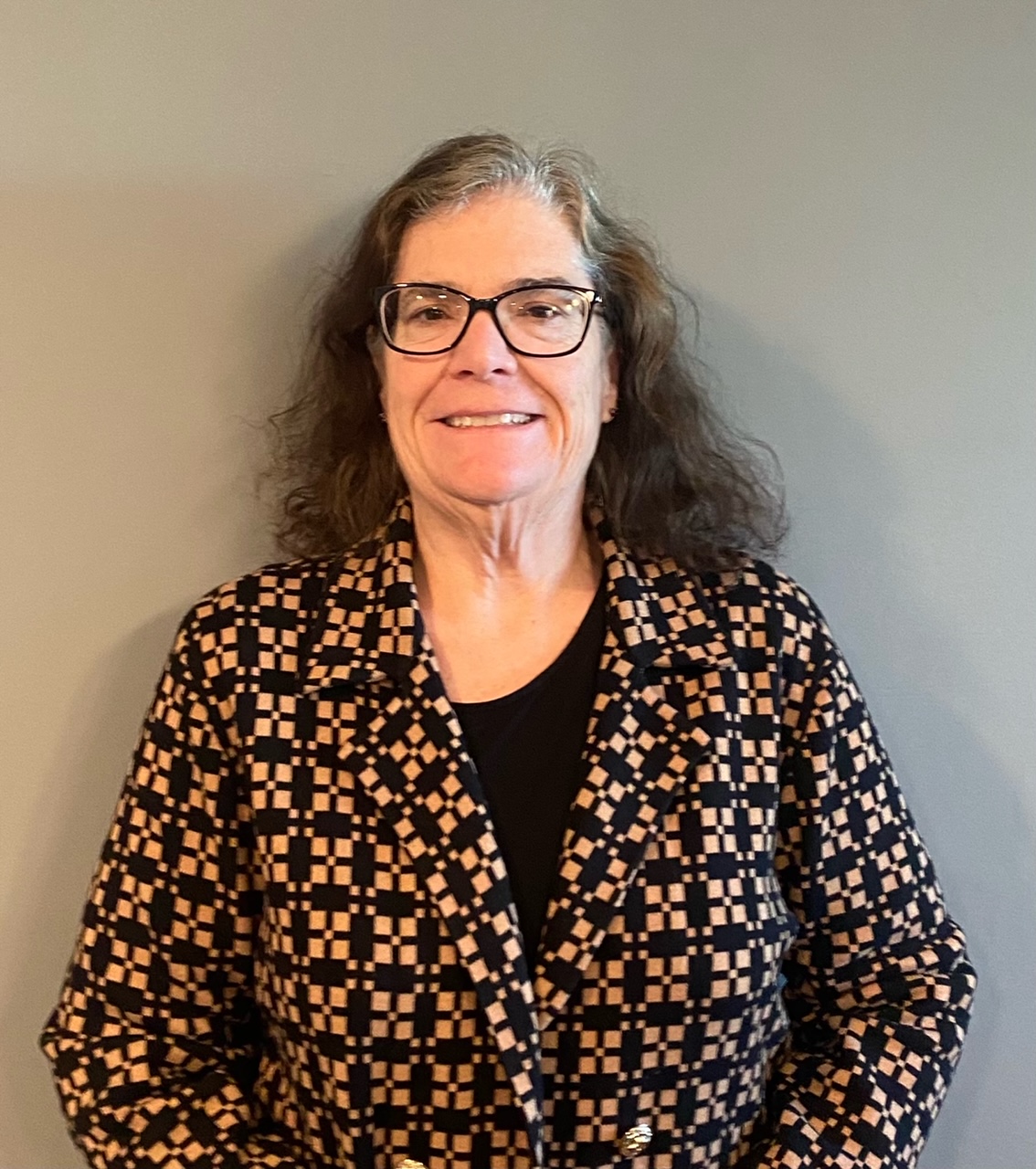
(Dyan) McGuire, Mary
Mary (Dyan) McGuire
Read more

Mary (Dyan) McGuire
| Grant Category: | Fulbright-Nehru Academic & Professional Excellence Award (Teaching) |
| Project Title: | Criminology, Society, and the Law: Impacts upon Women and Other Vulnerable Populations |
| Field of Study: | Gender Studies |
| Home Institution: | Saint Louis University, St. Louis, MO |
| Host Institution: | The West Bengal National University of Juridical Sciences, Kolkata, West Bengal |
| Grant Start Month: | December 2024 |
| Duration of Grant: | Six months |
Brief Bio:
Dr. Mary (Dyan) McGuire is the director of the criminology and criminal justice (CCJ) programs at Saint Louis University (SLU). She also founded and directs the CCJ BA and JD program at SLU. She holds a JD from the Georgetown University Law Center and a PhD in criminology and criminal justice from the University of Missouri-St. Louis. Prior to entering academia, she worked as a judicial clerk for the first female justice of the Missouri Supreme Court. She has also worked as an assistant attorney general for the State of Missouri and as an associate with Sonnenschein, Nath & Rosenthal.
Dr. McGuire is a committed educator. She has received numerous teaching prizes, including the Emerson Excellence in Teaching Award and was recently named the Reichmann Professor for Excellence in Teaching at SLU. She has been spearheading efforts at inclusive, multicultural education at SLU and has developed a number of classes on the subject, including “Multiculturalism for CJ Professionals”. Her research interests involve the intersection of law and practice, systemic race and gender bias as well as violence that impacts women. Her work has been published extensively in peer-reviewed journals like the Journal of Criminal Justice and Law, Gender Issues, and Criminal Behaviour and Mental Health.
Dr. McGuire’s Fulbright-Nehru project is designed to expand students’ understanding of the problem of gender bias as manifested in social structures like the legal system and social arrangements like patriarchy and how these circumstances facilitate acts of violence and oppression against women and girls. As part of the project, she is teaching three classes at the National University of Juridical Sciences, Kolkata: “Women’s Rights and International Law”; Understanding Serial Killers through Criminology”; and “Violence Against Women”. All three classes focus on gender equity, violence against women, and/or the social construction of crime, and is intended to expand, especially in the context of domestic and international legal systems, her students’ understanding of social forces influencing the lived experiences of women and girls.

Farias, Christine
Christine Farias
Read more

Christine Farias
| Grant Category: | Fulbright-Nehru Academic & Professional Excellence Award (Teaching) |
| Project Title: | Teaching Sustainable Economic Development in India |
| Field of Study: | Economics |
| Home Institution: | Borough of Manhattan Community College, New York, NY |
| Host Institution: | Indian Institute of Management Shillong, Shillong, Meghalaya |
| Grant Start Month: | August 2024 |
| Duration of Grant: | Nine months |
Brief Bio:
Dr. Christine Farias has a PhD in environmental economics from Texas Tech University and is an associate professor of economics in the Department of Social Sciences, Human Services and Criminal Justice at the Borough of Manhattan Community College, City University of New York, where she teaches regular and honors courses in microeconomics, macroeconomics, environmental economics, and labor economics using a human values, poverty, ecological, and global sustainability lens. Dr. Farias also co-directs a multi-year project funded by the National Endowment for the Humanities that aims to bring poverty-focused humanities texts into her college classrooms across the curriculum. As the faculty advisor to the Economics Equality and Environment Student Academic Club, she also guides an interdisciplinary group of student officers to be leaders by creating awareness about local and global issues focusing on the United Nations’ Sustainable Development Goals.
Her specific areas of interest are: ecological economics; poverty; deforestation and land use; sustainability; and action learning pedagogy. Her research focuses on the tensions arising out of sustainability and traditional economic perspectives and explores the dynamics between them. In addition to her sustainability-related publications, she has written on pedagogical issues based on her teaching innovations and experiences in the classroom. She has publications in several peer-reviewed journals focusing on themes mostly connected with sustainability and has presented her research at various domestic and international conferences.
In her Fulbright-Nehru project, Dr. Farias is teaching environmental, ecological, and labor economics in the context of business and sustainable development; she is also involved in mentor–student research projects, developing curriculum, and collaborating on research with the host faculty. Besides, she is designing experiential learning opportunities for students to explore opportunities of collaborations and partnerships with colleagues at her host institution as part of enhancing the economics program at her home institution.
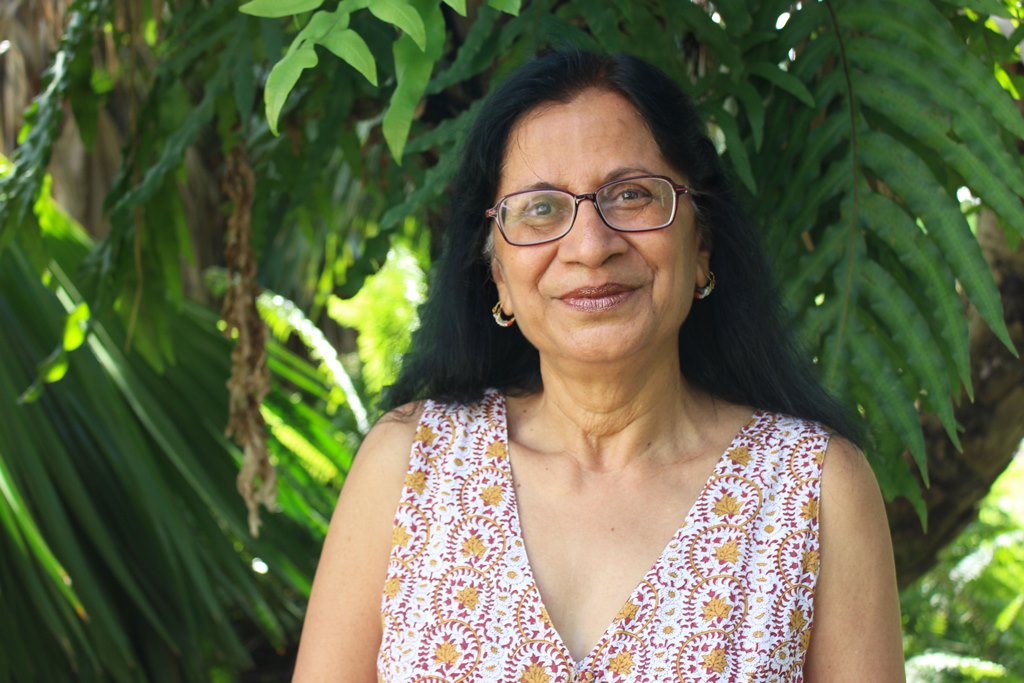
Ramaprasad, Jyotika
Jyotika Ramaprasad
Read more

Jyotika Ramaprasad
| Grant Category: | Fulbright-Nehru Academic & Professional Excellence Award (Teaching) |
| Project Title: | Within and beyond the Classroom: Building Social Action, Curricula, Publishing Capacity for Impact |
| Field of Study: | Communications |
| Home Institution: | University of Miami, Coral Gables, FL |
| Host Institution: | MICA, Ahmedabad, Gujarat |
| Grant Start Month: | November 2025 |
| Duration of Grant: | Nine months |
Brief Bio:
Dr. Jyotika Ramaprasad is professor in the School of Communication at the University of Miami, Florida. Her major teaching areas are: communication and global social change; cultures and communication; media literacy; communication theory; participatory action research; and quantitative research methods. She is trained in dialogic pedagogy and is now under training to teach a course on collaborative learning across cultures. Her current research is in international communication, social change communication, and journalism studies.
Dr. Ramaprasad has been involved in curriculum development in East and Southern Africa and South Asia. Her work in Europe involves teaching in Austria and working in North Macedonia with the Romas and healthcare providers to facilitate social change towards more positive interactions. Her health-related social change communication work has been implemented in Uganda, and health is the focus of her current project with migrants in Florida. Besides, Dr. Ramaprasad’s environmental projects have been implemented in Vietnam (on flood preparedness) and Miami (on artificial coral reef development and testing).
Dr. Ramaprasad’s research has been published in reputed journals like Social Marketing Quarterly, International Journal of Disaster Risk Reduction, International Communication Research Journal, Asian Journal of Communication, Mass Communication and Society, The Harvard International Journal of Press/Politics, Journal of Advertising, and Digital Journalism. She has also edited two books, one of which received the 2020 Best Book Award of the International Journal of Press/Politics. She is on the editorial board of publications like Journalism and Mass Communication, Journalism Studies, and International Communication Research Journal. Dr. Ramaprasad has also served as vice dean for graduate studies at the University of Miami and as associate and interim dean at Southern Illinois University Carbondale.
Dr. Ramaprasad’s Fulbright-Nehru project is involved in teaching social change communication in instructional settings and through experiential engagement in a community social issue to enable participatory learning and outreach. The goal is to guide ethical corporate social responsibility among MICA’s business students and to localize solutions and creative communication through research-based understanding of community culture and communication practices.
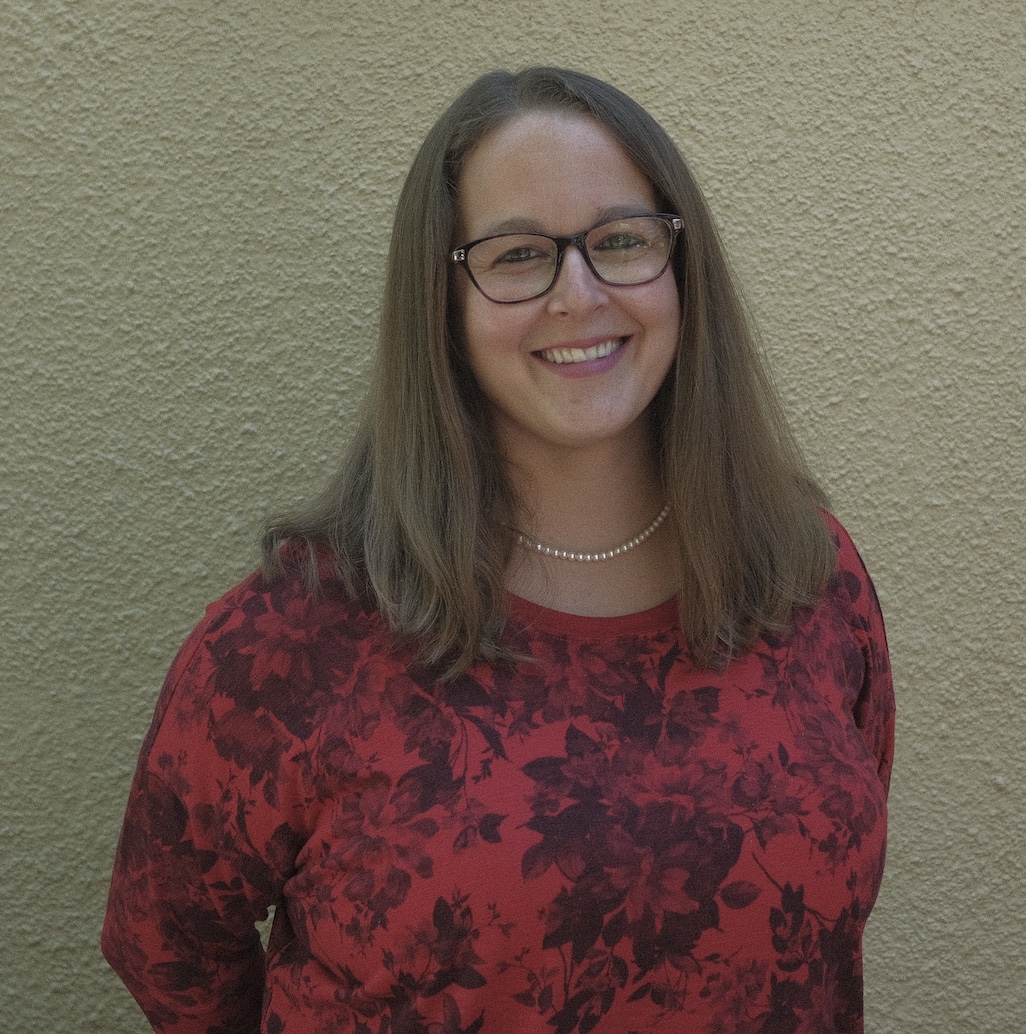
Wise, Holly
Holly Wise
Read more

Holly Wise
| Grant Category: | Fulbright-Nehru Academic & Professional Excellence Award (Teaching) |
| Project Title: | Equipping India’s Future Journalists to Report on Climate Change through a Solutions Journalism Lens |
| Field of Study: | Journalism |
| Home Institution: | Solutions Journalism Network, New York City, NY |
| Host Institution: | Christ (Deemed-to-be-University), Bengaluru, Karnataka |
| Grant Start Month: | July 2024 |
| Duration of Grant: | Nine months |
Brief Bio:
Ms. Holly Wise is the program operations manager at the nonprofit Solutions Journalism Network and an adjunct lecturer at Kent State University and Tri-C Community College. Formerly a journalism lecturer at Texas State University in San Marcos, where she taught advanced news-writing and multimedia courses, and introduced a solutions journalism course, Ms. Wise now works solely to advance the practice of solutions journalism in newsrooms, journalism schools, and organizations that support journalism. She was a recipient of a Fulbright-Nehru Academic & Professional Excellence Teaching Award in 2018 and taught solutions journalism at Mt. Carmel College, Bengaluru, during 2018–2019. Ms. Wise is also the founder of VoiceBox Media, which conducts rigorous analysis of how people solve social problems within their communities. She is a frequent speaker at national journalism conferences and also delivers guest lectures at universities in the United States and Canada.
Ms. Wise was the part-time director of journalism school engagement at the Solutions Journalism Network and during this stint, she consulted with journalism professors and lecturers on creating solutions journalism curriculum for their respective schools. She earned her bachelor’s degree in journalism and master’s degree in mass communication from Murray State University.
For her Fulbright-Nehru project, Ms. Wise is teaching students and local journalists the practice of reporting on climate-related problems through a solutions journalism lens. She is also facilitating trainings for journalists who are already part of her extensive network in India. Further, by collaborating with the faculty at Christ, she is modifying the news-writing curriculum so as to incorporate solutions journalism modules into in it; she is also implementing a module of solutions journalism lectures and assignments designed for journalism professors. Besides, she is planning to co-host a regional conference for journalists in order to learn about their experiences in covering climate through a solutions journalism framework.
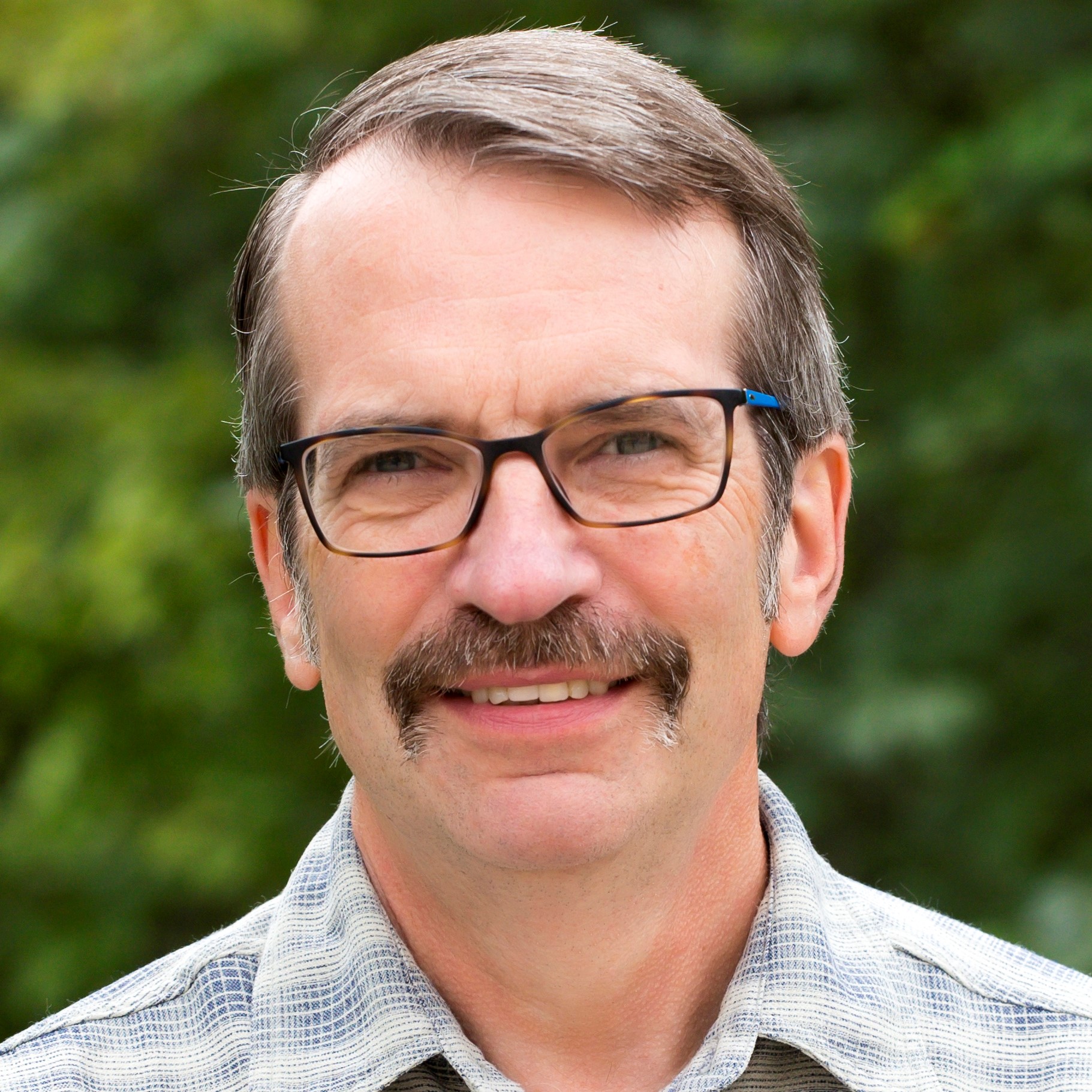
Davidson, Eric
Eric Davidson
Read more

Eric Davidson
| Grant Category: | Fulbright-Nehru Distinguished Scholar Fellowship |
| Project Title: | Emerging Challenges and Opportunities for Sustainable Nitrogen Management in South Asia |
| Field of Study: | Agriculture |
| Home Institution: | University of Maryland Center for Environmental Science, Frostburg, MD |
| Host Institution: | Guru Gobind Singh Indraprastha University, Frostburg, Delhi |
| Grant Start Month: | January 2025 |
| Duration of Grant: | Four months |
Brief Bio:
Dr. Eric Davidson is professor of the Appalachian Laboratory of the University of Maryland Center for Environmental Science, where he served as director for six years. His research areas include terrestrial nutrient cycling, greenhouse gas emissions from soils, global biogeochemical cycles, and sustainable agriculture. Dr. Davidson is a past president and fellow of the American Geophysical Union; a fellow of the American Association for the Advancement of Science; and a highly cited researcher in Web of Science. He served as the North American Center director for the International Nitrogen Initiative and as a NASA project scientist for the Large-Scale Biosphere-Atmosphere Experiment in Amazonia. Dr. Davidson was also a Jefferson Science Fellow. He currently serves as senior editor for AGU Advances. He previously served as an editor for Global Biogeochemical Cycles, Global Change Biology, and Soil Science Society of America Journal. Dr. Davidson received his PhD from the Department of Forestry at North Carolina State University and worked as a postdoctoral researcher in soil microbiology at the University of California at Berkeley and at the NASA Ames Research Center. He worked for 22 years at the Woods Hole Research Center, including a term as president and executive director. He is the author of Science for a Green New Deal: Connecting Climate, Economics, and Social Justice and You Can’t Eat GNP.
Only about half of the nitrogen applied to croplands as fertilizers and manures goes into harvested products; the remainder is mostly lost as air and water pollution. Dr. Davidson’s Fulbright-Nehru project is investigating the potential impacts of the coming green ammonia transformation for fertilizers in India within the broader context of sustainable nitrogen management. In this regard, he is interviewing experts and stakeholders from government ministries, the fertilizer industry, schools of agronomy and environmental sciences, farmer groups, and biotechnology innovators to ascertain their awareness of green ammonia technology and their expectations of positive and negative consequences for agricultural productivity, economics, farmer well-being, and environmental quality.
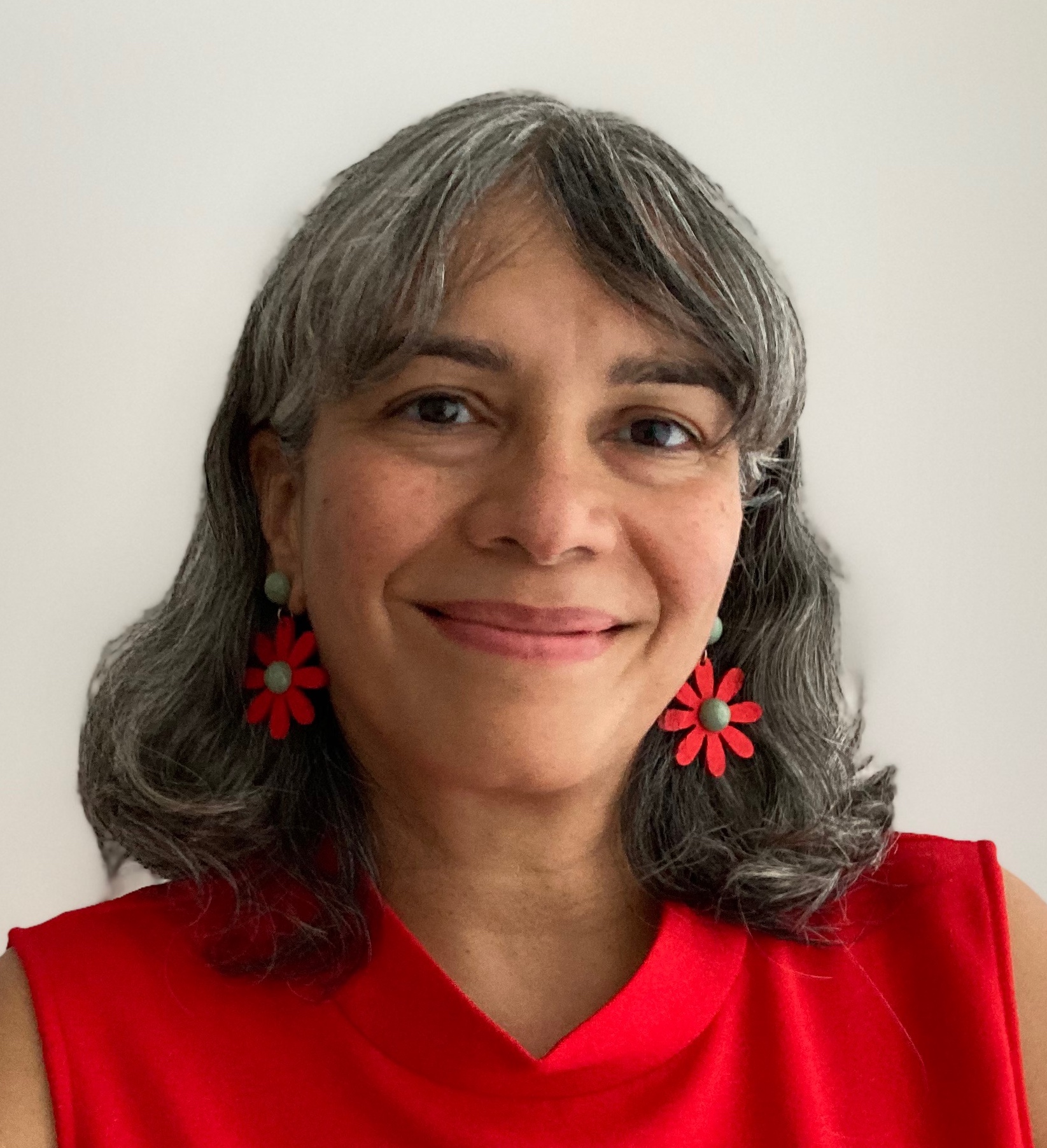
Tambe, Ashwini
Ashwini Tambe
Read more

Ashwini Tambe
| Grant Category: | Fulbright-Nehru Distinguished Scholar Fellowship |
| Project Title: | Digital Retribution and Justice in Feminist Thought: A Transnational Angle |
| Field of Study: | Gender Studies |
| Home Institution: | George Washington University, Washington, DC |
| Host Institution: | National Law School of India University, Bengaluru, Karnataka |
| Grant Start Month: | January 2025 |
| Duration of Grant: | Four months |
Brief Bio:
Dr. Ashwini Tambe is professor of history and director of women’s, gender, and sexuality studies at George Washington University. She is a scholar of gender and law in South Asia and of transnational feminist theory. Over the past two decades, she has written about how South Asian societies regulate sexual practices. Her 2009 book, Codes of Misconduct: Regulating Prostitution in Late Colonial Bombay (University of Minnesota Press), traces how law-making and law-enforcement practices shaped the rise of the city’s red-light district. Her 2019 book, Defining Girlhood in India: A Transnational Approach to Sexual Maturity Laws (University of Illinois Press), examines the legal paradoxes in age standards for girls’ sexual consent in India. She has also published the co-edited volumes, Transnational Feminist Itineraries (with Millie Thayer) and The Limits of British Colonial Control in South Asia (with Harald Fischer-Tiné). Her most recent journal articles have appeared in Feminist Formations, American Historical Review, and South Asia. She is also the editorial director of Feminist Studies, the oldest U.S. journal of feminist interdisciplinary scholarship.
Dr. Tambe holds a PhD in international relations from American University, Washington, D.C., and has taught at the University of Maryland and the University of Toronto. She has supervised doctoral dissertations on a wide range of topics, including the history of women’s studies; sports and gender; and religion and sexuality. In 2018, she received the Graduate Mentor of the Year Award from the University of Maryland.
Dr. Tambe’s Fulbright-Nehru project is exploring feminist debates on appropriate punishment for sexual harm, with a focus on the impact of digital activism. This is an important time in India to pose questions about such punishment since a new legal code, Bharatiya Nyaya Sanhita, recently replaced the Indian Penal Code. At this time of intense deliberation over regulating gender justice, Dr. Tambe is based in a premier legal education site, the National Law School of India University (NLSIU), researching cases of digital retribution, defamation lawsuits, and caste barriers to seeking justice in cases of sexual violence.
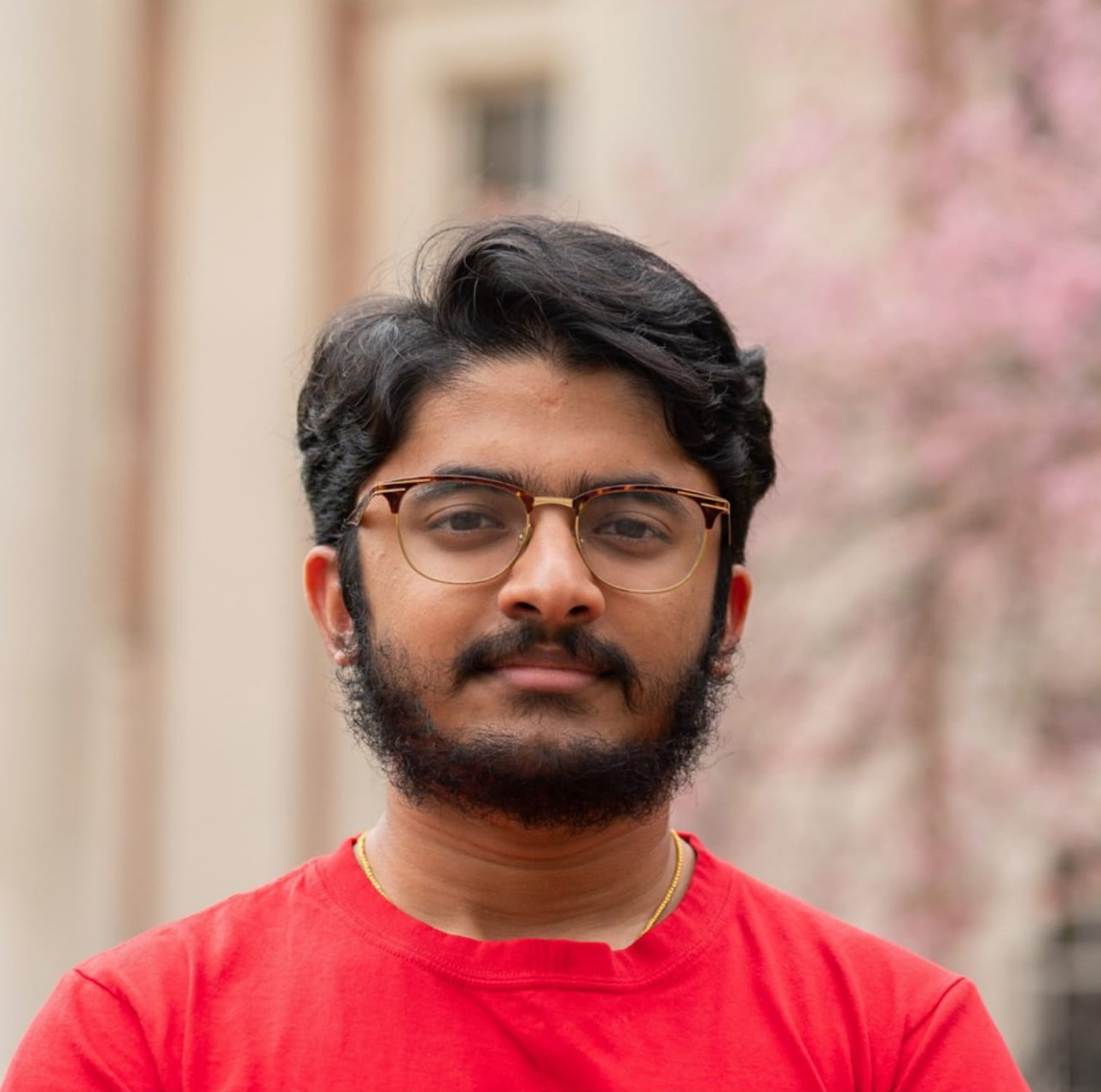
Abraham, Abel
Abel Abraham
Read more

Abel Abraham
| Grant Category: | Fulbright-Nehru Student Research Program |
| Project Title: | Memory-Driven Interactions in Active Droplet and Polymer Hydrodynamics |
| Field of Study: | Physics |
| Home Institution: | University of North Carolina at Chapel Hill, Chapel Hill, NC |
| Host Institution: | National Centre for Biological Sciences, Bengaluru, Karnataka |
| Grant Start Month: | August 2024 |
| Duration of Grant: | Nine months |
Brief Bio:
Abel Abraham completed his BS in mathematics and biomedical engineering from the University of North Carolina at Chapel Hill (UNC). He will be joining the MIT Department of Mechanical Engineering to pursue his PhD following his Fulbright-Nehru research period. Abel’s broad interests are in active matter and its intrinsic connections to biology. He specifically wants to understand collective behaviors and the emergence of order and organization in multicellular systems.
Abel is an experimentalist who tries to understand complex systems from the perspective of physical and mathematical principles. During his four-year degree program, while working with Prof. Pedro Saenz at UNC’s Physical Mathematics Lab, he was experimenting with vibrated fluid interfaces, particularly Faraday waves and walking droplets. His experiments with Faraday waves demonstrated similar statistical features with non-equilibrium systems at different scales, leading to a paper under review of which he is a co-author. Abel has also done experiments and simulations to show an absence of diffusion in walking droplets which is analogous to the localization of electrons in disordered potentials. This led to his first-author paper which is also under review.
In his Fulbright-Nehru program, Abel is working with Prof. Shashi Thutupalli in the Simon’s Centre for the Study of Living Machines at the National Centre for Biological Sciences. He is studying active matter systems of stronger biological connection like active droplets and polymers, and exploring how memory affects the dynamics of these active droplet and polymer systems. In this process, Abel aims to gain more experience in the space between physics and biology, which is where he will continue working during his PhD.
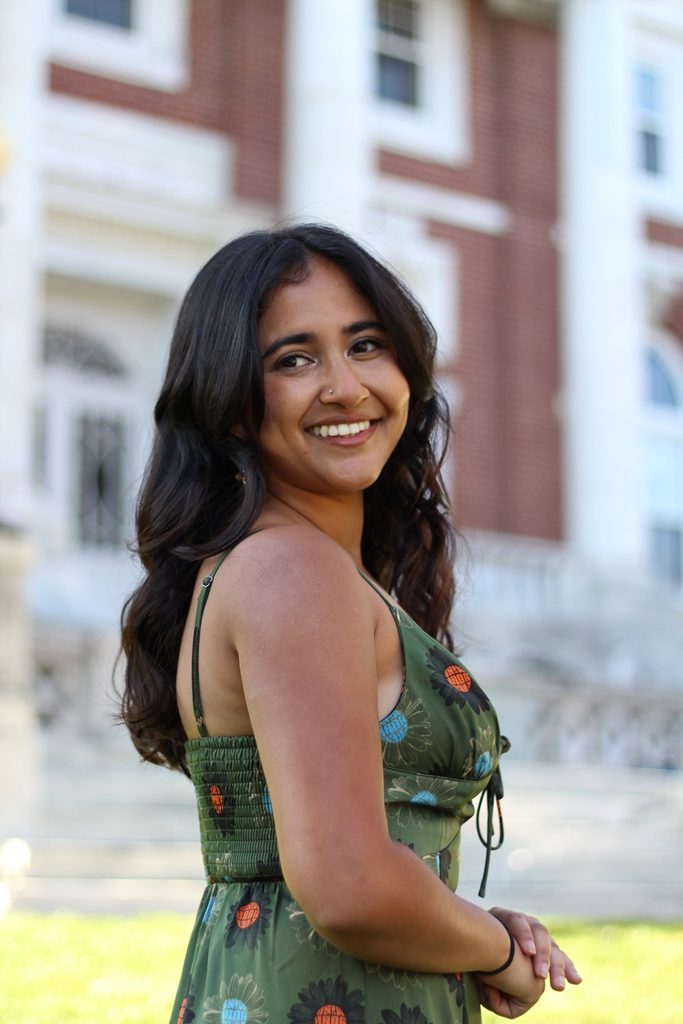
Agarwal, Ria
Ria Agarwal
Read more

Ria Agarwal
| Grant Category: | Fulbright-Nehru Student Research Program |
| Project Title: | Displaced by Disaster: Understanding the Legal Status of Migrants in Delhi |
| Field of Study: | Law |
| Home Institution: | South Asian University, Medford, MA |
| Host Institution: | Tufts University, New Delhi, Delhi |
| Grant Start Month: | August 2024 |
| Duration of Grant: | Nine months |
Brief Bio:
Ria Agarwal recently graduated from Tufts University with a double major in international relations and civic studies. Originally from Salt Lake City, Utah, her academic focus includes human rights, international law, and migration studies.
In her professional capacity, Ria worked as a legal assistant at Cambridge Immigration Law, where she prepared legal documents, conducted asylum case research, and performed community outreach. She also interned with the White House Initiative on Asian Americans, Native Hawaiians, and Pacific Islanders, where she contributed to research and provided legal assistance for refugees.
Ria’s commitment to civic engagement is evident in her roles with Blue Future and the Asian Pacific American Public Affairs Association, where she played a key part in voter registration and AAPI advocacy efforts. Additionally, as a journalist at The Fulcrum platform, she published articles exploring voter suppression and the impact of state policies during COVID-19.
Beyond her professional endeavors, Ria is passionate about Indian classical dance, enjoys reading, and loves spending time outdoors.
Ria’s Fulbright-Nehru project is exploring the challenges faced by Bangladeshi migrants in India who had been displaced from their country by climate-related disasters. Situated in Delhi, her research is addressing the lack of formal refugee status for these individuals, which strips them of essential protections and makes them vulnerable to exploitation. The study is assessing both Indian and international legal frameworks to evaluate their effectiveness in safeguarding the rights and well-being of climate-displaced migrants. Through legal analysis, expert interviews, and collaboration with the Migration and Asylum Project, Ria aims to generate actionable insights and influence policy discussions on migration and climate adaptation.
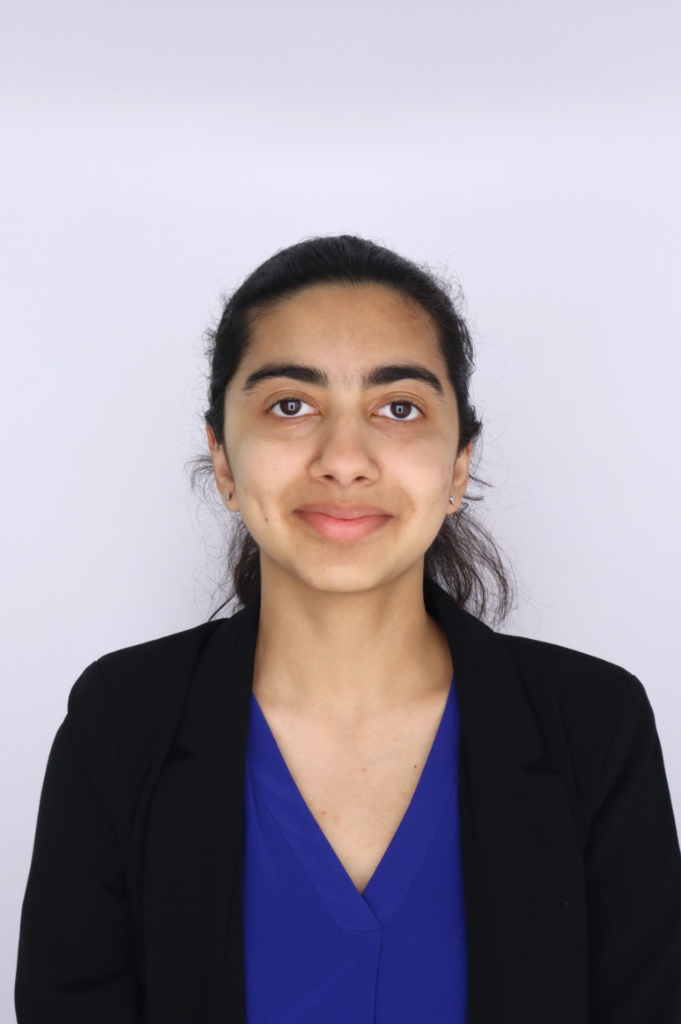
Anand, Aditi
Aditi Anand
Read more

Aditi Anand
| Grant Category: | Fulbright-Nehru Student Research Program |
| Project Title: | Deployable AI Model for Breast Cancer Diagnosis Using Contrast-Enhanced Mammography |
| Field of Study: | Computer Science |
| Home Institution: | Purdue University, West Lafayette, IN |
| Host Institution: | Indian Institute of Technology Madras, Chennai, Tamil Nadu |
| Grant Start Month: | December 2024 |
| Duration of Grant: | Six months |
Brief Bio:
Aditi Anand is an undergraduate student majoring in computer engineering at Purdue University. She is also pursuing a minor in biology and a concentration in artificial intelligence (AI). Aditi intends to pursue a career in healthcare and is specifically interested in applications of AI in the field of medicine. Her research has explored creating more brain-like artificial neural networks; improving the robustness of AI models used in medical imaging; and early and low-cost diagnosis of congestive heart failure. Aditi has received the Presidential Scholarship, Paul and Peggy Reising Scholarship, Stimson Family Scholarship, and Charles W. Brown Scholarship, all from Purdue University. She has also received the National Honorable Mention Award for Aspirations in Computing from the National Center for Women & Information Technology and the Sigma Xi Top STEM Talk Award at the Purdue Spring Undergraduate Research Conference. Aditi has served as a crisis intervention specialist for Mental Health America; as an emergency room volunteer at the IU Arnett Hospital, Lafayette; as vice chair of the Engineering in Medicine and Biology Society, Purdue Student Chapter; as vice president of WorldHealth Purdue; and as event coordinator for the Indian Classical Music Association at Purdue. She has also volunteered for Udavum Karangal, Chennai, organizing personal hygiene and health awareness workshops, and for the Ankit Foundation Corp to develop a mobile app for mental health.
In her Fulbright-Nehru program, Aditi is working with the Robert Bosch Center for Data Science and Artificial Intelligence at the Indian Institute of Technology (RBC-DSAI) in Chennai to develop a high-performing AI model that can be deployed in Indian clinical conditions to diagnose breast cancer through low-cost mammograms. The model that she is developing with Dr. Balaraman Ravindran’s team at RBC-DSAI seeks to overcome the challenges that India and other countries face due to lack of resources and access to radiologists.
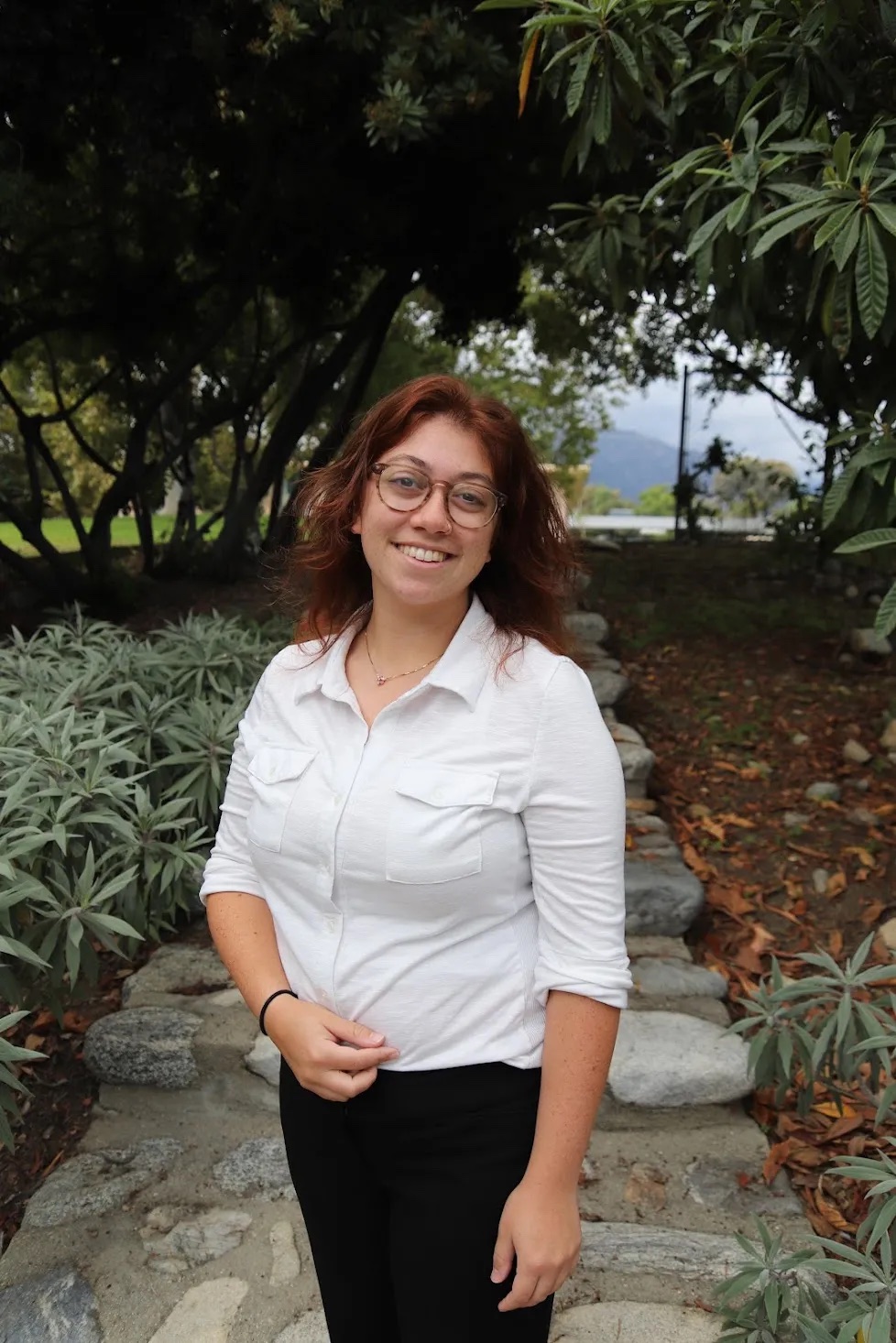
Basu, Neha
Neha Basu
Read more

Neha Basu
| Grant Category: | Fulbright-Nehru Student Research Program |
| Project Title: | In Pursuit of Interstitial Spatial Justice: Street Vending in Kolkata |
| Field of Study: | Sociology |
| Home Institution: | Pitzer College, Claremont, CA |
| Host Institution: | Centre for Studies in Social Sciences, Kolkata, West Bengal |
| Grant Start Month: | August 2024 |
| Duration of Grant: | Nine months |
Brief Bio:
Neha Basu, a Rhode Island native, graduated from Pitzer College with a bachelor’s degree in psychology and sociology. Her honors-level senior thesis was called “The Collection Being More than the Sum of the Parts: The Role of Identity Integration and Racialization in Multiracial Students’ Experiences”, for which she conducted a survey and interviews with multiracial college students. Neha has served as a student representative on the Faculty Executive Committee as a fellow at the Writing Center. In 2023, she was fortunate to collaborate with the Inland Coalition for Immigrant Justice in street vending research and policy advocacy, which sparked her interest in global street vending regulation as an intersection of various social and political factors. She has received the Kallick Community Service Award in recognition of her work in this area. In the future, Neha plans to attend law school, with the goal of becoming a movement attorney.
Street food vendors are a key part of urban life in India, yet they are excluded from the formal economy and often face restrictive regulations, making vending an interstice of sociopolitical, economic, and legal forces. These come together for street vendors in Kolkata, where such vending falls within the jurisdiction of two recently passed national- and state-level laws designed to regulate the practice. Neha’s Fulbright-Nehru project is utilizing a participatory action methodology to investigate the nature of Kolkata vendors’ interactions and navigations in terms of the law, what the local vending landscape reveals about conceptions of public space, and what it reveals about culture and economic factors.
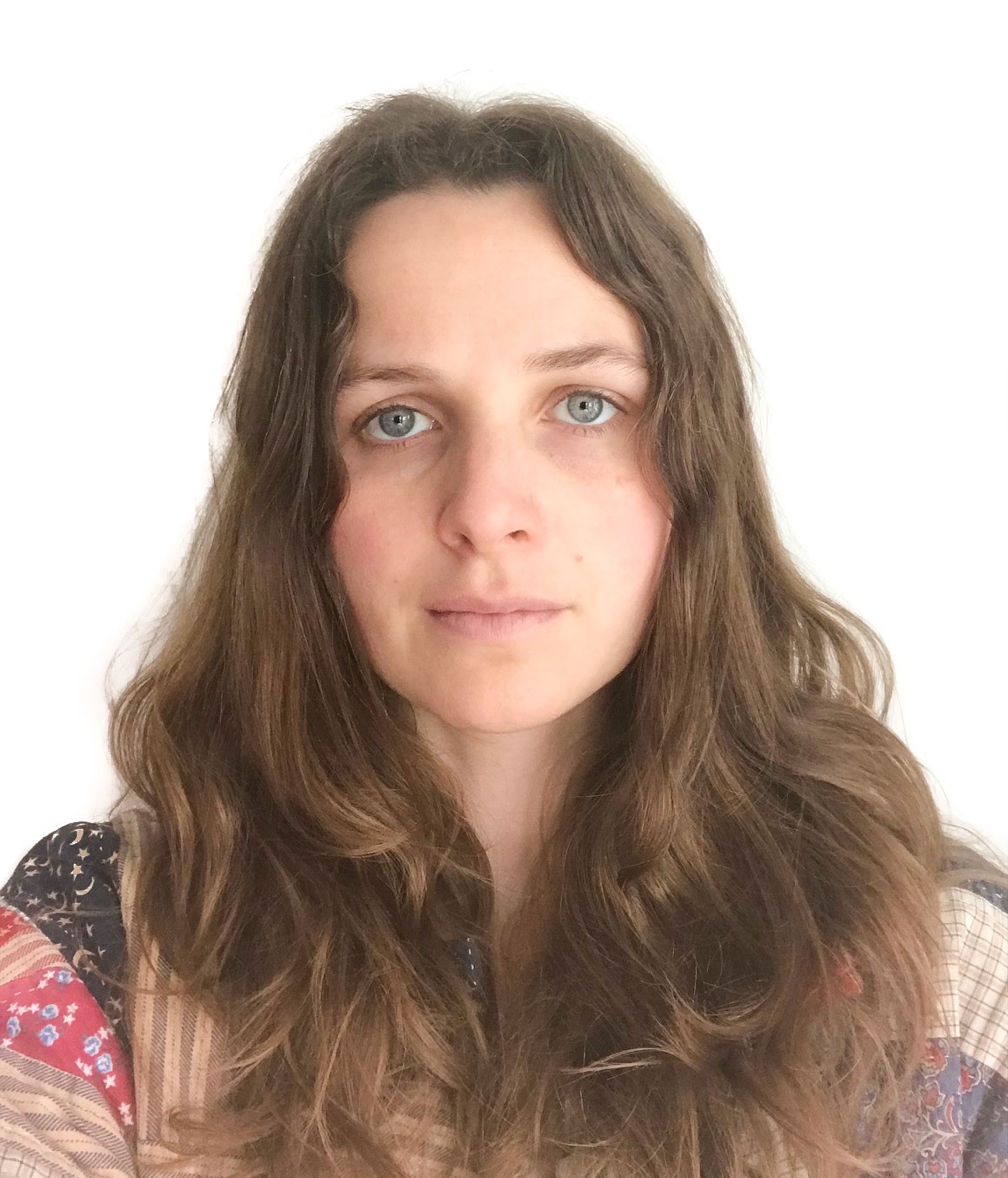
Brightly, Briana
Briana Brightly
Read more

Briana Brightly
| Grant Category: | Fulbright-Nehru Student Research Program |
| Project Title: | Drawing the Lines of the Body: Iconometry and Anatomy in Early-Modern Tibet |
| Field of Study: | History |
| Home Institution: | Harvard University, Cambridge, MA |
| Host Institution: | Central University of Himachal Pradesh, Dharamshala, Himachal Pradesh |
| Grant Start Month: | October 2024 |
| Duration of Grant: | Nine months |
Brief Bio:
Briana Brightly is a PhD candidate in the Committee on the Study of Religion at Harvard University. Her research centers on the intersection of religion, art, and science in South Asia. Briana’s dissertation, “The Buddhist Craftsman: Making Images during the Golden Age of Tibetan Medicine, 1600–1800”, investigates how physicians and artists used the tools and techniques of Buddhist image-making to advance medical knowledge in early-modern Tibet. In probing the production of images, rather than their consumption, Briana hopes to open up new possibilities for how scholars imagine the “sacred” in relation to the “scientific” within the context of visual culture.
Briana’s Fulbright-Nehru project is investigating the creation of anatomical illustrations in 17th-century Tibet. In order to visualize the human body, Tibetan artists not only observed dissected corpses but also followed a highly codified system of measurement which formed the basis of religious paintings during this period. How did they reconcile these two points of view? And what can their creative process tell us about the relationship between religion, art, and medicine in early-modern Tibet? These are some of the questions that Briana is addressing at the Men-Tsee-Khang Tibetan Medical & Astrological Institute in Dharamshala, her primary site of research.
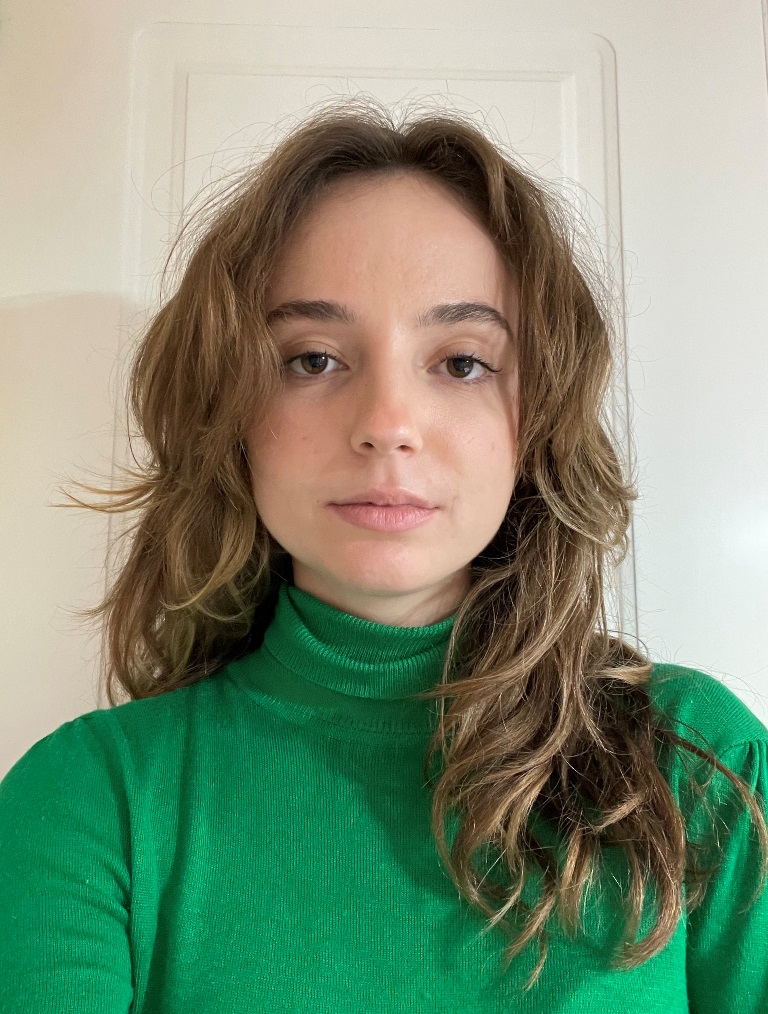
Callahan, Natalie
Natalie Callahan
Read more

Natalie Callahan
| Grant Category: | Fulbright-Nehru Student Research Program |
| Project Title: | Visual Documentation of the Banarasi Weaving Process |
| Field of Study: | Drawing and Illustration |
| Home Institution: | Chatham University, Pittsburgh, PA |
| Host Institution: | Banaras Hindu University, Varanasi, Uttar Pradesh |
| Grant Start Month: | August 2024 |
| Duration of Grant: | Nine months |
Brief Bio:
Natalie Callahan graduated from Chatham University in 2023 with a degree in arts management and a degree in international studies. She also has a certificate in women’s leadership from the university. Natalie is particularly interested in matters of arts accessibility and community engagement in the arts. She loves to work with members of the public, especially in ways that help to excite them about the arts and encourage them to feel as though they are a part of the artistic community. She has explored many ways to increase arts exposure that go beyond traditional arts institutions. As the arts editor of her university’s literary magazine, she experimented with the idea of free, printed art through her curation of artists’ work in the magazine. She also explored how other media such as posters and stickers interacted with the university’s micro community. Besides, Natalie co-founded a fashion club on campus, framing fashion as the ultimate form of accessible art because, after all, everybody wears clothes. The fashion club offered affordable ways to create wearable items, funded trips to fashion history exhibitions, and contributed to the success of a campus-wide Sustainable Fashion Fair clothing swap. Following her graduation, Natalie worked at the Pittsburgh Glass Center, an arts nonprofit of the city. Here, she was able to engage in the many different glass art-making processes (including blown glass, flameworked glass, and fused glass) while helping the center carry out its mission of public access education and community building.
In her Fulbright-Nehru program, Natalie is creating a body of work emphasizing the beauty of the physical labor and skill involved in the Banarasi weaving process and, by extension, in art-making in general. She is creating a series of graphite drawings and complementary sketches illustrating the physical components of the weaving process. By calling attention to the beauty of the labor involved both in her own artistic processes and in the processes of the weavers, her project is a departure from the arguable inaccessibility of contemporary art due to the intellectual aura associated with it.
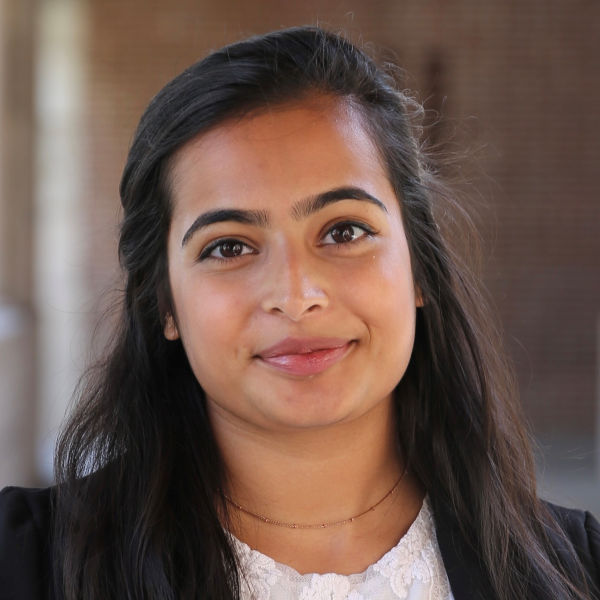
Chacko, Samantha
Samantha Chacko
Read more

Samantha Chacko
| Grant Category: | Fulbright-Nehru Student Research Program |
| Project Title: | Equality in Access: Reviewing India’s Legal Aid Framework |
| Field of Study: | Political Science |
| Home Institution: | University of Southern California, Los Angeles, CA |
| Host Institution: | National Law School of India University, Bengaluru, Karnataka |
| Grant Start Month: | August 2024 |
| Duration of Grant: | Nine months |
Brief Bio:
Samantha Chacko graduated from the University of Southern California (USC) in May 2024 with a major in philosophy, politics, and law, and two minors, one in law and public policy and another in opera. It was through her interdisciplinary coursework that Samantha discovered her passion for law. During her sophomore year, she spent a semester interning with the Esperanza Immigrant Rights Project, where she picked up an interest in advocacy. Inspired by Esperanza’s mission, she spent the following year with JusticeCorps, an AmeriCorps program that provides legal assistance to self-representing litigants. Her research experience includes a summer at Cambridge University comparing the legal aid frameworks of the U.S., India, and the UK. Samantha spent her senior year with USC’s Center for Political Future, conducting multiple public policy research projects addressing political polarization and LA’s housing crisis. She intends to build on these experiences and skills through her Fulbright program. Ultimately, she hopes to attend law school and continue her work in increasing access to legal aid. Samantha held several leadership positions on campus, including being the student ambassador for the Thornton School of Music. She was also elected director of Mehfil for her South Asian fusion a cappella team, Asli Baat. Outside of studies, Samantha enjoys singing and watching Bollywood movies.
Although Indian citizens are constitutionally guaranteed access to legal aid, in the year 2023 only 61 per cent of those seeking legal assistance actually received it. While little research has categorized the access to these services by demographic, one report from 2016 found that only 14 per cent of all litigants in India were women. However, it remains unclear whether women actually receive the legal assistance they are entitled to and if they do, whether the quality of the service is of the required standard. Samantha’s Fulbright-Nehru research project is identifying the factors perpetuating the gender gap in access to Indian courts and thus attempting to inform the universal development of legal aid frameworks.
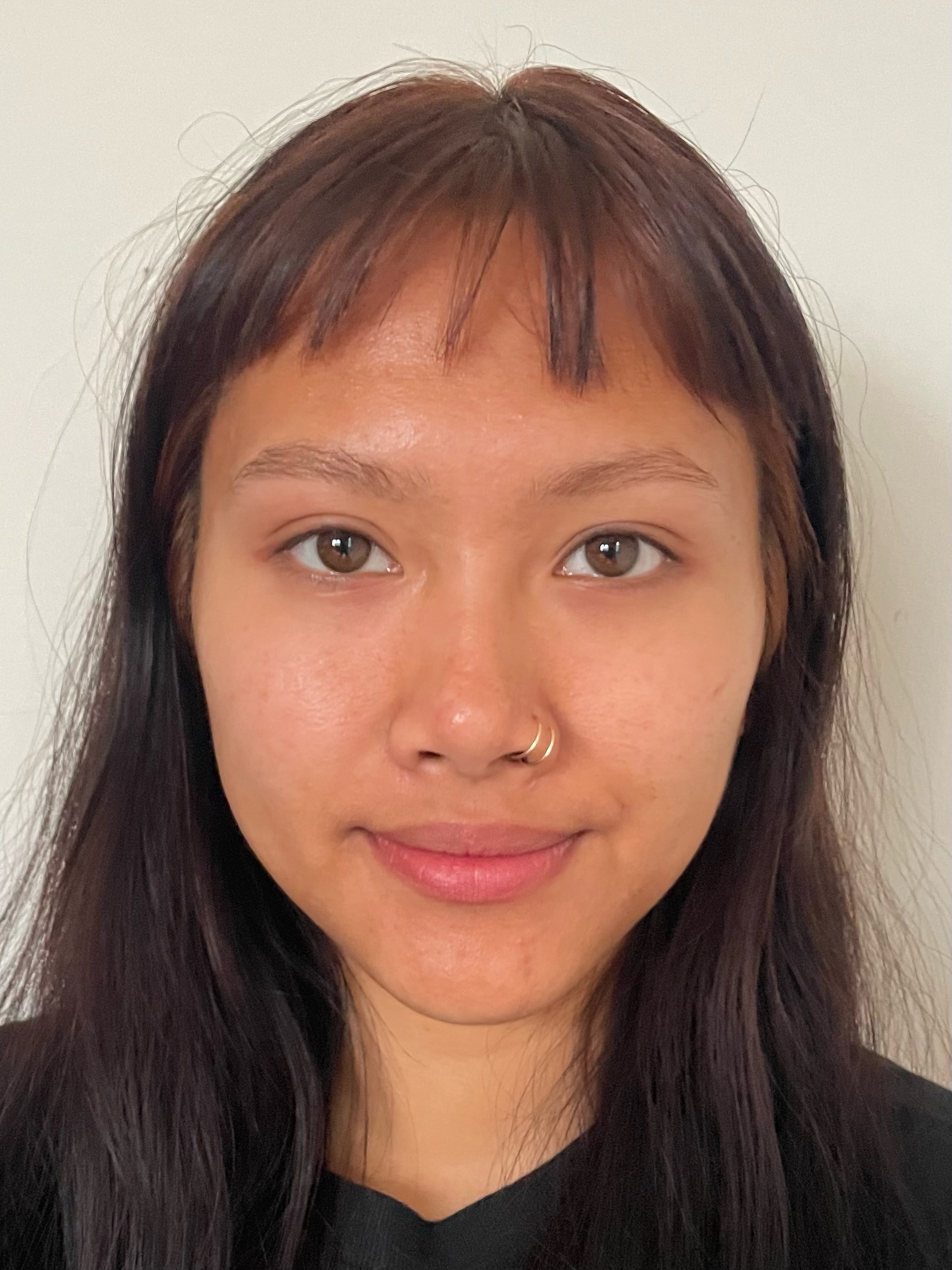
Cham, Melanie
Melanie Cham
Read more

Melanie Cham
| Grant Category: | Fulbright-Nehru Student Research Program |
| Project Title: | Reconstructing Atmospheric Carbon Dioxide Levels in India during the Late Cretaceous |
| Field of Study: | Geology |
| Home Institution: | Wesleyan University, Middletown, CT |
| Host Institution: | Central University of Punjab, Bathinda, Punjab |
| Grant Start Month: | August 2024 |
| Duration of Grant: | Nine months |
Brief Bio:
Melanie Cham graduated from Wesleyan University in 2024 with majors in earth and environmental science and archaeology. During her time at Wesleyan, she studied bacterial speciation and diversity with Dr. Frederick Cohan. This led to a summer research project funded by Wesleyan’s College of Integrative Sciences studying the effects of microplastics on the bacterial strains found in agricultural soils. The results of this research were presented at the 2021 Wesleyan Research in Science symposium and has been published by the American Chemical Society.
Melanie’s academic interest lies in learning more about the past. In 2021, she began research with Dr. Dana Royer in earth and environmental sciences at Wesleyan. During this study, she measured the stomatal index of red maples by simulating environmental conditions from the Eocene to the Miocene to observe how plant anatomy varies with changes in the atmosphere. In 2022, with support from the McNair Scholars Program, she began an independent project, titled “A Novel Method for Estimating Carbon Assimilation Rates from Fossil Leaves”, with Dr. Caroline Strömberg at the University of Washington. For this research, instead of using living organisms to interpret the past, she began using fossils to infer ecological responses to contemporary global warming. Melanie has presented her work at four national conferences: 2022 UCLA National McNair Conference; 2022 Geological Society of America Conference; 2023 Botanical Society of America Conference; and 2024 Mid-Continental Palaeobotanical Colloquium. She is set to begin her PhD in biology at the University of Washington in Fall 2025.
In her Fulbright-Nehru program, Melanie is conducting paleontological research with Dr. Bandana Samant at the Central University of Punjab. The goal of the project is to estimate regional atmospheric carbon dioxide levels before the mass extinction event of the Cretaceous-Paleogene boundary (K–Pg) which occurred 66 million years ago. For this, she is using information from microscopic leaf fossils collected from the Deccan Volcanic Province (DVP) of India. This novel use of gas-exchange modeling with fossils from the DVP have the potential to strengthen the current assumptions of CO2 which are based on different proxies.
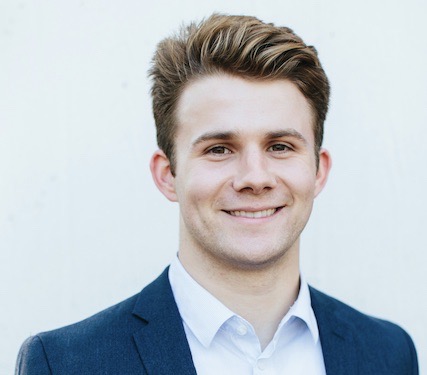
Compton, Chandler
Chandler Compton
Read more

Chandler Compton
| Grant Category: | Fulbright-Nehru Student Research Program |
| Project Title: | Catalysts and Crossroads: The Quad’s Potential Impact on Supply Chain Resilience |
| Field of Study: | International Relations |
| Home Institution: | Wofford College, Spartanburg, SC |
| Host Institution: | Jawaharlal Nehru University, New Delhi, Delhi |
| Grant Start Month: | December 2024 |
| Duration of Grant: | Nine months |
Brief Bio:
Chandler Compton is a North Carolina native raised on his family’s farm near Chapel Hill. At Wofford College, he majored in international affairs and English, graduating summa cum laude and Phi Beta Kappa. He played on the men’s soccer team while also serving the college’s honor council and tutoring students at the library’s writing center. As a junior, he directed and hosted the college’s first-ever TEDx conference. He has also studied in Prague, Czechia.
After college, Chandler served as a logistics officer in the United States Marine Corps. Stationed at both Mount Fuji and Okinawa, Japan, his role involved leading the Marines in logistics operations and collaborating with partners across the Indo-Pacific region. His firsthand experience working in this dynamic international environment solidified his interest in international affairs and regional cooperation.
Chandler enjoys traveling to new countries, reading history, and going snowboarding whenever possible. He is a passionate supporter of the Atlanta Braves and Everton Football Club. When not following sports or being with friends, he is likely to be found at the gym or playing pick-up sports at the nearest basketball court or soccer field.
Chandler’s Fulbright-Nehru research is focusing on India’s potential leadership role in the Quadrilateral Security Dialogue (Quad) to strengthen Indo-Pacific supply chains. His project is identifying collaborative strategies for Quad members to build resilient multilateral supply chains in the region. Considering India’s strategic location, growing economic influence, and access to critical trade routes, Chandler argues the country is uniquely positioned to spearhead the Quad leadership in fortifying the Indo-Pacific economic infrastructure and promoting regional stability and sustainable development while mitigating the impact of disruptions in the global economy.
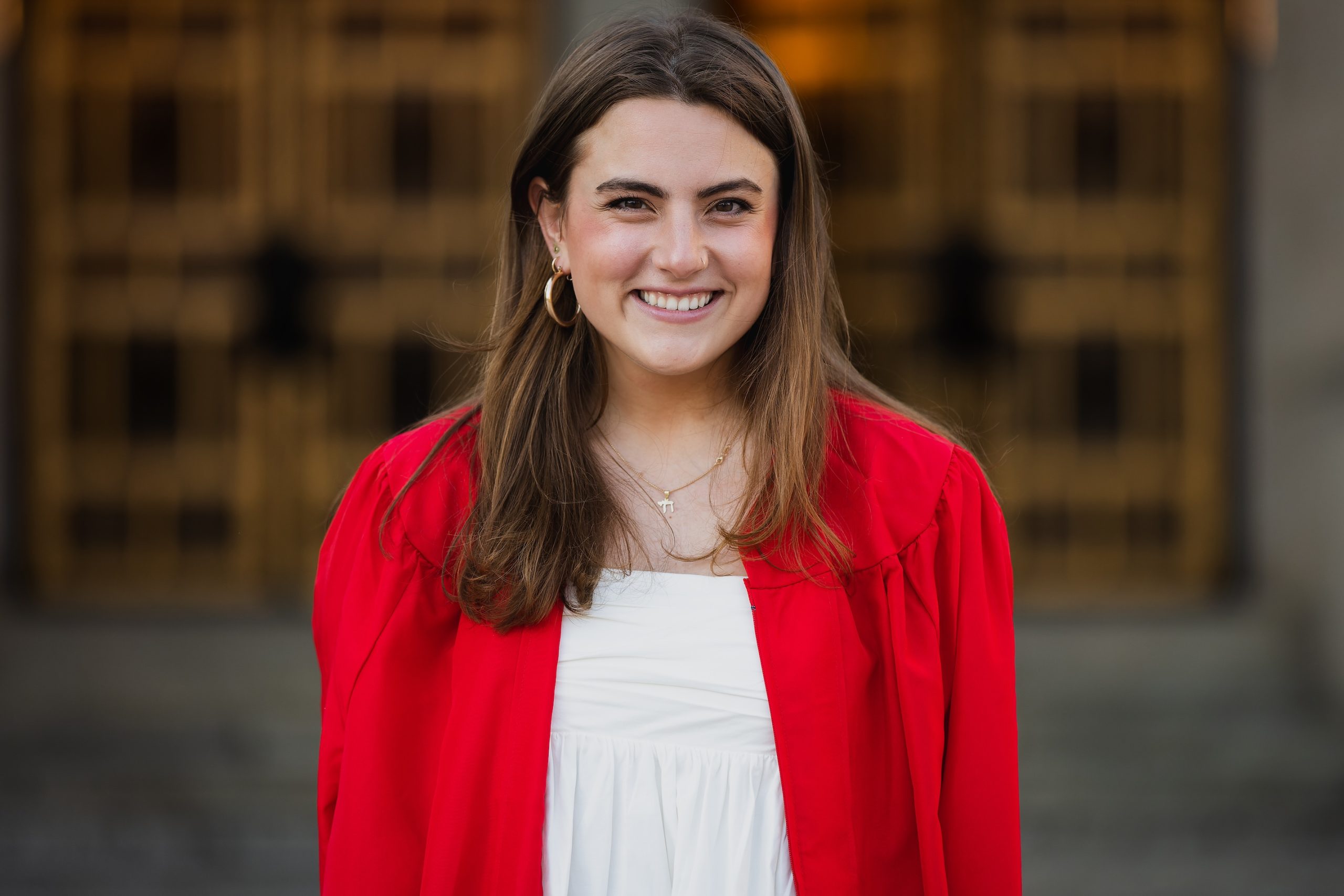
Cowan, Sadie
Sadie Cowan
Read more

Sadie Cowan
| Grant Category: | Fulbright-Nehru Student Research Program |
| Project Title: | Ni-kshay Mitra: A Beacon Shining on the End of Tuberculosis |
| Field of Study: | Public Health |
| Home Institution: | Boston University, Boston, MA |
| Host Institution: | Jamia Millia Islamia, New Delhi, Delhi |
| Grant Start Month: | August 2024 |
| Duration of Grant: | Nine months |
Brief Bio:
Sadie Cowan graduated from Boston University (BU) School of Public Health, Massachusetts, in 2024 with a master’s in public health, concentrating in global health policy. Sadie received her bachelor’s in sociology with honors from BU in 2022. She is originally from Dalton, Georgia, where her love for social sciences and public health began through experiences in electoral politics – a passion she continued for several campaign cycles in Georgia, Massachusetts, and nationally. Sadie’s social science research, among which includes a study regarding gender-affirming care for transgender inmates in the Georgia Department of Corrections Facilities, has been published by Johns Hopkins University and featured by Boston University’s Undergraduate Research Program. Her academic interests include global development, strengthening of health systems, LGBTQIA+ health, comparative health systems, and healthcare access for marginalized populations. Outside of academics, Sadie enjoys distance running, hiking, and exploring new cuisines.
Achieving the World Health Organization’s Tuberculosis (TB) Elimination Goals necessitates rapid reductions in TB incidence and mortality, particularly in India, which bears a quarter of the global burden. Aside from diagnostics, the Indian government has introduced nutritional subsidies for persons with TB through the Ni-kshay Mitra program. While the program has benefited hundreds of thousands of Indians with TB, there’s an urgent need to enhance its uptake. Sadie’s Fulbright-Nehru project is studying the impact of Ni-kshay Mitra subsidies on their recipients; it is also examining the motivational factors behind donors participating in the program. Besides, the project is exploring ways in which Ni-kshay Mitra can enhance access to public-sector TB facilities.
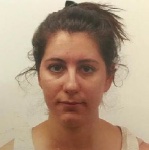
Datskovsky, Avital
Avital Datskovsky
Read more

Avital Datskovsky
| Grant Category: | Fulbright-Nehru Student Research Program |
| Project Title: | Conservation and Multi-Species Relationships in Ranthambore National Park |
| Field of Study: | Anthropology |
| Home Institution: | Syracuse University, Syracuse, NY |
| Host Institution: | Ashoka University, Sonipat, Haryana |
| Grant Start Month: | September 2024 |
| Duration of Grant: | Nine months |
Brief Bio:
Avital Datskovsky is a PhD student in the Anthropology Department at Syracuse University. She holds a bachelor’s degree (2013) in South Asian languages and civilizations from the University of Chicago and a master’s degree (2018) in development studies with a focus on contemporary India from SOAS University of London.
Avital’s Fulbright-Nehru project is tracing human and animal inclusion and exclusion from the Ranthambore National Park (RNP), an Indian tiger reserve, established in the 1970s as part of India’s conservation program called Project Tiger. As the park has grown substantially in terms of its tiger population and as an ecotourist destination, communities reliant on the forest for their livelihoods have been excluded from the park. Avital’s ethnographic project is considering what different responses of humans and animals to the RNP as a protected area reveal about political, social, and economic formations in the area; it is also exploring what possibilities for conservation may emerge when the impacts of Project Tiger are studied in terms of human and animal relationality.
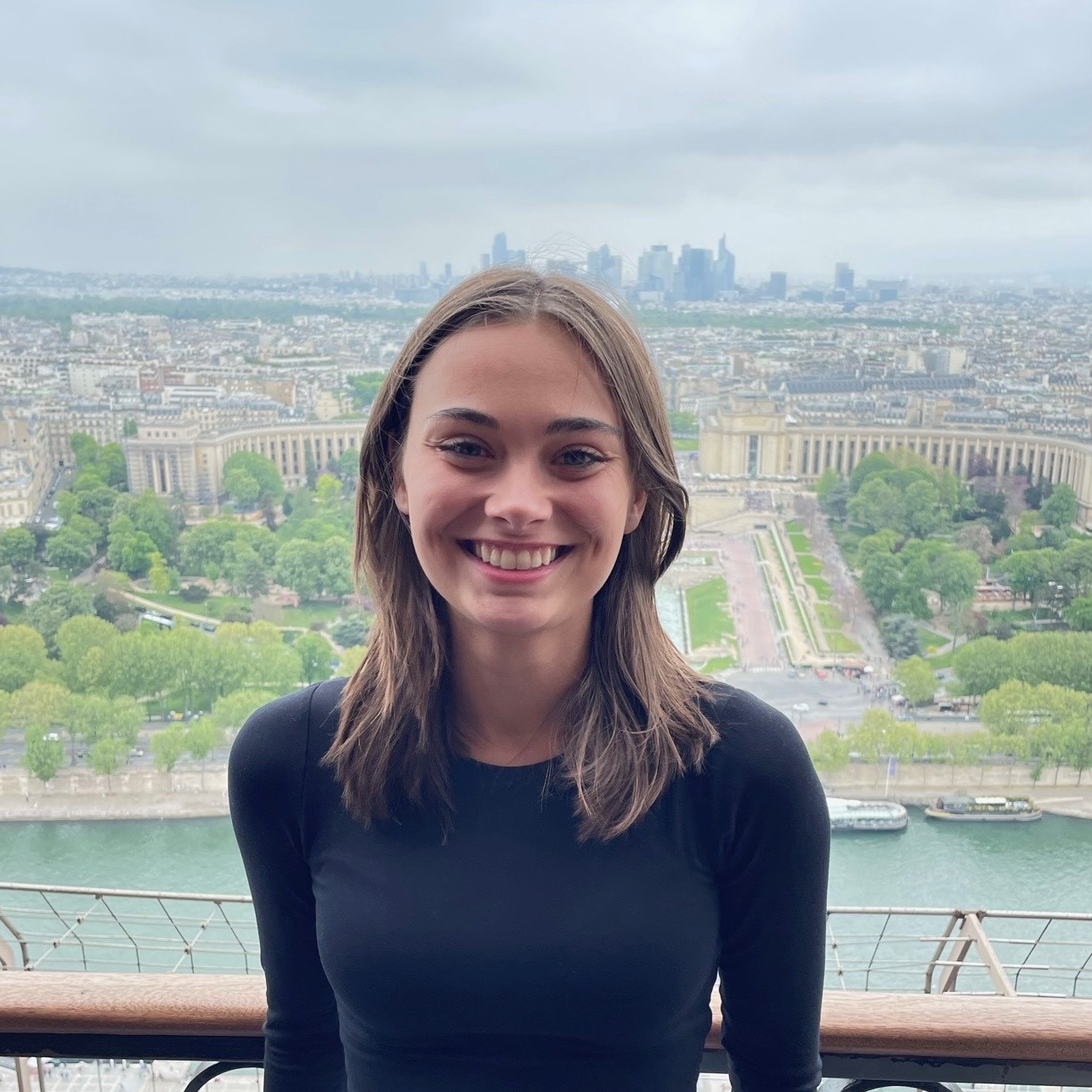
Davies, Hannah
Hannah Davies
Read more

Hannah Davies
| Grant Category: | Fulbright-Nehru Student Research Program |
| Project Title: | Health Technology Meets Intervention – An Objective Lens to Assess ASD Service Efficacy |
| Field of Study: | Public Health |
| Home Institution: | Brandeis University, Waltham, MA |
| Host Institution: | All India Institute of Medical Sciences (AIIMS), Nagpur, Maharashtra |
| Grant Start Month: | August 2024 |
| Duration of Grant: | Nine months |
Brief Bio:
Hannah Davies earned an MS and BS in neuroscience and a BS in psychology (magna cum laude) from Brandeis University within four years. Hannah’s master’s thesis on the visual mechanisms involved in balancing was awarded the highest honors within the neuroscience department, and her research is being expanded by senior researchers at Colorado State University who aim to create AI models that assist pilots in maintaining aircraft stabilization mid-flight. During her time at Brandeis, Hannah assisted in teaching organic chemistry to undergraduate students and received the Emily Dudek Undergraduate Teaching Award for her effective teaching methods. Additionally, Hannah coordinated SPECTRUM – a volunteer program providing free mentoring, tutoring, and group play resources to children with disabilities – throughout her four years at Brandeis.
After graduation , Hannah was awarded the two-year Donald J. Cohen Fellowship in developmental social neuroscience at the Marcus Autism Center, a leading institution in the U.S. for autism spectrum disorder (ASD). This research fellowship also led to Hannah co-authoring a paper which was published in the Journal of Autism and Developmental Disorders. Hannah is also performing her own independent research on children regarding the genetic likelihood of autism. She has presented her clinical research at the 2024 Gatlinburg Conference and at the 2023 annual meeting of the International Society for Autism Research. Outside of research, Hannah coordinates the NIH-funded FirstFocus Study aimed to validate eye-tracking technology as an autism diagnostic tool within the first year of life.
Hannah’s Fulbright-Nehru project is objectively analyzing the efficacy of the Caregiver Skills Training (CST) program using mobile healthcare technology. The CST program, being implemented at AIIMS Nagpur, is addressing autism service insecurity by teaching caregivers how to mediate autism interventions at home. As part of her study, Hannah is quantifying children’s social behavior, sensory sensitivity, and motor functioning from children playing tablet games and watching videos, before and after CST programming, in the hope of improving awareness about CST benefits.
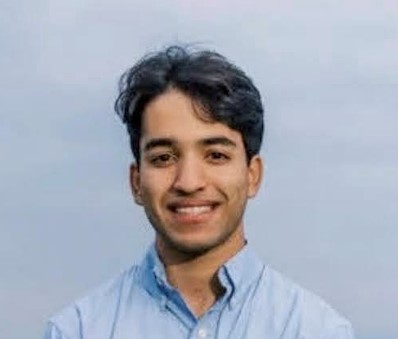
Deo, Yash
Yash Deo
Read more

Yash Deo
| Grant Category: | Fulbright-Nehru Student Research Program |
| Project Title: | Assessing the Efficacy of tDCS as a Remedy for Depression |
| Field of Study: | Medical Sciences |
| Home Institution: | University of Tennessee, Knoxville, TN |
| Host Institution: | University of Delhi, New Delhi, Delhi |
| Grant Start Month: | August 2024 |
| Duration of Grant: | Nine months |
Brief Bio:
The American Psychological Association defines depression as a deep-seated illness marked by sadness and loss of interest in activities. Its impact was deeply felt by Yash Deo when his grandfather was diagnosed with Parkinson’s disease. Yash then played a significant role in his grandfather’s care, taking on daily responsibilities such as bathing him, changing his clothes, and cooking for him. This experience piqued Yash’s interest in the psyche/neuro side of science, prompting him to take a psychology course in high school. There, he was introduced to concepts like neuroplasticity, which reshaped his understanding of the brain’s adaptability quotient. Motivated by these insights, he pursued a bachelor’s degree in neuroscience and worked in Dr. Matthew Cooper’s behavioral neuroscience lab. His studies and lab work deepened his knowledge of the neurobiological mechanisms behind disorders like depression. Outside of the classroom, Yash was active in the neuroscience community at the University of Tennessee, serving as a neuroscience ambassador and holding leadership roles in several university neuroscience organizations. He developed key organizational and team-building skills and launched the Neuro-Tools Series, providing practical neuroscience-based tools on topics such as sleep, focus, and motivation. These experiences have led Yash to aspire to a career in interventional psychiatry, where he aims to use specialized neuromodulatory techniques like transcranial direct current stimulation (tDCS) to alleviate the burdens of mental and neurological disorders. His goal is to enable individuals to engage meaningfully with their communities without the constraints of their symptoms; the focus is particularly on treating depressive and anxiety disorders to restore normalcy and joy to their lives.
The research, divided into three phases of preparation, treatment, and analysis, is utilizing advanced techniques like fNIRS (functional near-infrared spectroscopy), EEG (electroencephalography), and cognitive testing. Yash’s extensive lab experience and Dr. Verma’s expertise aim to enhance treatment strategies for severe urban mental health crises.
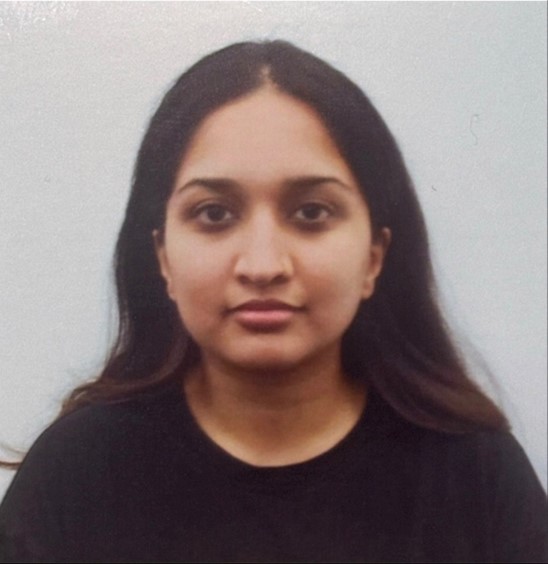
Doreswamy, Kruthika
Kruthika Doreswamy
Read more

Kruthika Doreswamy
| Grant Category: | Fulbright-Nehru Student Research Program |
| Project Title: | Examining Barriers in Medical and Community Resource Access among Stroke Survivors |
| Field of Study: | Public Health |
| Home Institution: | University of Pittsburgh, Pittsburgh, PA |
| Host Institution: | Kasturba Medical College, Manipal, Karnataka |
| Grant Start Month: | August 2024 |
| Duration of Grant: | Nine months |
Brief Bio:
Kruthika Doreswamy completed her BS in neuroscience and BA in French from the University of Pittsburgh and went on to complete her MPH in epidemiology at the university’s School of Public Health. During her MPH internship, she examined the relationship between paternal characteristics and spontaneous abortion, and went on to present the findings at the American Public Health Association Annual Meeting and Expo. Between 2022 and 2024, Kruthika worked at the National Institutes of Health as a post-baccalaureate fellow in the Rehabilitation Medicine Department. She has served as an associate investigator on various protocols examining motor function in individuals with rare neuromuscular disorders, such as spinal and bulbar muscular atrophy and ALS (amyotrophic lateral sclerosis). She has made presentations at various conferences, such as those of the Muscular Dystrophy Association and World Muscle Society. She is interested in pursuing medical school and working toward increasing access to rehabilitation resources.
In India, stroke is the fifth leading cause of disability and because of the sheer numbers involved due to the country being home to the largest population on the planet, patient-focused rehabilitation is a challenge. In her Fulbright-Nehru project, Kruthika is examining the perspectives of individuals who have experienced a stroke, as well as the perceptions of their caregivers and healthcare providers. She hopes to explore avenues for translating the study’s findings into broader public policy and to create culturally informed tools for post-stroke recovery.
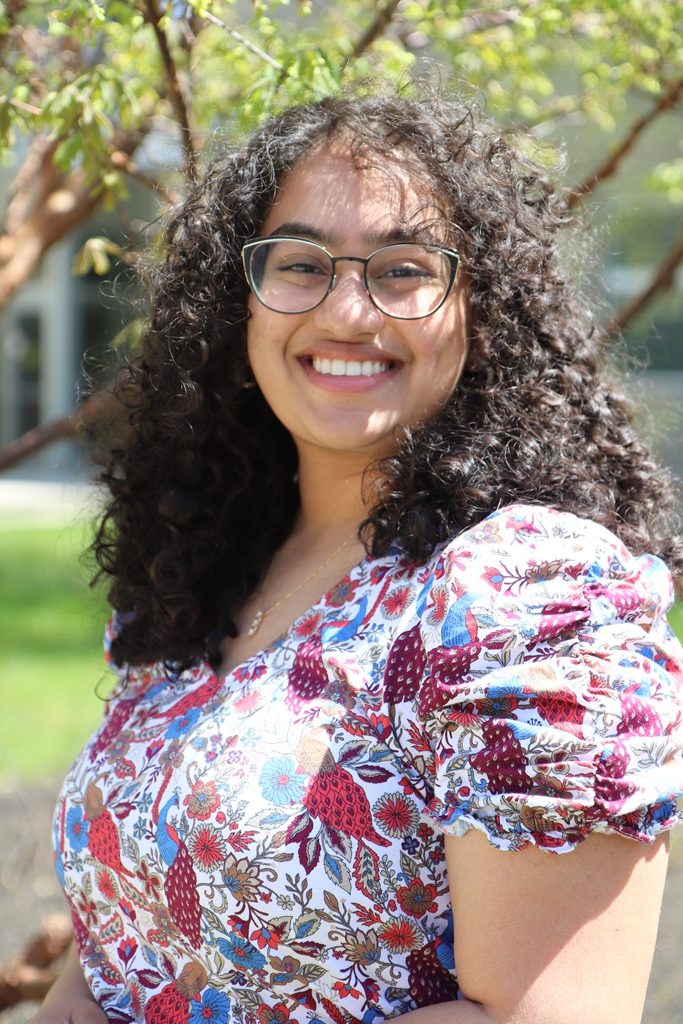
Dyta, Mayukha
Mayukha Dyta
Read more

Mayukha Dyta
| Grant Category: | Fulbright-Nehru Student Research Program |
| Project Title: | Diagnosing Diversity: Differences in Managing and Treating Pluralistic Patient Populations |
| Field of Study: | Anthropology |
| Home Institution: | Ohio Wesleyan University, Delaware, OH |
| Host Institution: | Birla Institute of Technology and Science-Pilani, Sankval, Goa |
| Grant Start Month: | December 2024 |
| Duration of Grant: | Six months |
Brief Bio:
Mayukha Dyta is a bachelor’s student in the U.S. pursuing degrees in pre-medicine and sociology/anthropology. She is interested in methods of diagnosis and the malleability of biomedicine in the way it is taught in different cultures. She has previously worked in biomedical wet labs and conducted electrophysiology research on cardiomyocyte ion channels and yeast cell integrity. Mayukha has published a groundbreaking paper on the presence of BK channels in exosomes. She has also carried out ethnographic work in Indian medical schools. She is a youth delegate for the UN Program UNITE2030 and is the president of a number of clubs and organizations at the collegiate level whose mission range from promoting women in science to creating communities of like-minded individuals. In her free time, Mayukha likes to read, and enjoys the classics.
In her Fulbright-Nehru program, Mayukha is completing an anthropological ethnographic research project to understand how pluralistic patient populations affect diagnosis and treatment (or continuum of care). In addition, she is focusing on the difference between managing and treating patients in the culturally influenced style of biomedicine to understand the fluidity of the practice. The research is building on work in medical anthropology and sociological medical practices among pluralistic patient populations.
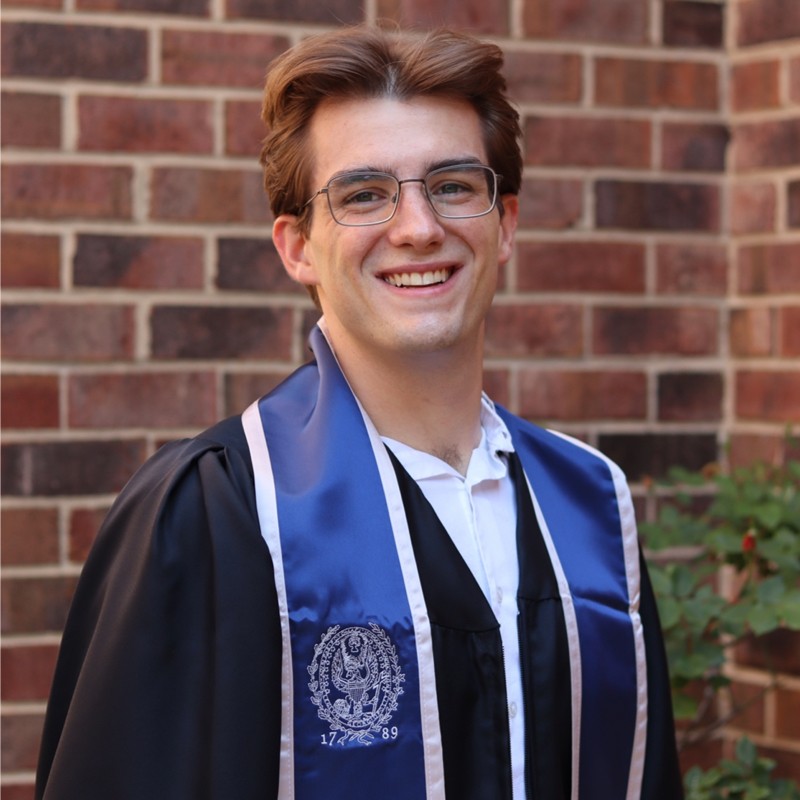
Edmundson, Joseph
Joseph Edmundson
Read more

Joseph Edmundson
| Grant Category: | Fulbright-Nehru Student Research Program |
| Project Title: | Economic and Environmental Stakeholder Impact Evaluation of Agrarian Market Interventions |
| Field of Study: | Economics |
| Home Institution: | Georgetown University, Washington, DC |
| Host Institution: | Indian Institute of Technology Delhi, New Delhi, Delhi |
| Grant Start Month: | August 2024 |
| Duration of Grant: | Nine months |
Brief Bio:
Joseph Edmundson graduated from the Georgetown University Walsh School of Foreign Service in May 2022 with a BS in international economics with minors in mathematics and international development. His academic interests include rural and agrarian economic development with a focus on environmental, health, and economic externalities. Joseph’s first exposure to India was in December 2019 when he traveled to New Delhi on a two-week immersion trip to collect local experiences and perspectives on water utilization. Leaving the country with a profound desire to continue engaging with and working in India, he spent the remainder of his undergraduate years investigating rural Indian economic initiatives. This culminated in his honors thesis on the Mahatma Gandhi National Rural Employment Guarantee Act’s theoretical impact on wage dynamics.
During his undergraduate years, he was also involved with nonprofit consulting. Following his graduation, Joseph spent two years with Goldman Sachs Public Global Banking and Markets Division in New York City.
In India, Joseph is excited to spend his free time continuing to develop his yoga practice as well as learn new culinary techniques, two of his favorite hobbies. Joseph also enjoys playing the tenor saxophone and piano, and is an avid art museum goer. Besides, he has performed as a dancer in Georgetown’s Rangila, an annual South Asian dance recital fundraiser.
In his Fulbright-Nehru project, Joseph is researching the implementation of two technology-based agrarian market interventions, the National Agriculture Market (eNAM) and AgMarknet; eNAM is a pan-India online trading platform for agricultural commodities with the goal of enabling large-scale market integration, while AgMarknet is an initiative to collect, analyze, and disseminate market information to agricultural market stakeholders. In his project, specifically, he is examining where these interventions have been successful and the kind of barriers they had faced; he is also studying the initiatives’ market efficiencies; besides, he is looking at the environmental and economic externalities brought about by these initiatives, including in terms of decision-making related to cropping practices and patterns over time.
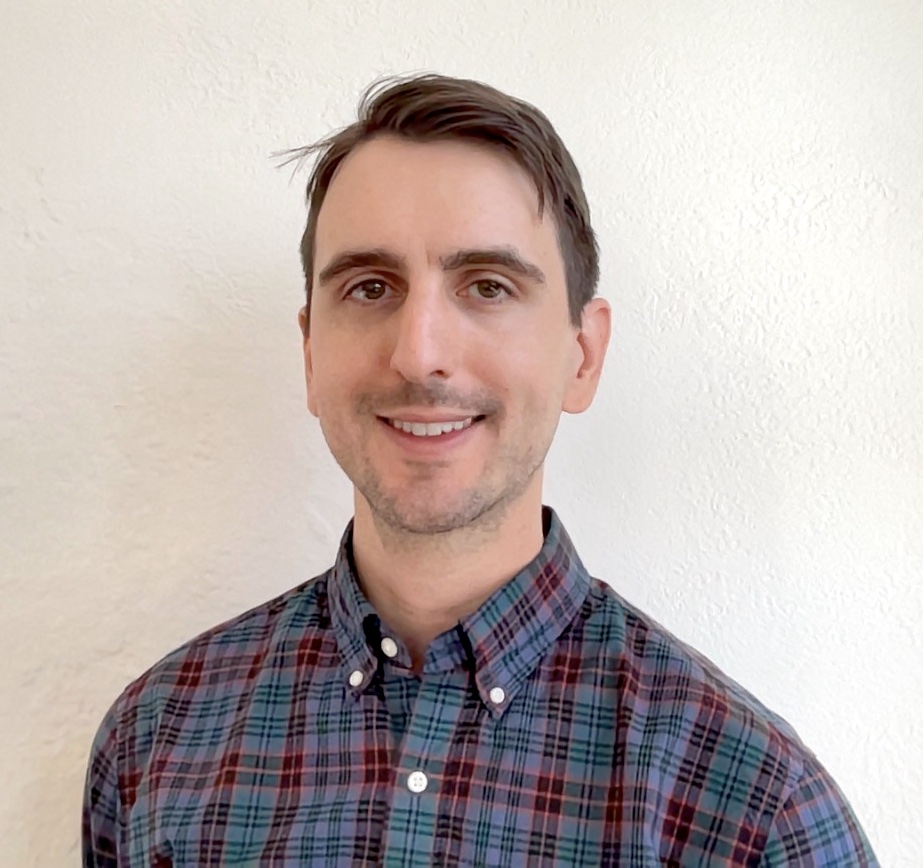
Engmark, Joseph
Joseph Engmark
Read more

Joseph Engmark
| Grant Category: | Fulbright-Nehru Student Research Program |
| Project Title: | Survey Statistics PhD Research: Capture-Recapture Methods |
| Field of Study: | Mathematics |
| Home Institution: | University of Maryland, College Park, MD |
| Host Institution: | Indian Statistical Institute, Kolkata, West Bengal |
| Grant Start Month: | September 2024 |
| Duration of Grant: | Nine months |
Brief Bio:
Joseph Engmark is pursuing his PhD in mathematical statistics from the Department of Mathematics at the University of Maryland. His research interests focus on design-based probability sample surveys. Since 2018, Joseph has been working in the Center for Statistical Research and Methodology at the U.S. Census Bureau. Prior to joining the bureau, he taught mathematics at secondary schools in Liberia and Malawi as a U.S. Peace Corps volunteer. Joseph has a broad interest in nature, cultural exchange, and the global community.
Under the Fulbright-Nehru fellowship, John is collaborating with researchers at the Indian Statistical Institute in Kolkata. The research project is focusing on capture-recapture methods, a survey sampling technique used to estimate totals in a finite population. These methods are widely used in practice, including in epidemiology, wildlife conservation, and official statistics, such as a census.
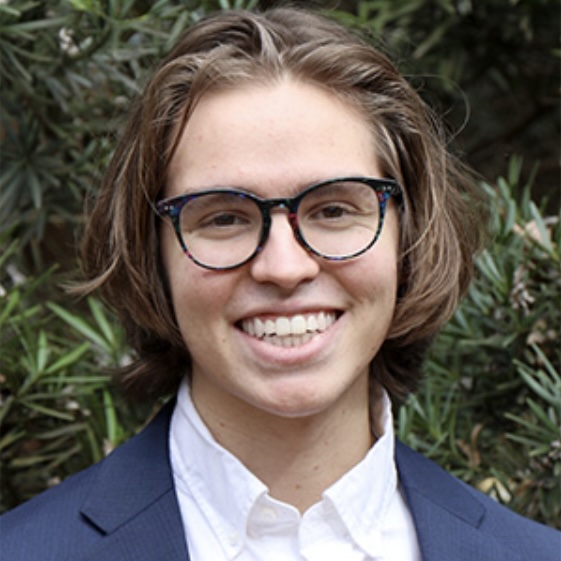
Gadomski, Christopher
Christopher Gadomski
Read more

Christopher Gadomski
| Grant Category: | Fulbright-Nehru Student Research Program |
| Project Title: | Tibetan Resilience in Exile: Oral Histories of Displacement and Cultural Preservation |
| Field of Study: | Anthropology |
| Home Institution: | Emory University, Atlanta, GA |
| Host Institution: | College for Higher Tibetan Studies, Dharamshala, Himachal Pradesh |
| Grant Start Month: | August 2024 |
| Duration of Grant: | Nine months |
Brief Bio:
Christopher Gadomski graduated with a major in neuroscience and behavioral biology and a minor in religion from Emory University where he studied the epigenetic underpinnings of Alzheimer’s and other neurodegenerative diseases. During his time there, he volunteered as an advanced emergency medical technician and also served as the technical director for Emory’s internet Radio Station, WMRE. Since graduation, he has been researching in the area of neuroimmunology of brain metastases using computational and in vitro techniques. He plans to pursue a career in medicine and increase healthcare accessibility for the marginalized communities.
For more than 60 years, the Tibetan people have lived in exile to escape forced secularization and preserve their way of life. And they have succeeded despite immense hardship, as illustrated by the fact that their unique culture and religious practices now thrive in Dharamshala and around the world. What underlies this resilience against persecution and displacement? Chris’s Fulbright-Nehru project is helping to document, preserve, and promote the oral histories of the Tibetan exile community. This documentation of life in exile – past, present, and future – may provide an insight into how to cultivate resilience in other refugee communities and instill the values of compassion and well-being in the face of hardship.
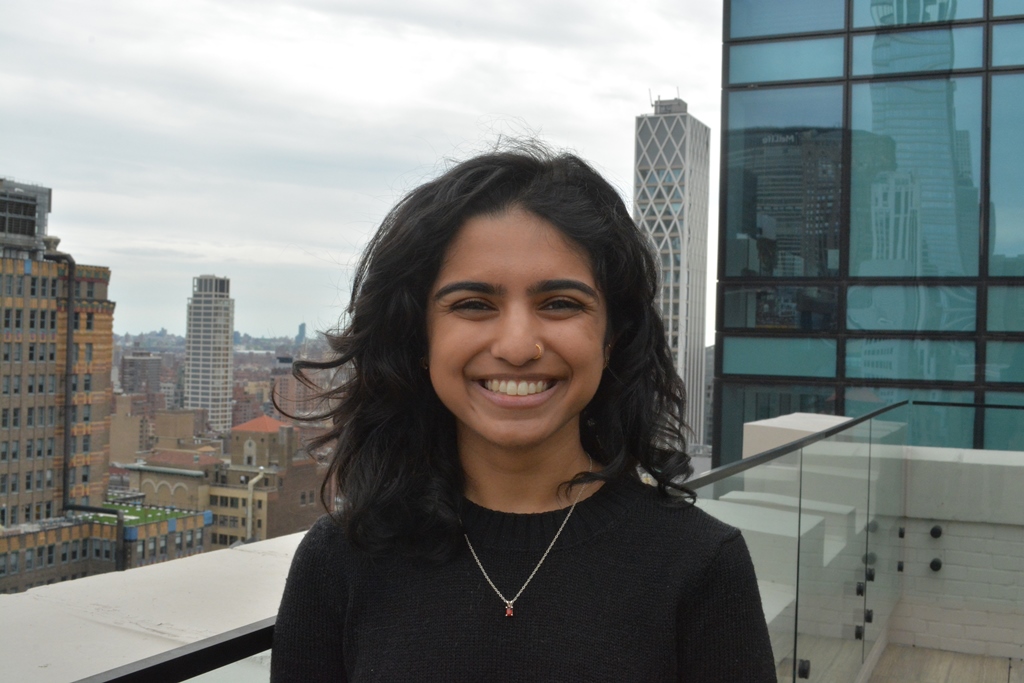
Gandhi, Shaili
Shaili Gandhi
Read more

Shaili Gandhi
| Grant Category: | Fulbright-Nehru Student Research Program |
| Project Title: | Labor Organizing for Health Security: A Case Study of Self-Employed Women’s Association |
| Field of Study: | Public Health |
| Home Institution: | New York University, New York, NY |
| Host Institution: | Tata Institute of Social Sciences, Mumbai, Maharashtra |
| Grant Start Month: | September 2024 |
| Duration of Grant: | Nine months |
Brief Bio:
Shaili Gandhi is passionate about improving the health and well-being of underserved populations, with a particular commitment to people who use drugs, people living with mental illness, and immigrant communities. Shaili received her undergraduate degree from New York University in 2020 and completed her master’s in public health with a concentration in community health from the City University of New York in 2022. While completing her MPH, she worked for the Viral Hepatitis Program at the NYC Department of Health and Mental Health where she supported Hepatitis B and C care navigation programs. During this time, she helped facilitate a space for peer and patient navigators to stay abreast of relevant policy changes, created meaningful referral relationships, and troubleshot cases. Moreover, upon noticing a dearth of resources tailored to the South Asian community in New York, she and her colleagues worked together to develop the South Asian Hepatitis Initiative (SAHI). After her master’s, Shali joined the New York University Health x Housing Lab as a research coordinator. There, she developed her qualitative research skills by conducting an evaluation of a telephone-based nurse triage service in NYC homeless shelters. She is presently using community-engaging research methods to better understand the pathways to housing for older homeless adults. Throughout her academic and professional career, Shaili has been interested in how activism and community organizing can be used to build communities of care from the ground up.
In her Fulbright-Nehru project, Shaili is exploring the intersecting objectives of feminism, labor activism, and health activism through a case study of India’s Self-Employed Women’s Association (SEWA). SEWA implements a health service delivery model that simultaneously serves the community and promotes economic independence for their health workers by training grassroots organizers to provide health services within their own villages. Shaili is using qualitative methods to understand how SEWA has traversed the boundary between trade union and public health without sacrificing the core components of either. Her research aims to shed light on how to build sustainable, community-led solutions to promote health security for all.
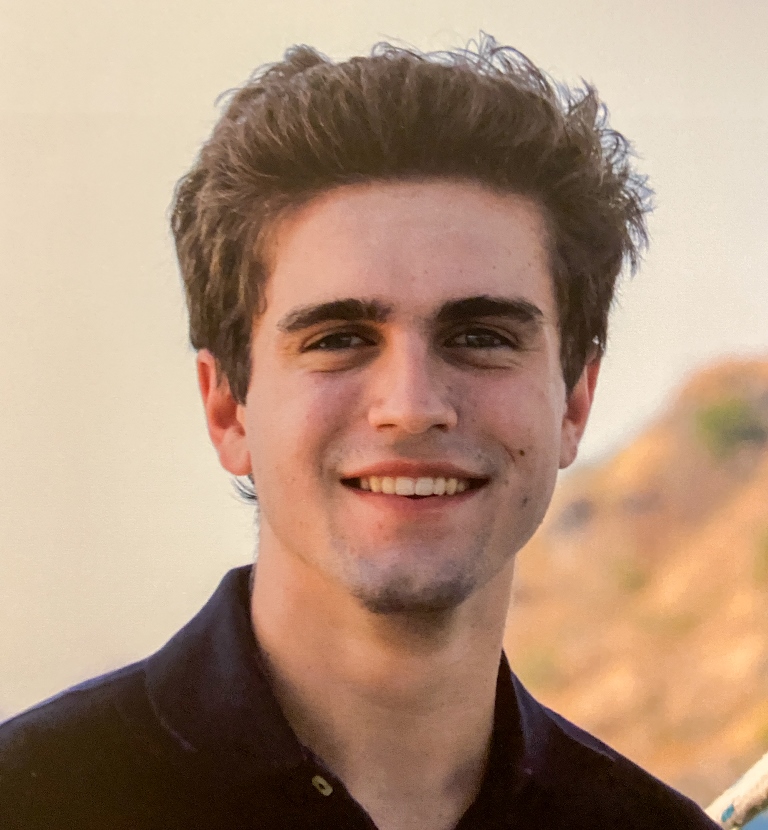
Gordan, Andrew
Andrew Gordan
Read more

Andrew Gordan
| Grant Category: | Fulbright-Nehru Student Research Program |
| Project Title: | India Rising – Domestic Narratives and State Behavior |
| Field of Study: | Political Science |
| Home Institution: | Harvard University, Cambridge, MA |
| Host Institution: | Ashoka University, Sonipat, Haryana |
| Grant Start Month: | August 2024 |
| Duration of Grant: | Nine months |
Brief Bio:
Andrew Gordan studies international relations with a focus on South Asia. He received an AB in government from Harvard University in 2024. In 2023, he received a Boren Scholarship to study Hindi and Urdu in Lucknow, India. As an undergraduate, Andrew worked across think tanks and research centers, including the Council on Foreign Relations, the Wilson Center, Harvard’s Negotiation Task Force, and Stanford’s Center on Democracy, Development, and the Rule of Law.
Andrew’s Fulbright-Nehru research project is exploring the role of elite attitudes and narratives in the making of Indian foreign policy, especially in relation to India’s rising power status. For this purpose, based in Delhi, he is conducting interviews, media analysis, and archival research.
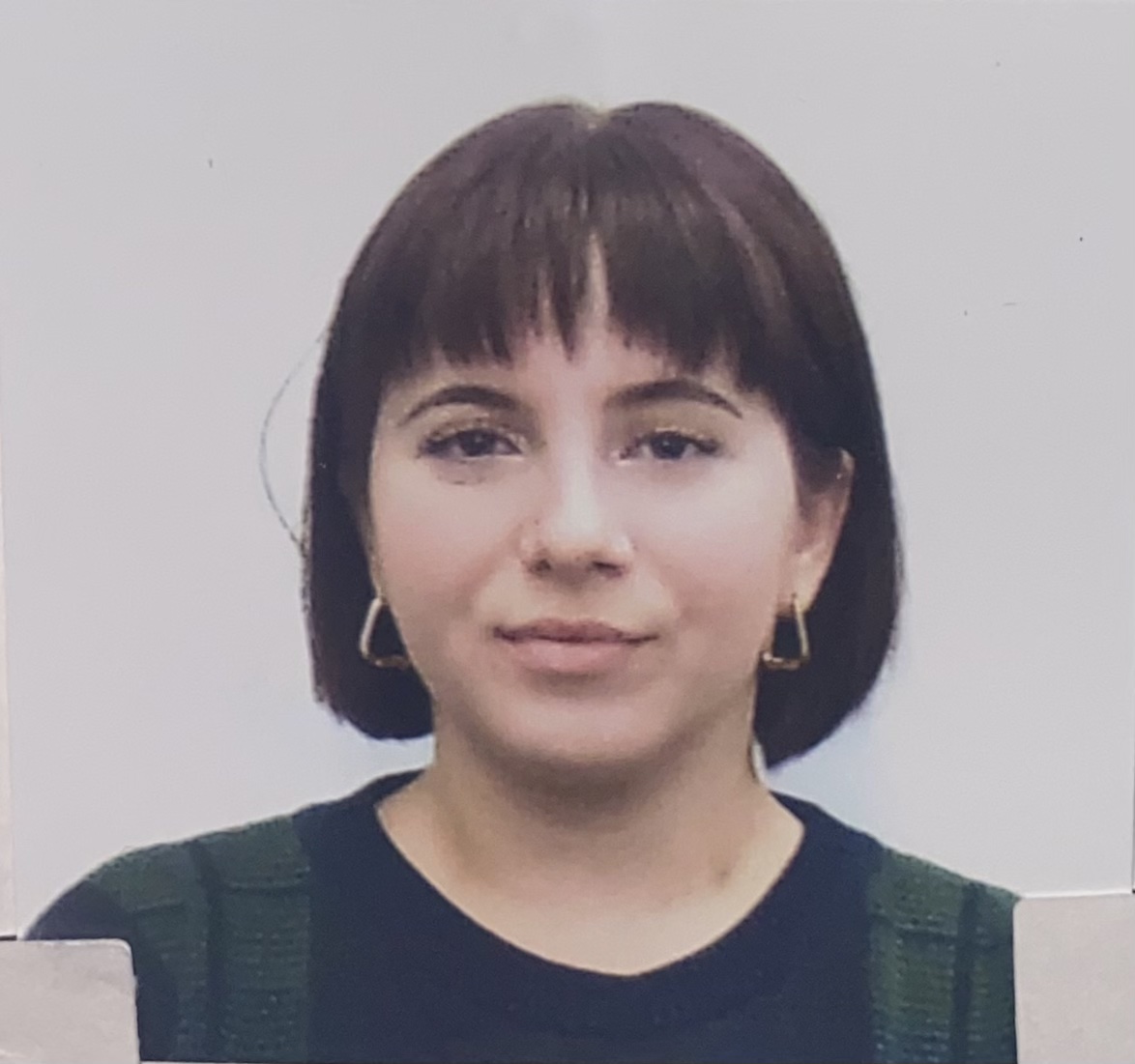
Huesa, Isabel
Isabel Huesa
Read more

Isabel Huesa
| Grant Category: | Fulbright-Nehru Student Research Program |
| Project Title: | Analyzing the Impacts of Remote Mental Health Interventions on Vulnerable Populations |
| Field of Study: | Public Health |
| Home Institution: | St. Louis, Louis, MO |
| Host Institution: | University of Delhi, New Delhi, Delhi |
| Grant Start Month: | August 2024 |
| Duration of Grant: | Nine months |
Brief Bio:
Isabel Huesa graduated summa cum laude from Washington University in St. Louis with a BA in anthropology, global health, and the environment, and minors in biology and South Asian languages and cultures. She wrote her senior honors thesis on the history of fossil fuel divestment campaigns at higher education institutions. A proud alumna of the North Carolina School of Science and Mathematics, Isabel’s interests lie at the intersection of social justice, the environment, and health disparities. She dedicated her undergraduate career to understanding disease impact and harm reduction in marginalized communities; expanding student mental healthcare access; fighting for social justice; and examining Washington University’s role within the greater St. Louis. An advocate at heart, Isabel has mentored students as a mental health peer counselor, advised university leadership as the undergraduate representative to WashU’s Board of Trustees, and – in the wake of Missouri’s statewide abortion ban – led outreach efforts for Planned Parenthood. A critical language scholar, Isabel spent over six years learning Hindi. As a climate justice advocate, Isa participated in the United Nations’ 28th Conference of the Parties and also worked as a student consultant in the Interdisciplinary Environmental Law Clinic at WashU Law.
In her Fulbright-Nehru project, Isabel is in Delhi studying mental telehealth interventions in the HIV care continuum. She is evaluating and analyzing the efficacy of the existing 24/7 NACP (National AIDS Control Program) phone counseling service by examining the frequency of use by MSM (Men Who Have Sex with Men), the perceived effects of the phone counseling, and the patterns of HIV transmission and treatment in Delhi among MSM before and after such counseling.
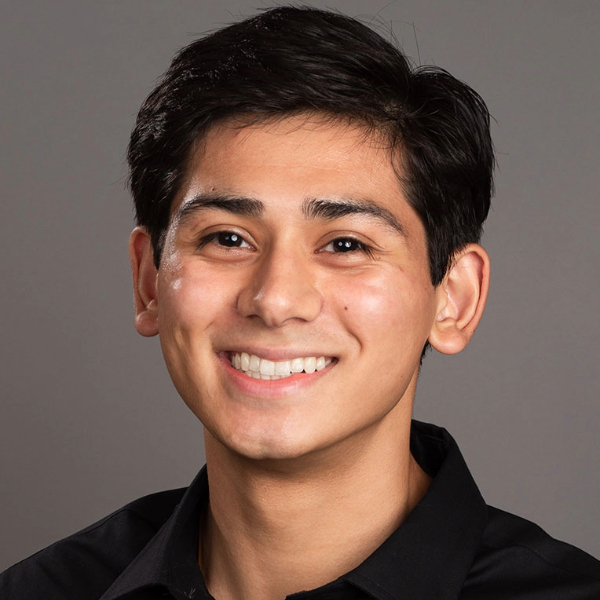
Judge, Mohnish
Mohnish Judge
Read more

Mohnish Judge
| Grant Category: | Fulbright-Nehru Student Research Program |
| Project Title: | The Tibetan Diaspora and Mass Media: A Case Study of Central Tibetan Administration's DIIR |
| Field of Study: | Linguistics |
| Home Institution: | Oregon State University, Mohnish |
| Host Institution: | Indian Institute of Technology Delhi, New Delhi, Judge |
| Grant Start Month: | August 2024 |
| Duration of Grant: | Nine months |
Brief Bio:
Mohnish Judge is a Tibetan Indian American graduate of Oregon State University with a major in economics and minors in religious studies and linguistics. He is interested in the intersections of language, cultural identity, and political advocacy. As an undergraduate, he conducted research on Tibetan honorifics as part of his honors thesis, founded and led the Himalayan Student Association on his campus, and worked to provide low-income housing in his community.
For his Fulbright-Nehru project, Mohnish is investigating the mechanisms through which media functions, connects, and interacts with the Tibetan diaspora communities. Using a linguistic and communicative lens, he is examining the production and consumption of the media created by the Tibetan government-in-exile by conducting interviews and surveys, and through discursive and rhetorical analyses. The aim is to contribute to the current scholarship surrounding media, diaspora studies, imperialism, and cultural preservation.
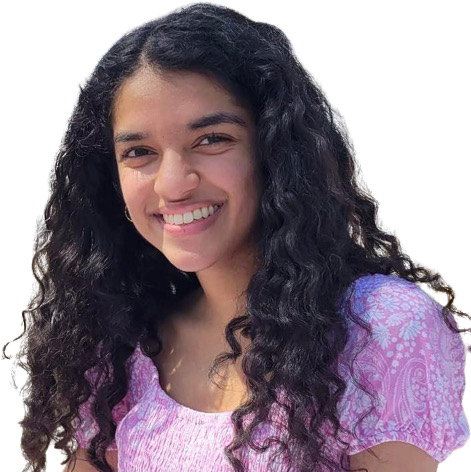
Kannan, Harini
Harini Kannan
Read more

Harini Kannan
| Grant Category: | Fulbright-Nehru Student Research Program |
| Project Title: | Development of Standardized Assessment Tools for Cortical Visual Impairment |
| Field of Study: | Biomedical Engineering |
| Home Institution: | Harvard University, Cambridge, MA |
| Host Institution: | Aravind Eye Hospital, Madurai, Tamil Nadu |
| Grant Start Month: | August 2024 |
| Duration of Grant: | Nine months |
Brief Bio:
Harini Kannan is a student at Harvard University, graduating in Spring 2024 with a BS in mechanical engineering. Her interests lie at the intersection of engineering and medicine, with a specific emphasis on pediatrics and neurodevelopment. This is driven by her research in the following areas: development of robotic wearable systems for rehabilitation; assessing early mobility in global hospitals; volunteer work with underprivileged children in Cambridge and Boston communities; and organizing recreational programs for children with disabilities. She hopes to pursue a career in medicine and develop medical devices to help pediatric populations.
Harini’s Fulbright-Nehru project is building upon her experience working with children with cortical visual impairment (CVI) where it is difficult to identify its symptoms when it’s present alongside autism. For her research, she is working with the Low Vision Center at Aravind Eye Institute, Madurai, to develop the first autism-standardized CVI diagnostic tool and implement it. Using the currently administered assessments, she is identifying the visual skill impairments with the highest correspondence to a CVI diagnosis. She is also developing an app in the form of a mobile game to act as at-home visual rehabilitation to improve visual abilities that are impacted by CVI.
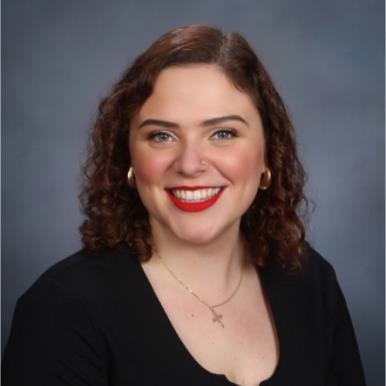
Kozan, Anna
Anna Kozan
Read more

Anna Kozan
| Grant Category: | Fulbright-Nehru Student Research Program |
| Project Title: | Understanding How Language Barriers Affect Health Literacy and Access in Rural South India |
| Field of Study: | Public Health |
| Home Institution: | Ramapo College of New Jersey, Mahwah, NJ |
| Host Institution: | St. John’s Medical College, Bengaluru, Karnataka |
| Grant Start Month: | August 2024 |
| Duration of Grant: | Nine months |
Brief Bio:
Anna Kozan is graduating in May 2024 with a BS in nursing and a BA in Spanish language studies from Ramapo College of New Jersey (RCNJ). In her Spanish studies program, she conducted research on the intersection of language and health, and the potentially detrimental outcomes that can occur when patients speak a different language from their care providers. In 2023, she completed a Critical Language Scholarship (CLS), Spark, to study Russian. She is now volunteering as a CLS alumni ambassador and advertising the program through social media and by hosting events. She has been working as a patient care technician at a hospital in New Jersey since October 2022 and developing her clinical skills to help her in her career as a nurse. Anna also works as a Spanish tutor at Ramapo College. Besides, she is the social media chair of the RCNJ Spanish Club. She is also a member of the Sigma Theta Tau International Honor Society of Nursing and of the Sigma Delta Pi National Collegiate Hispanic Honor Society. Anna is fluent in Spanish and holds an intermediate mid-proficiency in Russian, as well as a novice high proficiency in Arabic and the American Sign Language. She is also a choreographer and performer for the RCNJ Dance Company.
In her Fulbright-Nehru project, Anna is researching if language barriers in India’s Karnataka state is affecting patient care, health literacy, and health outcomes. Working with Dr. Archana Siddaiah at St. John’s Medical College in Bengaluru, she is interviewing healthcare workers at the college to determine their experiences with language barriers and patient care. She is also interviewing patients to find out whether they are experiencing problems in care due to language barriers. The goal of the project is to implement community-based solutions for the issues that are identified.
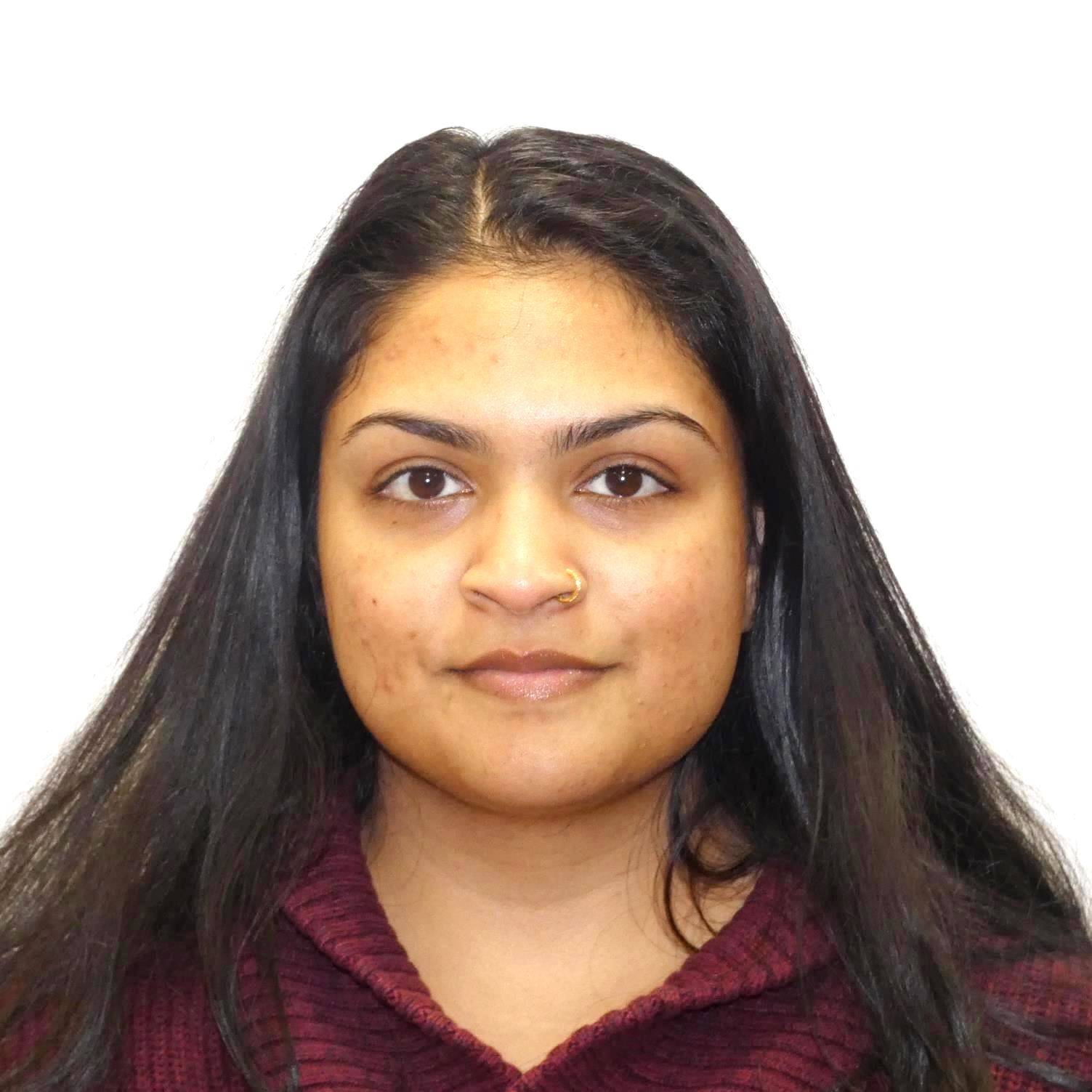
Kulkarni, Anushka
Anushka Kulkarni
Read more

Anushka Kulkarni
| Grant Category: | Fulbright-Nehru Student Research Program |
| Project Title: | The Empire Sings Back: Operatic Histories of British-Indian Colonial Encounter |
| Field of Study: | Music Studies |
| Home Institution: | , Davis, CA |
| Host Institution: | University of California, Kolkata, West Bengal |
| Grant Start Month: | August 2024 |
| Duration of Grant: | Nine months |
Brief Bio:
Anushka Kulkarni is a PhD candidate in musicology at UC Davis. She holds a bachelor’s degree in music in vocal performance and music history from the University of Delaware. Her primary research interests are in 18th-century opera, Rabindra Sangeet, and postcolonial studies. Her dissertation, “The Empire Sings Back: Operatic Histories of British-Indian Colonial Encounter”, engages in a transnational study of both European opera and Bengali musical drama, and their intersections with the empire. Anushka’s research has been supported by the UC Davis Dean’s Graduate Summer Fellowship. In 2023, she was the recipient of a Critical Language Scholarship.
In her Fulbright-Nehru project, Anushka is conducting archival work at the National Library, the West Bengal State Archives, and Asiatic Society, all situated in Kolkata, as well as at the Rabindra Bhavan Library and Archives in Santiniketan. This archival research will contribute to her dissertation on opera and British-Indian colonial encounter in 19th- and 20th-century Calcutta. Her work is also examining the complex and often contradictory representations of coloniality in musical drama. Besides, she is accessing primary source material on the presence and reception of Italian opera in 19th-century Calcutta as well as on the musical drama, or gitinatya, of the Bengali polymath, Rabindranath Tagore.
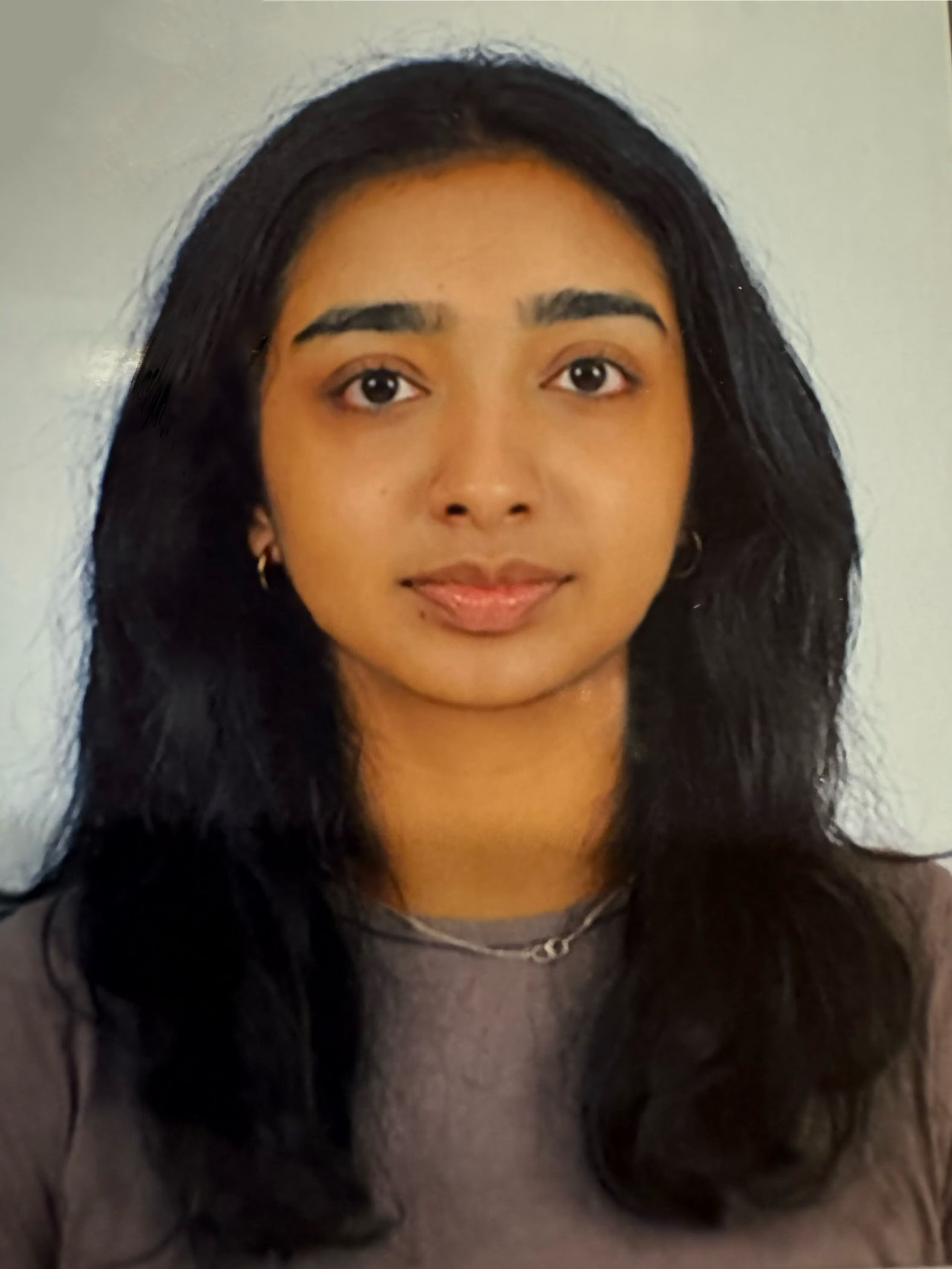
Kumar, Sandhya
Sandhya Kumar
Read more

Sandhya Kumar
| Grant Category: | Fulbright-Nehru Student Research Program |
| Project Title: | Impacts of COVID-19 on the Sexual and Reproductive Health of Women Migrants in Mumbai |
| Field of Study: | Public Health |
| Home Institution: | Yale University, New Haven, CT |
| Host Institution: | International Institute for Population Sciences, Mumbai, Maharashtra |
| Grant Start Month: | December 2024 |
| Duration of Grant: | Nine months |
Brief Bio:
Sandhya Kumar received an MPH in health policy with a concentration in global health from the Yale School of Public Health in May 2024. She was part of the accelerated five-year BA/MPH program and received her bachelor’s degree in global affairs and global health from Yale College. She grew up in Rochester, Minnesota.
At Yale, Sandhya volunteered with the Neighborhood Health Project in New Haven to provide free blood pressure and blood sugar screening at a food pantry and also led a summer international relations and leadership institute for high schoolers; she was also co-president of the South Asian Society.
Sandhya has interned with the U.S. Department of State’s Bureau on Population, Refugees, and Migration in Washington, D.C., working on initiatives related to sexual and reproductive health. She has also interned with Gavi, the Vaccine Alliance in Geneva, where she worked on routine immunization projects.
Sandhya’s Fulbright-Nehru project is studying the sexual and reproductive health of women migrants in Mumbai. The existing studies on COVID-19’s impact on India have overlooked the gendered effects of pandemic-fueled migration, notably in the area of sexual and reproductive health (SRH). Sandhya’s project is assessing women migrants’ access to SRH services, including to sexually transmitted infection screenings, family planning, and maternal care. In this context, she is engaging with local organizations that assist Mumbai’s migrant workers, interviewing women migrants, and understanding state and local government responses.
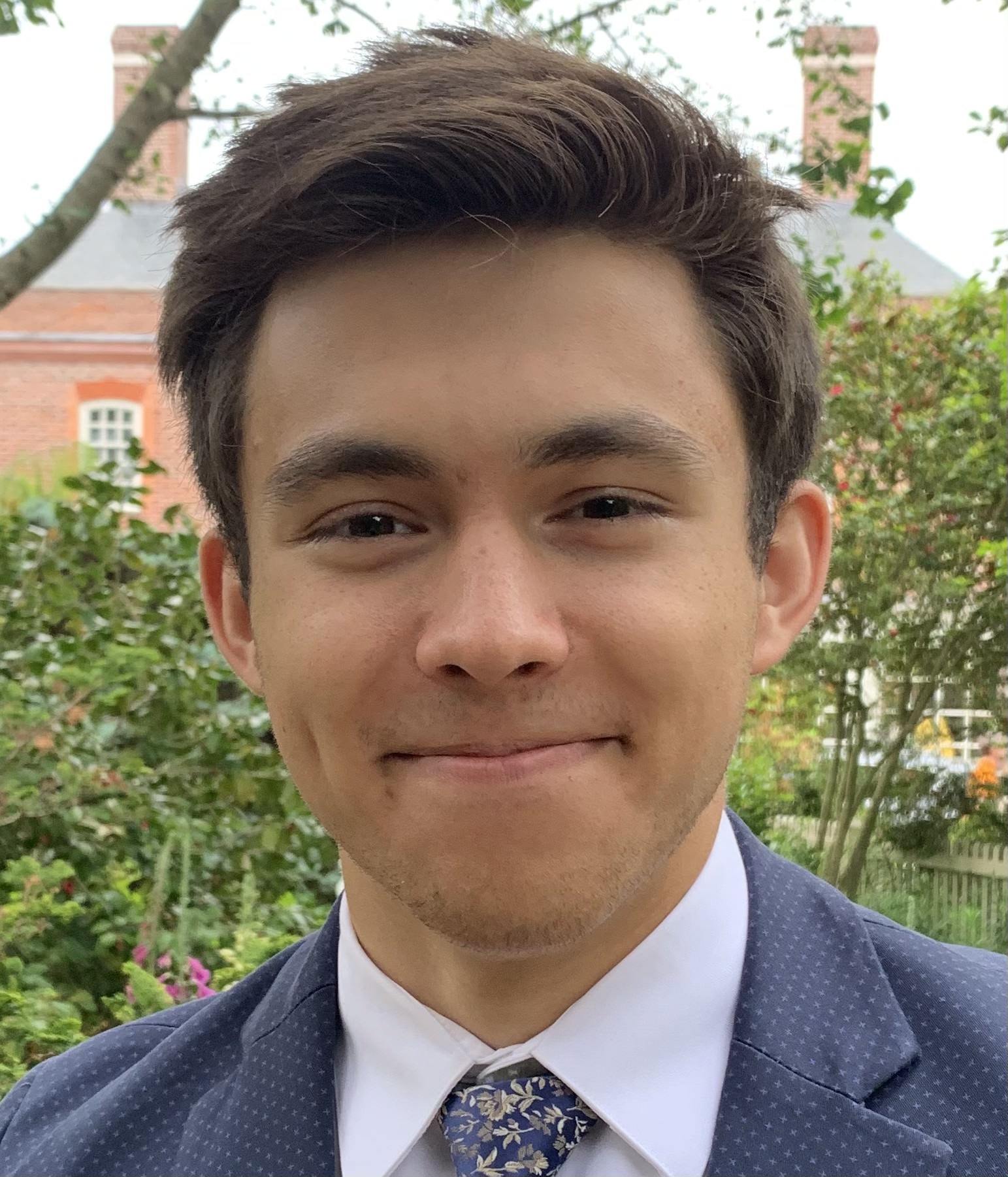
Kuzmenchuk, Aleksandr
Aleksandr Kuzmenchuk
Read more

Aleksandr Kuzmenchuk
| Grant Category: | Fulbright-Nehru Student Research Program |
| Project Title: | Defining Indian Ethos and the Hindu Identity from the Records of Dr. Sarvepalli Radhakrishnan |
| Field of Study: | Political Science |
| Home Institution: | William & Mary, Williamsburg, VA |
| Host Institution: | Ashoka University, Sonipat, Haryana |
| Grant Start Month: | August 2024 |
| Duration of Grant: | Eight months |
Brief Bio:
Alek Kuzmenchuk is a recent graduate of William & Mary, where he studied international relations and data science. He graduated summa cum laude and as a member of the oldest honor society in the United States, Phi Beta Kappa. His mother was born in Vadodara, India, and his father in Belarus. He is passionate about international affairs and public service and has completed internships at the U.S. Department of State, the U.S. Department of Defense, the U.S. Senate Foreign Relations Committee, the Global Research Institute, the Carnegie Endowment for International Peace, and geoLab. He was also the editor-in-chief of William & Mary’s journal of international studies, The Monitor. As part of the Department of State’s Critical Language Scholarship program, Alek spent the summer of 2023 studying Hindi in Jaipur. His research interests include Indian politics, Eastern European civic space, nuclear diplomacy, political behavior, and the role of ideology in international relations. In college, he was also a member and captain of the Division I gymnastics team. His recognitions include the NCAA Elite 90 Award, the Omicron Delta Kappa National Leader of the Year Award, the William & Mary Cypher Award, and the William & Mary Peel Hawthorne Award.
In his Fulbright-Nehru project, Alek is analyzing the records of India’s second president, Dr. Sarvepalli Radhakrishnan, to gain an understanding of India’s civilizational ethos through the lenses of political philosophy and religious ethics. Dr. Radhakrishnan’s body of work combines insights about the Advaita Vedanta school of Hinduism and its application to state building. Using that understanding, Alek, while working with researchers in the Department of International Relations at Ashoka University, is conducting conversational interviews with New Delhi residents and those from the surrounding area, as well as with those working in government, to understand how these insights are reflected in modern India.
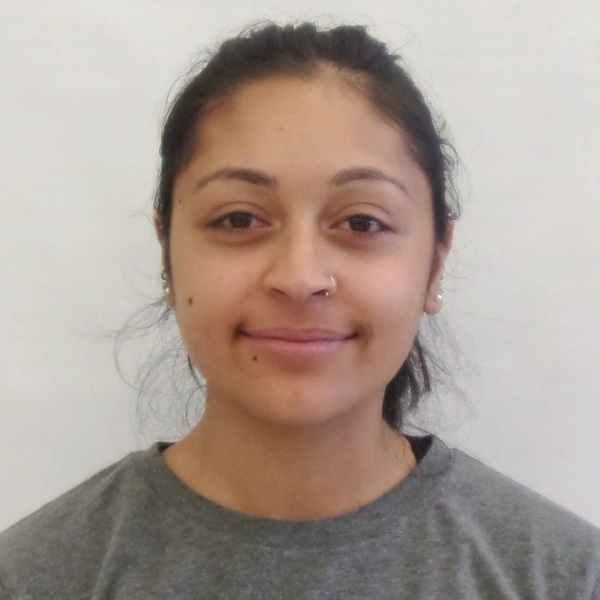
Mallick, Kaya
Kaya Mallick
Read more

Kaya Mallick
| Grant Category: | Fulbright-Nehru Student Research Program |
| Project Title: | Women on the Margins: An Ethnography of Hindu Women’s Ascetic Practices |
| Field of Study: | Gender Studies |
| Home Institution: | University of Washington, Seattle, WA |
| Host Institution: | University of Delhi, New Delhi, Delhi |
| Grant Start Month: | August 2024 |
| Duration of Grant: | Nine months |
Brief Bio:
Kaya Mallick is an anthropologist of religion who studies the interrelation between yoga and gender. She holds an MA in South Asia studies from the University of Washington, where she was a two-time Foreign Language and Area Studies (FLAS) Fellow in Hindi/ Urdu. She is also a 200-hour Registered Yoga Teacher (200-RYT) and creator of The Woke Yogi, a yoga lifestyle blog. Kaya’s scholarship largely centers around female practitioners of the Hindu ascetic traditions of yoga and tantra, but she is also currently researching the role of yoga in hyper-masculine nationalist iconographies.
Kaya is a devout scholar, teacher, and practitioner of yoga who spends much of her free time on her mat. She has been teaching vinyasa and yin-style yoga for six years, and her classes seek to integrate the psychosomatic practice of modern postural yoga with the tradition’s rich philosophical lineage.
Before discovering yoga, Kaya was primarily a playwright whose plays were staged across the U.S. and India. While earning her BFA, she discovered an inherent theatricality in the Hindu mythological texts and thus she began weaving their tales into her own. The resulting research ultimately inspired her transition from dramaturgy to sociocultural anthropology. However, despite her disciplinary shift, Kaya continues to tell stories – on the stage and in the yoga studio.
With the Fulbright-Nehru research grant, Kaya is conducting an ethnography of Hindu women who lead ascetic lifestyles (sādhvīs/saṃnyāsasinīs/yoginīs). Through participant observations and interviews, she is studying how and why Hindu women practice asceticism in uniquely gendered ways and how their ascetic practices impact their lives both materially and metaphysically.
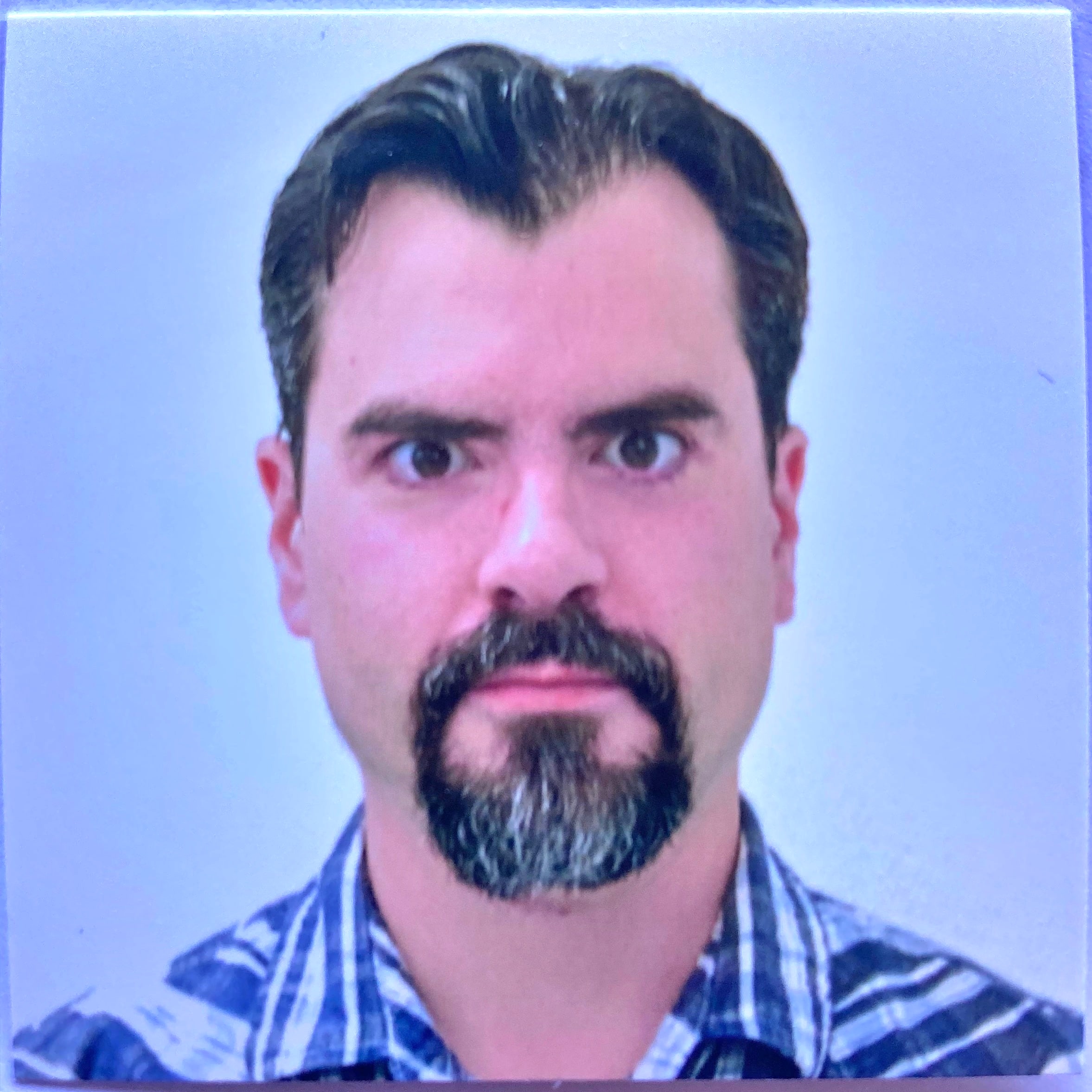
Monteserin Narayana, David
David Monteserin Narayana
Read more

David Monteserin Narayana
| Grant Category: | Fulbright-Nehru Student Research Program |
| Project Title: | When God Became Space: Searching for Śiva’s Empty Form in Medieval South India |
| Field of Study: | Religious Studies |
| Home Institution: | Stanford University, Stanford, CA |
| Host Institution: | École Française d’Extrême-Orient (EFEO), Puducherry, Puducherry |
| Grant Start Month: | October 2024 |
| Duration of Grant: | Six months |
Brief Bio:
David Narayana is a PhD candidate in religious studies at Stanford University, working on South Asian religions and specializing in the history and practice of Śaivism. Born and raised in Spain, David began his undergraduate study of philosophy at the University of Oviedo (Spain, 2013) and he later received his BA in philosophy, summa cum laude, from the University of Massachusetts Boston (2017), completing two minors in both religious and South Asian studies. He then earned an MA in religion, with a concentration in Asian religions, from Yale Divinity School (2020).
David is a certified yoga instructor with teaching experience in Spain, India, and the U.S. He has also worked as a Spanish language teacher, interpreter, and translator. His interests lie in the fields of Indian and comparative philosophy, Sanskrit and Tamil literature, and yogic and tantric traditions (Hindu and Buddhist).
David’s Fulbright-Nehru project is telling the story of how a famous Hindu deity came to be worshiped in the form of empty space in a medieval South Indian temple. While the temple town of Chidambaram has been receiving considerable scholarly attention in the last decades, much of it has centered around the figure of Naṭarāja, the dancing Śiva. However, very little has been said about how Śiva came to be revered as space. David’s research is attempting to fill this gap by unearthing forgotten and unstudied texts in Sanskrit and Tamil that may provide a history for this belief and practice.
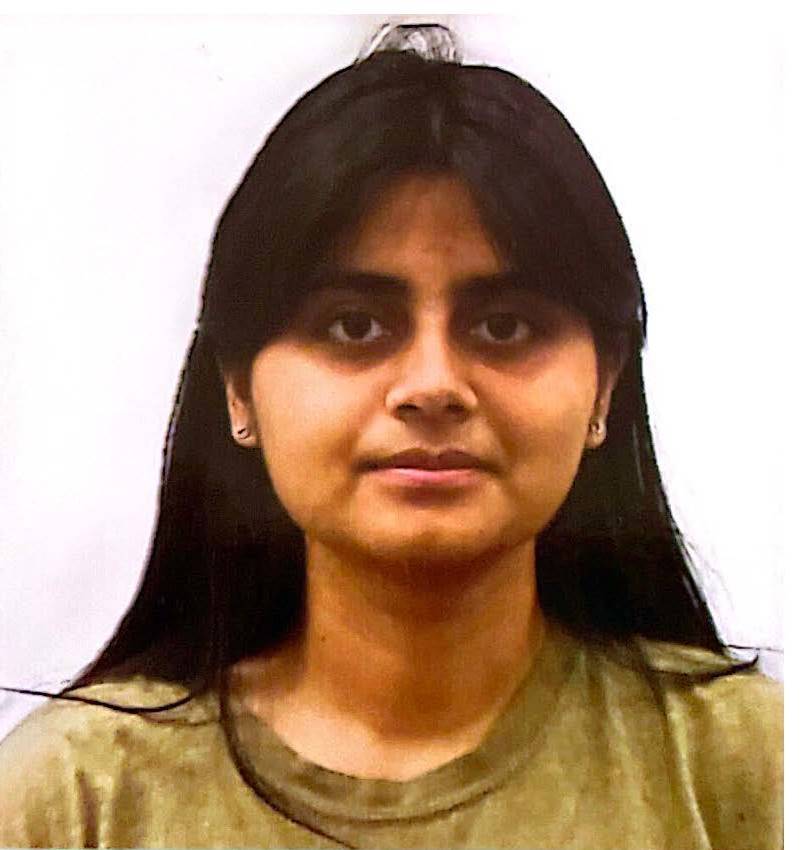
Padhye, Isha
Isha Padhye
Read more

Isha Padhye
| Grant Category: | Fulbright-Nehru Student Research Program |
| Project Title: | The ASHA for a Better Future: Community Health Workers’ Impact on Menstrual Health |
| Field of Study: | Public Health |
| Home Institution: | University of North Carolina at Chapel Hill, Chapel Hill, NC |
| Host Institution: | Tata Institute of Social Sciences, Mumbai, Maharashtra |
| Grant Start Month: | August 2024 |
| Duration of Grant: | Nine months |
Brief Bio:
Isha Padhye has a BA in public policy from the University of North Carolina (UNC) at Chapel Hill. At UNC, she served in various roles in Student Government. Her senior honors thesis was on misinformation. Most recently, she worked as a research associate at the University of Chicago, helping in projects focused on U.S. healthcare policy. Isha was also a U.S. Global Health Corps Fellow from June 2023–May 2024. Her research interests lie in universal healthcare coverage, women’s health, and youth empowerment.
Isha’s Fulbright-Nehru study, based in Mumbai, is evaluating the impact of community health workers, known as Accredited Social Health Activists (ASHAs), on menstrual education among the youth in India. It is examining how ASHAs are serving as a resource to menstruating girls and how they are educating these girls. For this, Isha is conducting in-depth interviews with girls between the ages of 13–18 and with ASHA focus groups. This research hopes to make a significant contribution to the growing field of menstrual health management.
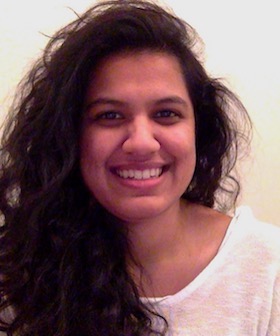
Patel, Samira
Samira Patel
Read more

Samira Patel
| Grant Category: | Fulbright-Nehru Student Research Program |
| Project Title: | Exploring Climate Futures in Ladakh, the “Land of High Passes” |
| Field of Study: | Geography |
| Home Institution: | At-Large, Elk Grove Village, IL |
| Host Institution: | University of Ladakh, Ladakh, Leh |
| Grant Start Month: | July 2024 |
| Duration of Grant: | Nine months |
Brief Bio:
Samira Patel graduated with an anthropology degree from the University of Chicago. She is especially committed to social justice and sensitive to how policies often exclude the most vulnerable people. She has spent almost a decade learning how this is particularly acute in climate- and environment-monitoring programs, having worked at the science–policy interface both at the U.S. National Oceanic and Atmospheric Administration and at the Center for Space Policy and Strategy. She joined the Scott Polar Research Institute (SPRI) at the University of Cambridge as a master’s student to critically examine how the science–policy interface and digital data infrastructures impact local communities. This led her to publish a dissertation, The Rise of a Technoscientific Third Pole: Climate Science, Data, and Culture in the Himalayan Cryosphere. She has also written and spoken about various issues related to the “Asian Arctic”; the politics of data sharing and data infrastructures; remote sensing and outer space policies; and pluralistic understandings of cold and icy places. She is currently a Gates Cambridge Scholar at SPRI, where she is pursuing a PhD in geography.
As a Fulbright-Nehru Scholar, Samira is undertaking research for her PhD dissertation exploring the notions of climate futures in Ladakh. The inhabitants of Ladakh have long navigated the constraints of water in their high-altitude desert environment. Now, they must adapt to a shifting landscape due to climate change. Samira’s project is particularly focusing on the extent to which communities – local communities and communities of scientific practice – help shape and navigate these climate futures. Using ethnographic methods, she is examining how Ladakhi people leverage various scientific and/or local environmental knowledge to navigate the myriad challenges and anxieties of a warming planet.
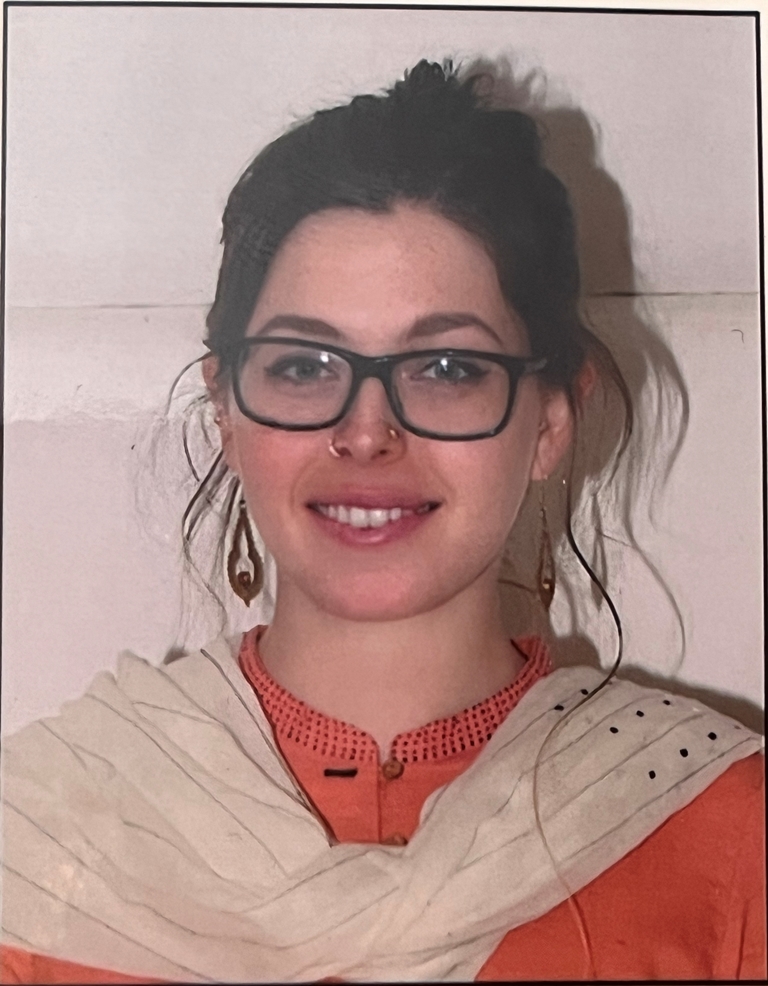
Pemberton, Ariana
Ariana Pemberton
Read more

Ariana Pemberton
| Grant Category: | Fulbright-Nehru Student Research Program |
| Project Title: | Dentinal Intimacies: Ivory Objects from South Asia and the Indian Ocean World, ca. 700 - 1500 |
| Field of Study: | Art History |
| Home Institution: | University of California, Berkeley, CA |
| Host Institution: | Jawaharlal Nehru University, New Delhi, Delhi |
| Grant Start Month: | January 2025 |
| Duration of Grant: | Nine months |
Brief Bio:
Ariana Pemberton is a PhD candidate in the History of Art department at the University of California (UC), Berkeley. Her dissertation is on ivory-carved objects from South Asia and on the Indian Ocean ivory trade, from the eighth to fifteenth centuries. Part of her research includes testing ivory objects using peptide mass fingerprinting analyses, which determine the provenance of the ivory to the species level. Ariana presented parts of her dissertation research at the Getty Graduate Symposium in January 2024 and at the University of Toronto in May 2024.
She also teaches an undergraduate course at UC Berkeley that focuses on art and material culture from the Indian Ocean World, ca. 700–1500 CE. Previously, she delivered lectures to upper-division undergraduates on “Bronze, Ivory, and Dragon’s Blood: Making the Middle Ages in the Indian Ocean World”. Ariana has also worked as a graduate student instructor in Asian Art at UC Berkeley.
In 2022, she completed her MA thesis on the Firuz Minar, a brick-and-basalt minaret built in Bengal during the 15th century, which today stands as the oldest extant monument in India patronized by an African ruler. Ariana presented this thesis at the Annual Conference on South Asia at the University of Madison, Wisconsin (October 2022), and at the Association for Asian Studies Annual Conference in Honolulu (March 2022). She completed her bachelor’s in art history from UC Berkeley in 2017. She has also conducted extensive fieldwork in India and has been a student of Hindi and Sanskrit.
Ivory was one of the most enigmatic materials in medieval South Asia: religious icons were carved out of ivory; rulers sat on ivory thrones; medical practitioners prescribed ivory for ailments; men and women lay on aphrodisiac ivory beds; and ivory chess pieces circulated across the Eurasian world. However, the centrality of this material transformed it into a global bio-commodity, setting into motion an ecological process that led to the endangerment of elephants. In her Fulbright-Nehru project, Ariana is writing a longue durée ecological art history of South Asian ivory.
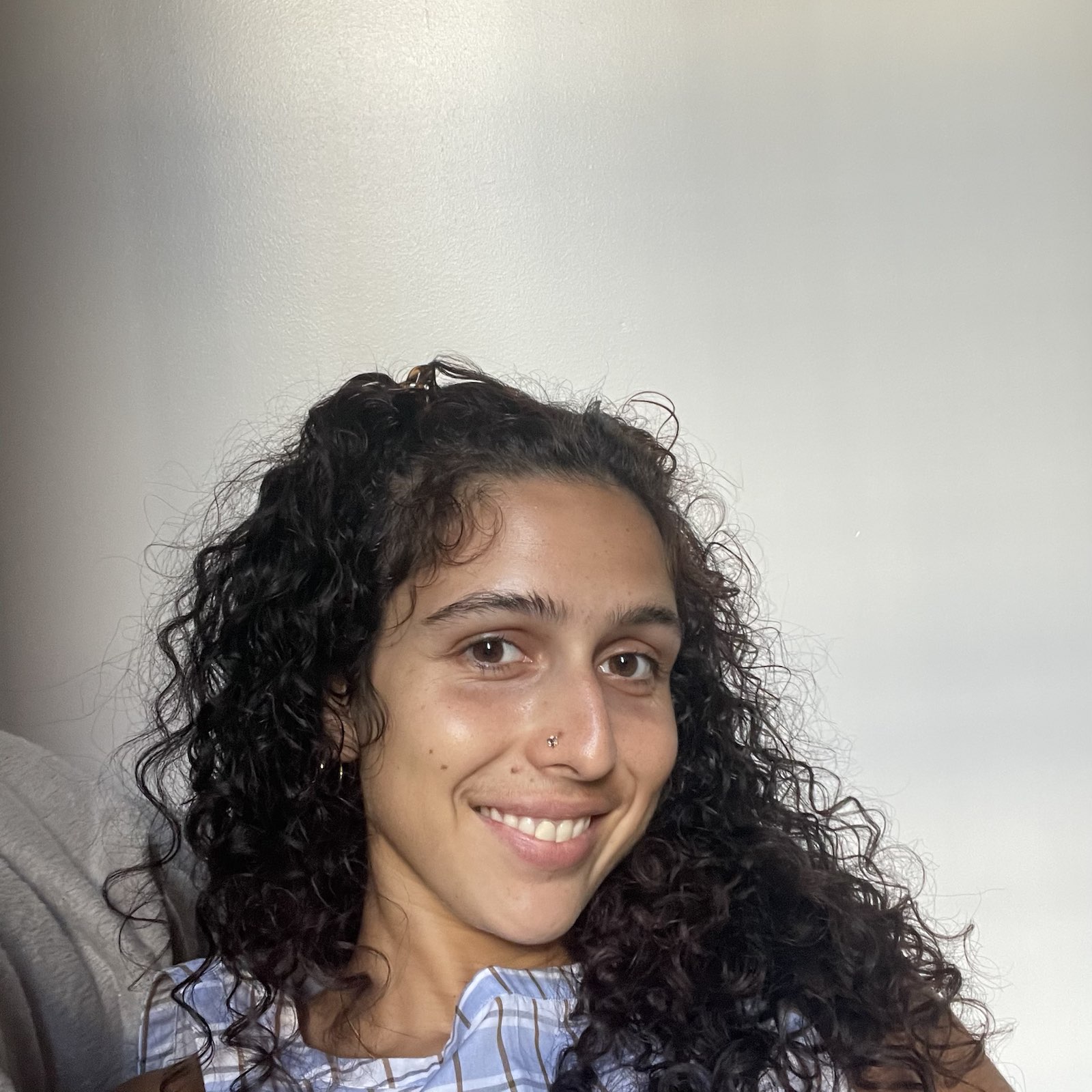
Peters, Anousha
Anousha Peters
Read more

Anousha Peters
| Grant Category: | Fulbright-Nehru Student Research Program |
| Project Title: | Women in Gig Work: Safety and Empowerment |
| Field of Study: | Sociology |
| Home Institution: | Columbia University, New York, NY |
| Host Institution: | Azim Premji University, Bengaluru, Karnataka |
| Grant Start Month: | August 2024 |
| Duration of Grant: | Nine months |
Brief Bio:
Anousha Peters is a labor, youth, and abolitionist organizer. She currently works at Labor Notes, which educates workers who are democratizing their trade unions. She also organizes with Dissenters, a youth anti-militarist organization fighting for the investment of resources in life-giving services. She previously worked with United for Respect supporting retail employees at Amazon and Walmart who were espousing the cause of dignity in their workplaces. Anousha studied sociology at Columbia University where she conducted research with professors Adam Reich and Hana Shepherd. Before transferring, she attended the liberal arts program of Deep Springs College in California for two years. Originally from Gainesville, Florida, Anousha’s professional and political interests have focused on marginalized and precarious workers. She enjoys running, watercolor painting, listening to podcasts, and bringing together and hosting friends.
In her Fulbright-Nehru project, Anousha is studying women’s participation in platform gig work in India wherein freelance workers are connected to consumers through online marketplaces. She is studying the reasons behind women taking up such work, the workingconditions they encounter, and their feelings of safety and agency in their work. While the study is focusing on the city of Hosur in the outskirts of Bengaluru, its learnings will find use across India and beyond since gig work is growing globally and is often conducted on transnational platforms.
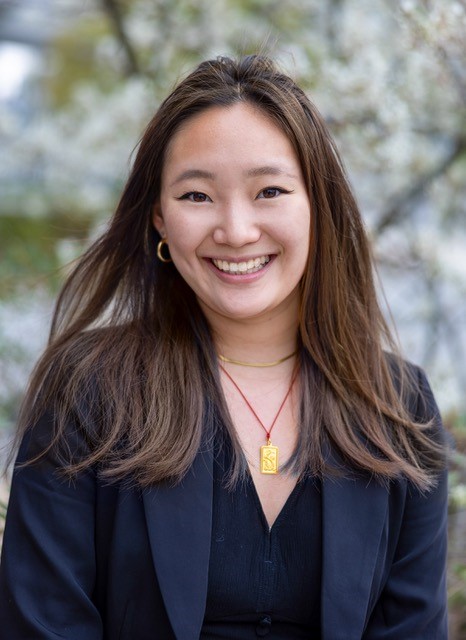
Pu, Michelle
Michelle Pu
Read more

Michelle Pu
| Grant Category: | Fulbright-Nehru Student Research Program |
| Project Title: | Impact of Affiliate Stigma on the Disclosure of Autism Diagnosis in Bengaluru |
| Field of Study: | Psychology |
| Home Institution: | , Medford, MA |
| Host Institution: | Tufts University, Bengaluru, Karnataka |
| Grant Start Month: | August 2024 |
| Duration of Grant: | Nine months |
Brief Bio:
Michelle Pu is a recent graduate from Tufts University, where she studied biology and child studies and human development. She is passionate about learning how she can best support the neurodiverse and disabled population throughout their lifespan. As an undergraduate student, Michelle worked in a rehabilitation center serving neurodiverse and physically disabled adults. Motivated by this experience, she worked in the Crehan Lab at Tufts University delivering a sexual education curriculum to autistic teenagers and researched how autistic adults interact in intimate relationships. She also worked in the Feinberg Broder-Fingert Lab at UMass Chan Medical School investigating an early-intervention curriculum for young children with social communication challenges. Besides, she conducted a research project regarding electronic communication devices for physically disabled adults. It was Michelle’s experiences as a mental health hotline operator, hospice volunteer, and as a volunteer working with housing-insecure children that shaped her interest in supporting others’ mental health and social well-being at all ages and life stages.
In her Fulbright-Nehru research project, Michelle is investigating the impact of affiliate stigma on caretakers when they disclose their child’s autism diagnosis to others. Affiliate stigma is defined as internalized stigma felt by the family members of a stigmatized individual. While previous studies have established that Indian parents of autistic children may experience affiliate stigma, research has not yet investigated the effects of such stigma. For her research, Michelle is conducting semi-structured interviews with caregivers of autistic children in Bengaluru regarding their experiences in navigating their child’s diagnosis.
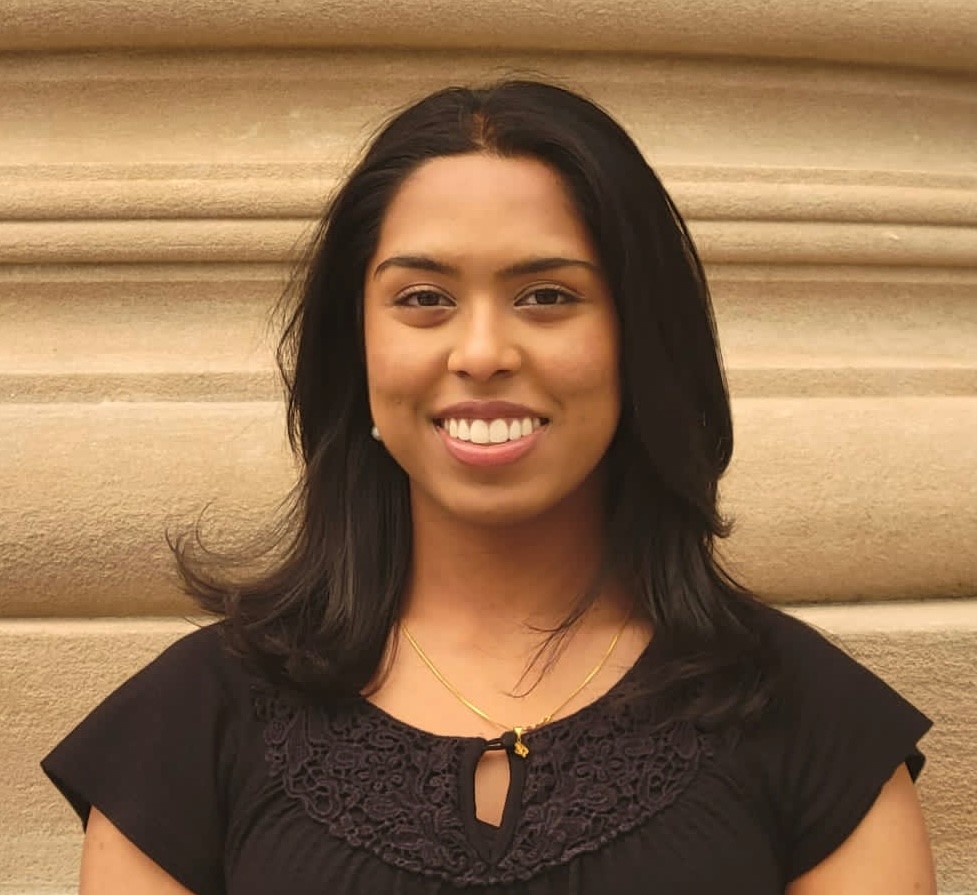
Rayala, Saideepika
Saideepika Rayala
Read more

Saideepika Rayala
| Grant Category: | Fulbright-Nehru Student Research Program |
| Project Title: | Dams as Symbols of Development and Freedom in Postcolonial India |
| Field of Study: | History |
| Home Institution: | Yale University, New Haven, CT |
| Host Institution: | Ashoka University, Sonipat, Haryana |
| Grant Start Month: | August 2024 |
| Duration of Grant: | Nine months |
Brief Bio:
Saideepika Rayala is a recent graduate of Yale University from where she received a BA in history and was part of Yale Law School’s academic program in human rights. Her studies focused on South Asian environmental history, forced migration, and international human rights law. Saideepika wrote her undergraduate history thesis on the relationship between Indian industrialization and nationalism during the 1920s Mulshi anti-dam movement.
At Yale, she served as the project leader for the Lowenstein Human Rights Project’s Crimes Against Humanity mission and advocated for a Crimes Against Humanity Treaty at the United Nations Sixth Committee. She also served as city editor of the Yale Daily News and online managing editor of The Yale Review of International Studies. Saideepika has worked for Yale Law School’s Schell Center for International Human Rights, the International Detention Coalition, and the Migrant Forum in Asia.
In her free time, Saideepika enjoys painting, boxing, listening to podcasts, and trying new foods.
Saideepika’s Fulbright-Nehru project is exploring how dams came to symbolize India’s trajectory toward freedom, modernity, and development in the post-independence period of the 1940s–1960s. She is conducting archival research and media analysis, primarily focusing on three major dams constructed during this period, to understand the debates surrounding these projects and how the country sought to balance economic development with ecological stability. She believes that studying this period can reveal how dams came to occupy a central role in Indian society and that past projects can inform modern-day dam-building efforts.
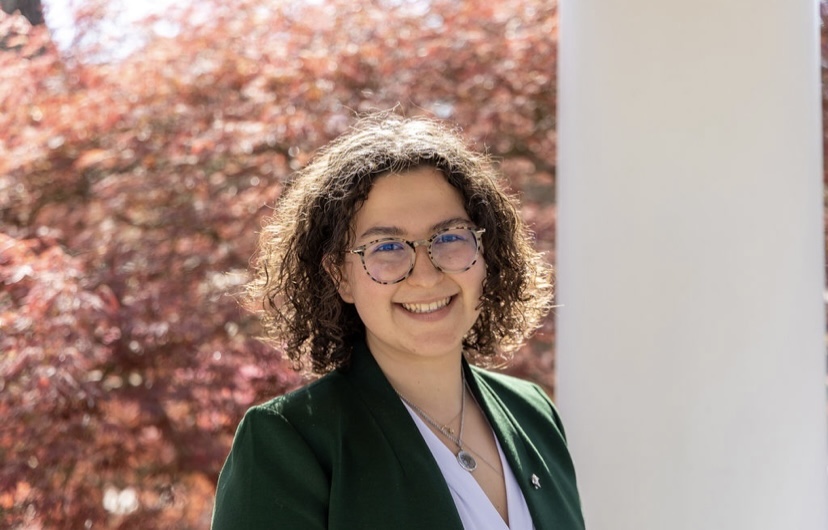
Sakmar, Sezin
Sezin Sakmar
Read more

Sezin Sakmar
| Grant Category: | Fulbright-Nehru Student Research Program |
| Project Title: | Exploring an Empowerment-Based Healthcare Model for Family Planning Delivery |
| Field of Study: | Public Health |
| Home Institution: | George Washington University, Washington, DC |
| Host Institution: | University of Delhi, New Delhi, Delhi |
| Grant Start Month: | August 2024 |
| Duration of Grant: | Nine months |
Brief Bio:
Sezin Sakmar recently graduated from the George Washington University with a major in anthropology and a minor in public health. During her undergraduate career, Sezin spent over 3,000 hours in various clinical settings ranging from working as an EMT and as an ED technician at a Level 1 trauma hospital to being a medical assistant at a pediatric clinic. Through these experiences, she fell in love with medicine but noticed the ways in which the American healthcare system was beset by serious infrastructural issues which led to health inequities in the case of minority communities. When studying in India through the School for International Training, Sezin conducted fieldwork with the Comprehensive Rural Health Project in rural Maharashtra, which helped her to realize her dream of becoming an OBGYN and providing empowerment-driven healthcare to communities around the world. During her final year of university, she also conducted independent research on racially concordant care among Washington, DC’s Black birthing population.
Sezin’s Fulbright-Nehru research project is bringing together the fields of public health and critical medical anthropology to make a positive impact on communities seeking family planning care. Through this research, Sezin is seeking to understand the particular ways in which healthcare providers are trained to deliver family planning services.

Shah, Chandni
Chandni Shah
Read more

Chandni Shah
| Grant Category: | Fulbright-Nehru Student Research Program |
| Project Title: | Exploring Barriers to Early Diagnoses and Interventions for Autism in South India |
| Field of Study: | Public Health |
| Home Institution: | University of Pennsylvania, Philadelphia, PA |
| Host Institution: | Pondicherry University, Kalapet, Puducherry |
| Grant Start Month: | August 2024 |
| Duration of Grant: | Nine months |
Brief Bio:
Chandni Shah graduated from the University of Pennsylvania with a bachelor’s degree in neuroscience and minors in chemistry and healthcare management. After graduation, she worked as a clinical research coordinator at Penn Medicine, where she studied and helped carry out a novel social-functioning program for adults on the autism spectrum. She focused on developing methods of outreach to diverse groups in the autism community in the hope of increasing access and equity in autism research. Chandni also has experience conducting insomnia and mindfulness research; her study was accepted for poster presentation at the 2022 Associated Professional Sleep Societies Conference and its abstract has been published in SLEEP. Research has been at the core of her academic career thus far. In fact, Chandni has been able to work on seven studies and move toward the publication of four papers (of which she is the primary author of three). She hopes to leverage clinical research to make significant positive changes in the medical field. Her hobbies include dancing, playing the violin and clarinet, and writing slam poetry.
Research studies have shown that in India, there is a significant delay between the first recognition of symptoms to the actual initiation of treatment for autism spectrum disorder (ASD); this is detrimental to the development of a child on the autism spectrum. Although scientific literature reveals these delays exist, there is little research exploring the causes behind such delays. Chandni’s Fulbright-Nehru project, while filling these research gaps, is identifying the barriers that prevent families from receiving early ASD diagnoses and interventions. She is also investigating the mental well-being of the caregivers of children on the autism spectrum.
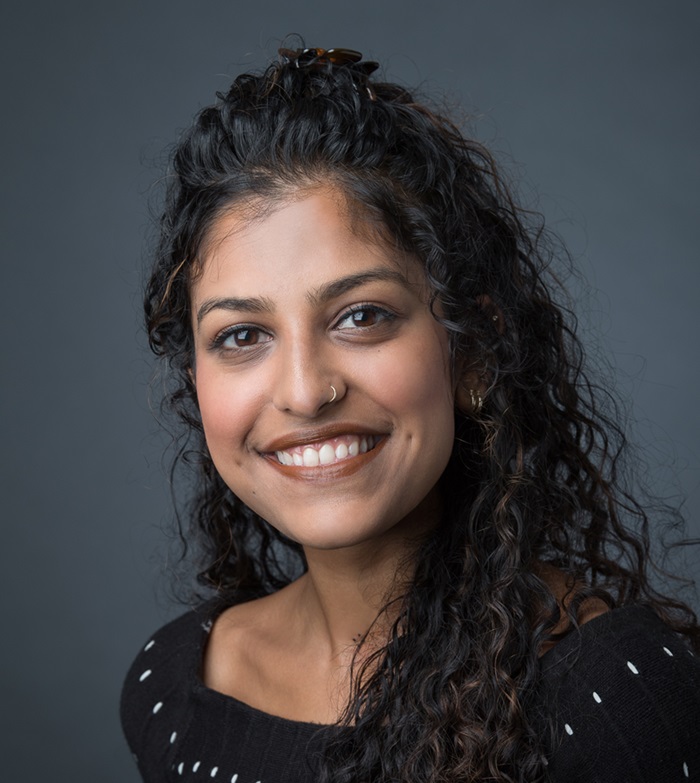
Shah, Niyati
Niyati Shah
Read more

Niyati Shah
| Grant Category: | Fulbright-Nehru Student Research Program |
| Project Title: | Climate Change, Outmigration, and Health: The Case of Bengaluru’s Migrant Women |
| Field of Study: | Public Health |
| Home Institution: | George Washington University, Washington, DC |
| Host Institution: | Azim Premji University, Bengaluru, Karnataka |
| Grant Start Month: | August 2024 |
| Duration of Grant: | Nine months |
Brief Bio:
Niyati Shah is an Indian American research analyst and community organizer based in Washington, DC, who synthesizes mixed methods and participatory research to advance public and planetary health. She holds a BS in statistics and public health from George Washington University. In Washington, Niyati served as a grassroots organizer for Ward 2 Mutual Aid, which is a community-led effort to build solidarity, meet the survival needs of unhoused neighbors, and foster collective support during times of crisis. She was a key member of its Oral History Project, which documents the realities of housing and food insecurity, and showcases how neighbors organize to address these issues. She previously worked at Westat, where she collaborated on projects that evaluated and monitored the U.S.’s social safety net programs with the mission to improve the health outcomes of historically underserved communities. At Westat, she contributed to research on nursing home staff during COVID-19, examined the regional differences in the quality of kidney care in the U.S., and studied the experiences of mothers on supplemental nutrition programs in rural areas. Prior to Westat, Niyati worked at the National Human Genome Research Institute (NHGRI) where she helped measure the role of social networks on the health outcomes and burden among caregivers of children with metabolic disorders. Niyati presented her team’s research at the NHGRI symposium in 2019. In her free time, Niyati knits and crochets, bakes cardamom-orange olive oil cake, and befriends neighborhood cats. She also performs Bharatnatyam and Kathak dances with DC’s performing arts group, Nootana, and with Lasya Dance Academy.
In her Fulbright-Nehru project at Bengaluru, Niyati, by integrating quantitative and qualitative approaches, is examining how rural–urban migration into sites of climate vulnerability impacts the health of migrant women. Guided by frameworks within environmental scholarship, her research is exploring the reasons for migration and studying the migrants’ exposure to hazards, as well as the health risks and coping strategies. The study’s findings are expected to spur the development of structures that facilitate the mobility of displaced women and support their adaptation strategies in the face of climate breakdown.
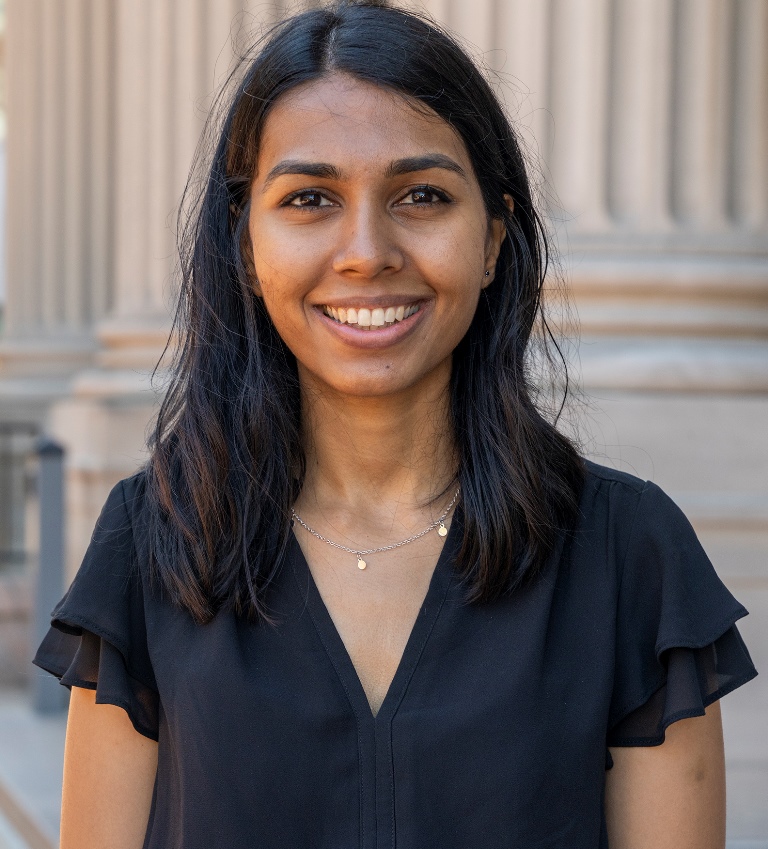
Shah, Stuti
Stuti Shah
Read more

Stuti Shah
| Grant Category: | Fulbright-Nehru Student Research Program |
| Project Title: | Captive Motherhood: A Comparative Study of Child-Rearing in Indian and U.S. Prisons |
| Field of Study: | Law |
| Home Institution: | Columbia University, New York, NY |
| Host Institution: | National Law University, New Delhi, Delhi |
| Grant Start Month: | January 2025 |
| Duration of Grant: | Nine months |
Brief Bio:
Stuti Shah is a third-year doctoral candidate at Columbia Law School in New York. Her dissertation focuses on re-imagining crime and punishment in India through subaltern and feminist lenses. It engages in a critical rethinking of law and penal institutions that harm people and communities.
With a dual undergraduate degree in law and humanities from NALSAR University of Law, Hyderabad, Stuti spent three years at Trilegal, a leading law firm in India, focusing on data protection and intellectual property law. Her academic journey then took her to the U.S., where she earned her master’s in law from Columbia Law School. In the U.S., she has been a research fellow with the African American Policy Forum, Children of Incarcerated Caregivers, Reprieve, and the Center for Institutional and Social Change at Columbia Law School. She has also provided research assistance to Sanctuary for Families and Broadway Advocacy Coalition.
Stuti has written editorials and op-eds for reputable publications like The Hindu, The Indian Express, The Quint, The Wire, Deccan Herald, Firstpost, and Bar and Bench. Her article, “Beyond Caste Carcerality: Re-Imagining Justice in Sexual Violence Cases”, will soon be featured in the UCLA Law Review. Additionally, her piece, “Incarcerated Women and their Children in Indian Prisons”, appeared in the Economic & Political Weekly.
Stuti’s Fulbright-Nehru project is critically analyzing the experiences of incarcerated mothers – disproportionately belonging to the marginalized castes and classes – who are allowed to raise their children in Indian prisons till the children are six years old. This project is addressing the gap between existing law and scholarship on motherhood and state protection for children in prisons, and realities on ground. It is also engaging in a comparative study of Indian law and practical challenges with the U.S. model of motherhood in prisons where babies born to incarcerated women are promptly separated a year or so after their birth.
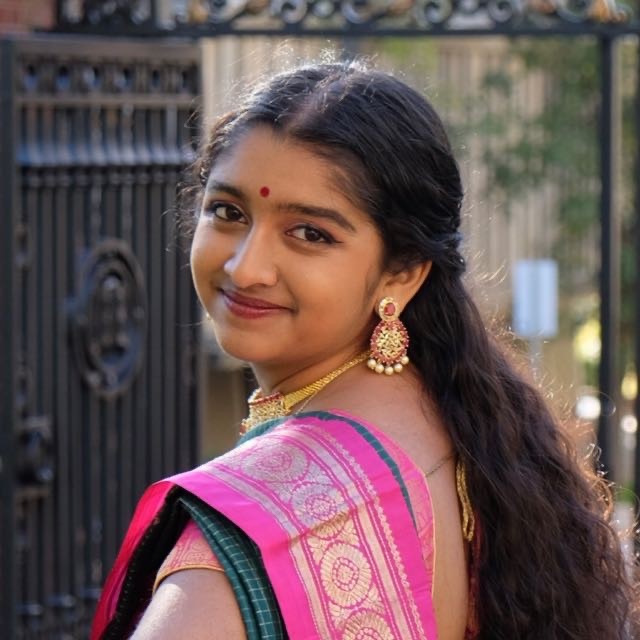
Shanmugam, Hamsa
Hamsa Shanmugam
Read more

Hamsa Shanmugam
| Grant Category: | Fulbright-Nehru Student Research Program |
| Project Title: | Adapting Thēvāram Concerts to the Carnatic Kutcheri Format |
| Field of Study: | Musical Instrument Training – World Music |
| Home Institution: | Brown University, Providence, RI |
| Host Institution: | Annamalai University, Chidambaram, Tamil Nadu |
| Grant Start Month: | August 2024 |
| Duration of Grant: | Nine months |
Brief Bio:
Hamsa Shanmugam completed her BA with honors from Brown University in May 2024. At Brown, she pursued a double concentration in health and human biology and music. Hamsa’s undergraduate honors thesis in ethnomusicology presented a musicological analysis of Thēvāram from a Carnatic music perspective and compared melodic frameworks between Thēvāram and Carnatic music. Her research interests are in ethnomusicology, specifically, Thēvāram, ancient Tamil music, and Carnatic music.
Hamsa is a Carnatic vocalist and violinist. She is a disciple of Dr. B. Balasubrahmaniyan and “Sangita Kalanidhi” Lalgudi Vijayalakshmi. Hamsa performs solo concerts regularly across the U.S. and India. She is the recipient of numerous prizes, scholarships, and fellowships in music. In 2022, Hamsa was the winner of the Indian Council for Cultural Relations’ Pratibha Sangam Global Carnatic Music Competition and was invited by the Indian government to give a musical tour across India.
Hamsa is the founder and co-president of Brown Bhairavi, Brown University’s premier South Asian classical music group. She has also served as the marketing lead for MIT Heritage Arts of South Asia, an organization dedicated to promoting South Asian classical art forms. Following her year in India with the Fulbright-Nehru fellowship, as part of the Program in Liberal Medical Education, the only combined BS/MD program in the Ivy League, Hamsa will matriculate to the Warren Alpert Medical School of Brown University to complete her MD degree.
In her Fulbright-Nehru project, Hamsa is conducting ethnomusicological research on Thēvāram, the Tamil devotional music of the Saiva tradition. Her research is exploring how Thēvāram concerts can be performed within the Carnatic kutcheri (concert) structures while maintaining Thēvāram’s musical and lyrical integrity; she is doing so by using undigitized musical archives and working with affiliates at Annamalai University and the Kapaleeswarar Temple. This project is set to culminate in the presentation of a full-length Thēvāram concert in the Carnatic concert format. Hamsa hopes that her work will broaden the horizons of Western musicology, enrich Carnatic music, expand Thēvāram’s reach, and allow more Tamil audiences in both Tamil Nadu and the diaspora to reconnect with this ancient musical tradition.
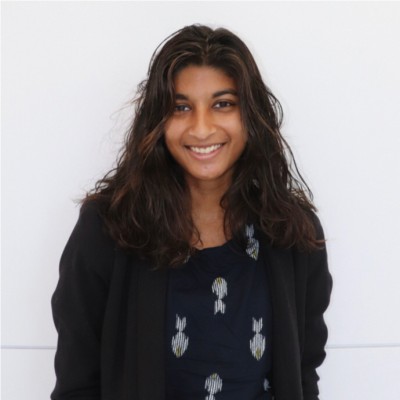
Shanmugasundaram, Lalitha
Lalitha Shanmugasundaram
Read more

Lalitha Shanmugasundaram
| Grant Category: | Fulbright-Nehru Student Research Program |
| Project Title: | Environmental Justice Implications of Climate Change in Rural Coimbatore |
| Field of Study: | International Relations |
| Home Institution: | George Washington University, Washington, DC |
| Host Institution: | PSGR Krishnammal College for Women, Coimbatore, Tamil Nadu |
| Grant Start Month: | August 2024 |
| Duration of Grant: | Nine months |
Brief Bio:
Lalitha Shanmugasundaram is a recent graduate from George Washington University (GW), where she majored in international affairs with concentrations in international development and environmental studies and a minor in mathematics. She was a member of the Elliott School Dean’s Scholars Program where she researched the intersection of gender and the environment by studying menstrual hygiene management in India. In addition to her independent research, she has worked for the Institute for International Economic Policy, The Breakthrough Institute, the Heinrich Boell Foundation, the Wilson Center, and GW Sustainability Institute, as an intern and research assistant. Her work spans across many dimensions of sustainability, including energy, food, and water. Outside of her research, Lalitha is an avid runner who competes in marathons.
Climate change has already begun affecting India, with the coastal state of Tamil Nadu experiencing drought, floods, and water scarcity. Previous research has shown that this water scarcity will not only impact the livelihoods of farmers, but also harm female sanitation needs and waste management, especially in the rural areas. With limited access to water, women in the rural and tribal areas may find it difficult to maintain proper menstrual hygiene and sanitation, leading to improper waste management. Without access to water, the core tenets of water justice also cannot be fulfilled, leading to environmental injustices. In her Fulbright-Nehru project, Lalitha is exploring how access or lack of access to water is creating issues in menstrual hygiene management and sanitation. She is also studying whether government schemes aimed at resolving sanitation and menstrual hygiene management issues are helping to alleviate some of the challenges brought on by water scarcity. Additionally, Lalitha is examining what the environmental justice repercussions are of government initiatives and water scarcity. She is also exploring the food–water–energy nexus and the impacts of climate change on this nexus through a feminist political ecology lens.
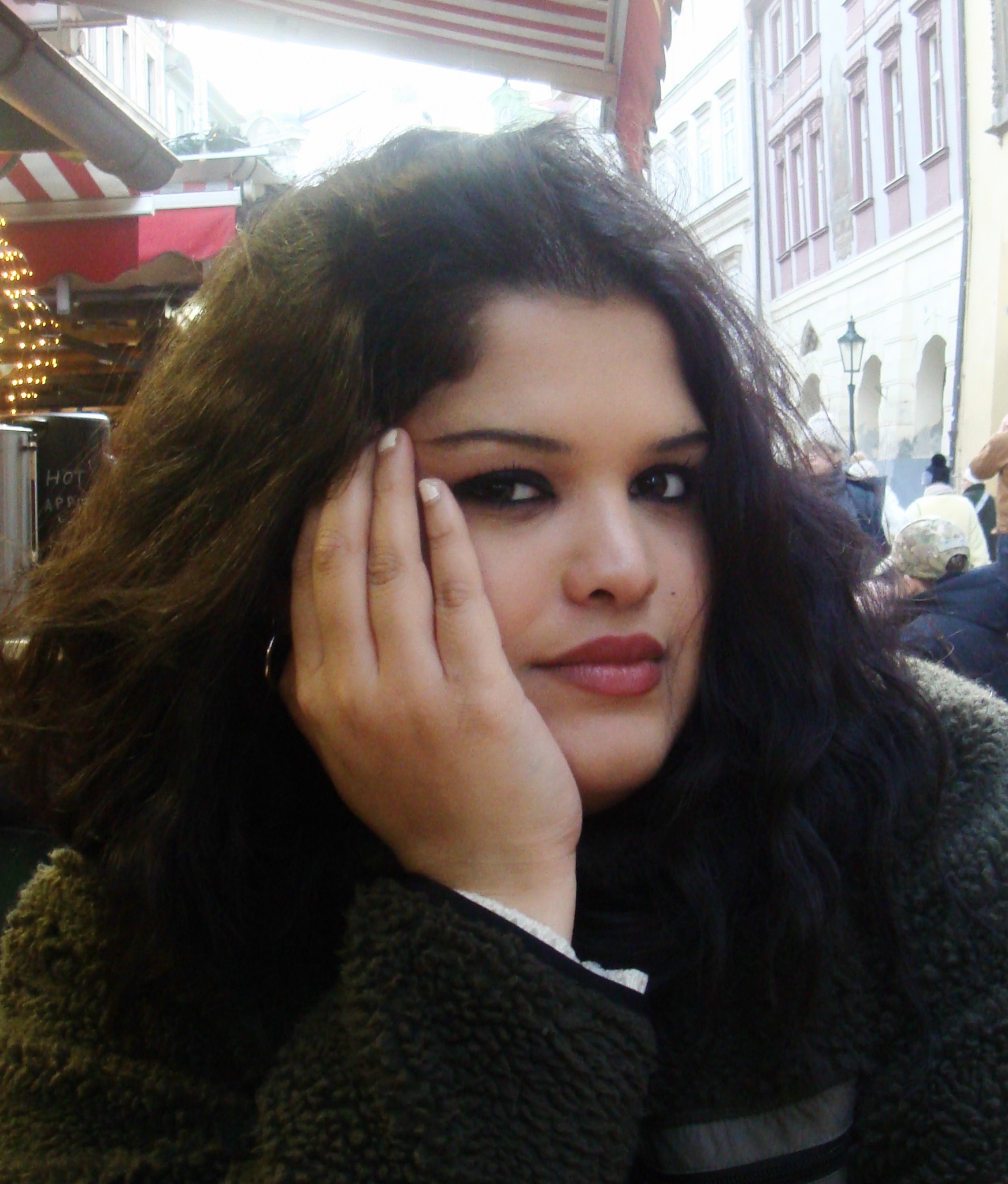
Sharma, Siya
Siya Sharma
Read more

Siya Sharma
| Grant Category: | Fulbright-Nehru Student Research Program |
| Project Title: | Sociocultural Analysis of Polycystic Ovary Syndrome in Contemporary North India |
| Field of Study: | Anthropology |
| Home Institution: | University of California, Los Angeles, CA |
| Host Institution: | University of Delhi, New Delhi, Delhi |
| Grant Start Month: | August 2024 |
| Duration of Grant: | Nine months |
Brief Bio:
Siya Sharma is a graduate of the University of California, Los Angeles (UCLA), where she studied anthropology and human biology and society. During her time at UCLA, Siya immersed herself in years-long research at the university’s medical and sociocultural anthropology departments. Under the guidance of Dr. Daniel Fessler and Dr. Abigail Bigham, she has cultivated a research niche focusing on the genome sequences present in Indian populations which contribute to metabolic disorder and lifestyle health problems. Most recently, Siya spearheaded a study of key metabolic processes and their relation to adverse health outcomes associated with the consumption of refined flour in North India. These experiences have allowed her to reconceptualize how genetics plays a key role in the dynamics between individuals and their respective health outcomes. These days, Siya is focused on Indian women’s health outcomes and is also assessing epigenetic influences using laboratory, medical survey, and participant interview methods.
As a teenager, Siya fundraised for and purchased thousands of sanitary hygiene products which she distributed in local soup kitchens, food pantries, and food drives. She has also volunteered as a medical caseworker at UCLA Health. In her spare time, Siya led her university’s poetry and spoken word program. She also served as a lead editor and creative director of UCLA’s FEM Magazine, a publication dedicated to writing about campus life through a feminist perspective.
The polycystic ovary syndrome (PCOS) is a metabolic and reproductive endocrine disorder with no known cure. Some of the highest rates of this disease are among Indian women. In India, Ayurvedic conceptualizations of the menstrual cycle regularity causes PCOS diagnosis to be perceived as an energy imbalance within the body. Siya’s Fulbright-Nehru research project is examining the ideas of health and balance for women diagnosed with PCOS and also their respective social, cultural, economic, and political conditions. While studying the social perceptions and current medical approaches to treating this disorder, Siya is proposing a two-part PCOS management model which incorporates both Ayurvedic concepts and biomedical practices.
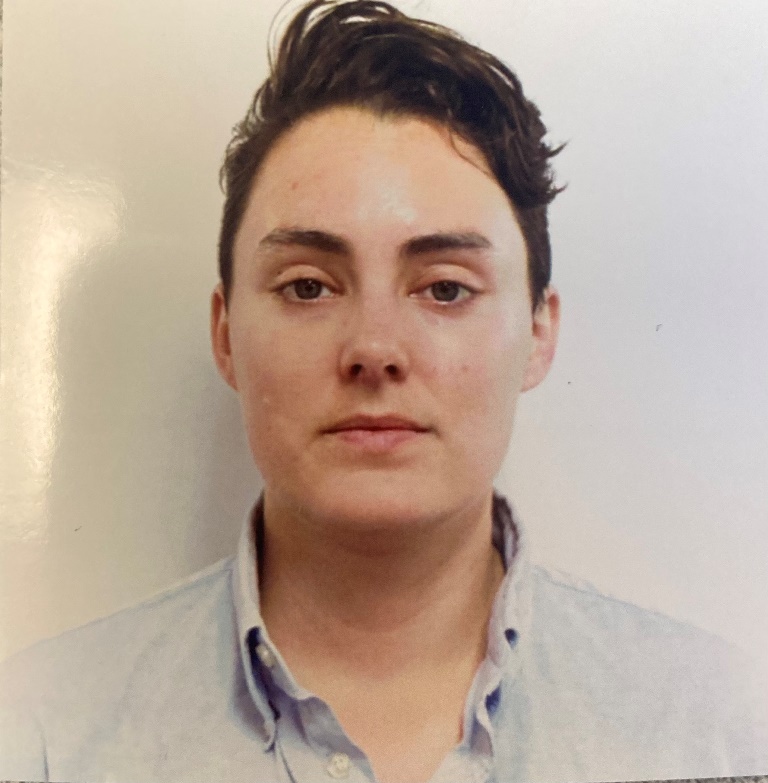
Uhlhorn, Seton
Seton Uhlhorn
Read more

Seton Uhlhorn
| Grant Category: | Fulbright-Nehru Student Research Program |
| Project Title: | Confronting the Urdu Literary Canon: Lyric Experimentation in 18th-Century India |
| Field of Study: | Literature |
| Home Institution: | Harvard University, Cambridge, MA |
| Host Institution: | Jawaharlal Nehru University, New Delhi, Delhi |
| Grant Start Month: | August 2024 |
| Duration of Grant: | Nine months |
Brief Bio:
Seton Uhlhorn is a PhD candidate in South Asian studies at Harvard University. She received her BA with honors from the University of Texas at Austin, graduating from the rigorous Hindi-Urdu Flagship Program. Passionate about language studies, Seton works in Urdu, Hindi, and Persian. She has received numerous fellowships and grants to conduct advanced language training and archival research in India, including from the American Institute of Indian Studies and Boren Awards. Her doctoral research is on the work of the 18th-century poet and grammarian, Insha Allah Khan Insha. Currently, she serves as the teaching fellow for Hindi and Urdu and as the co-chair of the South Asian Studies Colloquium at Harvard University.
In her Fulbright-Nehru research project, Seton is studying the collected ghazals of Insha Allah Khan Insha. She is carrying out her research in Delhi, one of the historical capitals of Urdu literary culture, in affiliation with Jawaharlal Nehru University at the Centre of Indian Languages under the supervision of Professor Muhammad Asif Zahri, who specializes in pre-modern Indo-Muslim literary culture. In the modern view on Urdu literary tradition, the genre of ghazal is limited to a narrow set of themes, characters, and settings. While it is true that this set of themes forms the common generic ground across time, it fails to recognize the many attempts to expand the genre, particularly in the 18th century. Insha is perhaps the most deliberate about pushing the boundaries of the genre, garnering recognition in the early 19th century both inside and outside the royal courts. However, his contributions to Urdu literature have largely been overlooked in the last two centuries. Through her research on Insha ghazals, which employ the use of novel settings, characters, and colloquial language particular to the late 18th and early 19th centuries, she is exploring the ways in which his literary experimentations were informed by shifting political powers, an emerging middle class, and a budding cosmopolitan culture in North India.
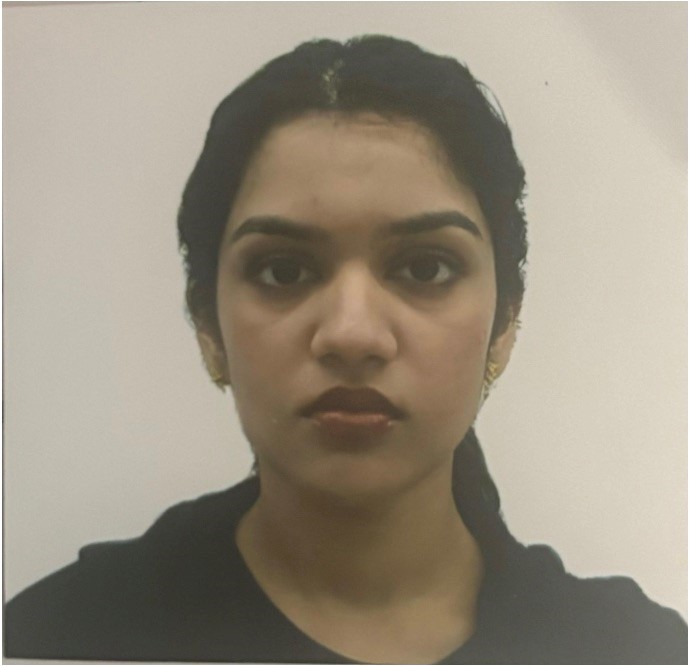
Vasu, Samhita
Samhita Vasu
Read more

Samhita Vasu
| Grant Category: | Fulbright-Nehru Student Research Program |
| Project Title: | Increasing Access to Early Screening for Chronic Kidney Disease |
| Field of Study: | Biomedical Engineering |
| Home Institution: | Johns Hopkins University, Baltimore, MD |
| Host Institution: | Sri Ramachandra Institute of Higher Education and Research, Chennai, Tamil Nadu |
| Grant Start Month: | August 2024 |
| Duration of Grant: | Nine months |
Brief Bio:
Samhita Vasu graduated from Johns Hopkins Engineering on a Hodson Trust Scholarship with a BS in biomedical engineering in May 2024. She is interested in the use of microphysiological systems, medical device design, data science, and signal processing to help understand, diagnose, and treat life-threatening diseases. At Johns Hopkins, she worked on heart-on-chip assays for Duchenne muscular dystrophy (DMD) drug screening, as well as on the use of engineered heart tissues to study mitochondrial dysfunction in DMD; she also studied the neurodevelopmental outcomes of renal anhydramnios fetal therapy. Besides, she worked in Stanford’s Cardiac MRI Research Group to study cardiac MRI texture analysis for better tracking of the disease progression of DMD. As an intern for NASA Ames Research Center, she developed a spaceflight environmental data visualization tool for the Rodent Research missions to the International Space Station. Apart from research, Samhita was involved in the Johns Hopkins’ Biomedical Engineering Design Teams program, through which she designed, built, and validated various medical devices and solutions. One such project involved building a flexible arthroscope to increase visualization to the posterior compartment of the knee. Another project involved building a more precise shave biopsy device to prevent melanoma transection. She also led a team to develop a generative AI, image-based medical information translation solution for patients with low English proficiency. Samhita was the first author of an article titled “Biomaterials-based Approaches for Cardiac Regeneration” and was also awarded the Dr. Stanley Hellerstein Memorial Travel Award.
Chronic kidney disease (CKD) is a debilitating condition that impacts around 140 million people in India. Fifty per cent of patients with CKD in India are first seen by a healthcare professional when their disease has progressed to the extent of kidney failure. Given India’s low physician-to-patient ratio, at-home monitoring can expedite diagnosis and improve treatment. In her Fulbright-Nehru project, Samhita is working with CKD specialists to design and validate a saliva-based creatinine sensor that can measure kidney function at home. The goal is to develop a working device that helps catch CKD symptoms early in at-risk patients.

Venkatachalam, Harshini
Harshini Venkatachalam
Read more

Harshini Venkatachalam
| Grant Category: | Fulbright-Nehru Student Research Program |
| Project Title: | Developing Tools for Computational Thinking |
| Field of Study: | Computer Science |
| Home Institution: | Brown University, Providence, RI |
| Host Institution: | Indian Institute of Technology - Bombay, Mumbai, Maharashtra |
| Grant Start Month: | October 2024 |
| Duration of Grant: | Nine months |
Brief Bio:
Harshini Venkatachalam has a BA in computer science and visual art from Brown University. For six semesters, she was a teaching assistant in the computer science department at Brown and received a Senior Prize for contributions to the department. Harshini is broadly interested in using computing and technology for social good.
Harshini’s Fulbright-Nehru project is developing technology to help learners develop computational thinking skills. Computational thinking encompasses a range of skills in problem solving and system design, with one key skill being abstraction – the ability to overcome complexity by generalizing solutions. Harshini’s project is motivated by the need to understand how novice programmers learn abstraction within the existing pedagogy and thus develop novel methods to help them learn abstraction. During her study, in the course of development of tools, data is also being collected about participant engagement. The deliverables of the project include a novel tool (a mobile application), a literature review, and a detailed report.
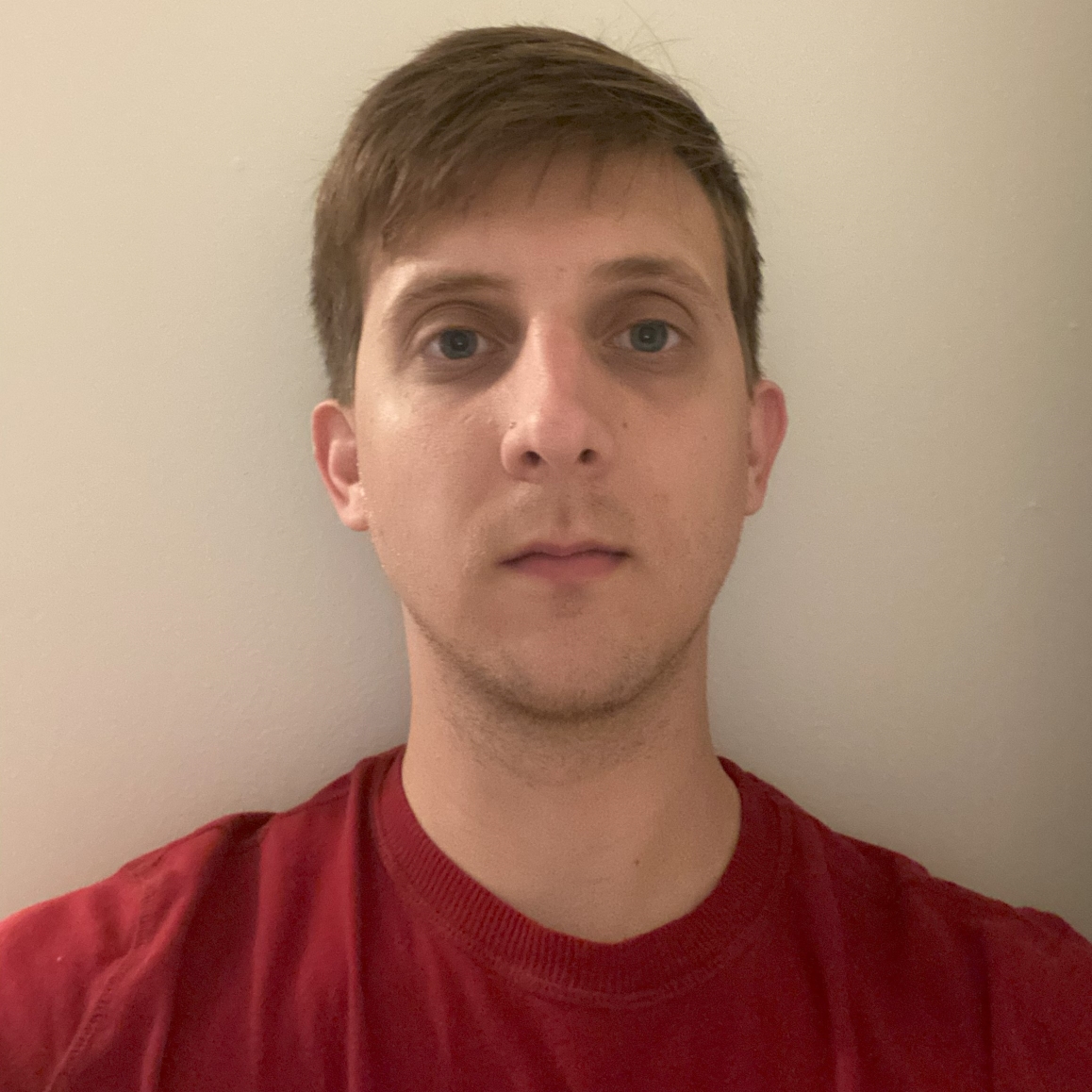
Williams, Alexander
Alexander Williams
Read more

Alexander Williams
| Grant Category: | Fulbright-Nehru Student Research Program |
| Project Title: | The Business of Law: Lawyers and the Economy in Modern India |
| Field of Study: | History |
| Home Institution: | Yale University, New Haven, CT |
| Host Institution: | Ashoka University, Sonipat, Haryana |
| Grant Start Month: | August 2024 |
| Duration of Grant: | Nine months |
Brief Bio:
Alexander Williams is a joint JD–PhD student in history and law at Yale University. His research focuses on the history of corporate governance, capital markets, labor, and the legal profession in postcolonial India. He is broadly interested in global legal history, comparative private law, and the history and sociology of the legal profession. He has published in the Asian Journal of Comparative Law and the JUS GENTIUM Journal of International Legal History. He holds a BA in history and South Asian studies from Yale College.
Alexander’s Fulbright-Nehru project, “The Business of Law: Lawyers and the Economy in Modern India”, is studying the intertwined history of law, lawyers, and economic development in postcolonial India. The project is tracing how legal professionals and other actors in both the government and the private sector viewed law as a tool which could be harnessed for economic growth, the distribution of resources, and the pursuit of private ends.
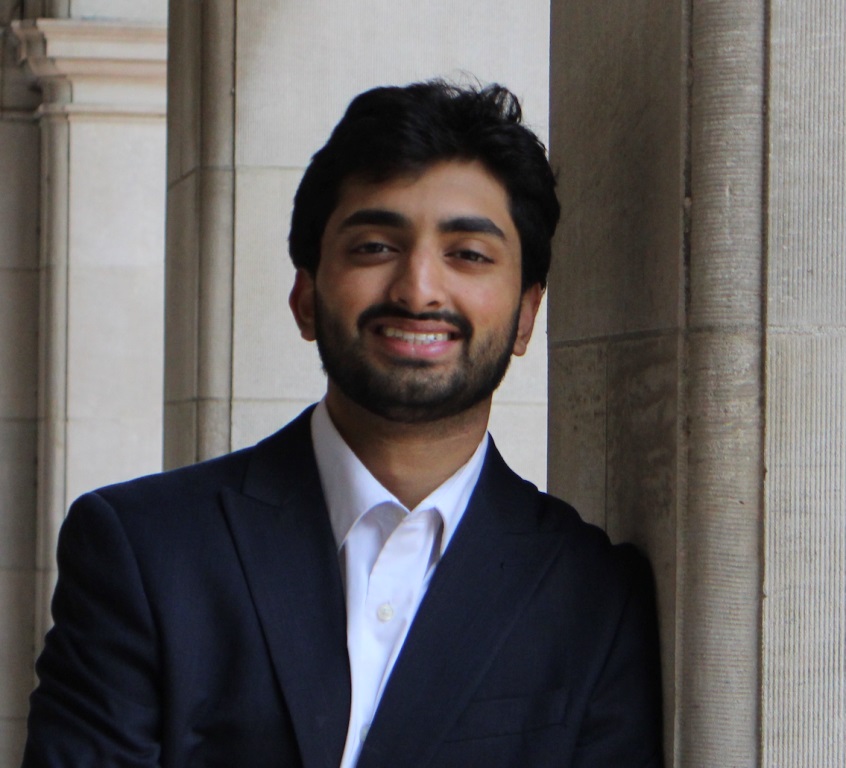
Yelamali, Aditya
Aditya Yelamali
Read more

Aditya Yelamali
| Grant Category: | Fulbright-Nehru Student Research Program |
| Project Title: | Understanding Mental Healthcare-Seeking Barriers for Adolescents in Urban and Rural Mysore |
| Field of Study: | Anthropology |
| Home Institution: | Washington University in St. Louis, St. Louis, MO |
| Host Institution: | JSS Academy of Higher Education and Research, Mysuru, Karnataka |
| Grant Start Month: | September 2024 |
| Duration of Grant: | Nine months |
Brief Bio:
Aditya Yelamali holds a bachelor’s degree in biology and anthropology with a concentration in global health and environment from Washington University in St. Louis. Throughout his academic journey, he has worked on a number of pursuits that aim to utilize scientific inquiry to make a longitudinal impact on research and public health efforts. He has conducted both clinical and translational research in hematology/oncology, with a focus on exploring innovative and less toxic conditioning strategies and compounds for blood transplantation; this has resulted in several publications and presentations. Aditya also founded and leads Hearts for Arts, an organization dedicated to providing healing and arts-based activities for children in the St. Louis area; this organization has forged partnerships with various establishments throughout St. Louis to make a positive impact on hundreds of youth and pediatric patients by providing spaces for healing and interaction, and also improving mental health through trauma-informed care. Aditya’s dedication to social justice and public health extended to his work as a St. Louis Fellow Scholar with the Gephardt Institute, where he spearheaded efforts to combat HIV-related stigma. Inspired by his experiences working with frontline HIV workers, Aditya’s senior thesis delved into the intricacies of care delivery.
Aditya’s Fulbright-Nehru Research project is focusing on understanding the barriers and decision-making factors that influence adolescents seeking mental healthcare in Mysuru, Karnataka. The project is addressing the lack of dialogue on mental health between parents and adolescents, particularly in culturally sensitive contexts. In collaboration with JSS Medical College, the study is exploring parental hesitancy and gender dynamics that affect adolescent mental healthcare access. Through qualitative research involving interviews with parents, educators, and adolescents, Aditya’s project is identifying the factors that perpetuate stigma, thereby informing interventions to enhance mental health literacy. This research will contribute to global discussions on adolescent mental health disparities and promote community-based approaches toward reforms.
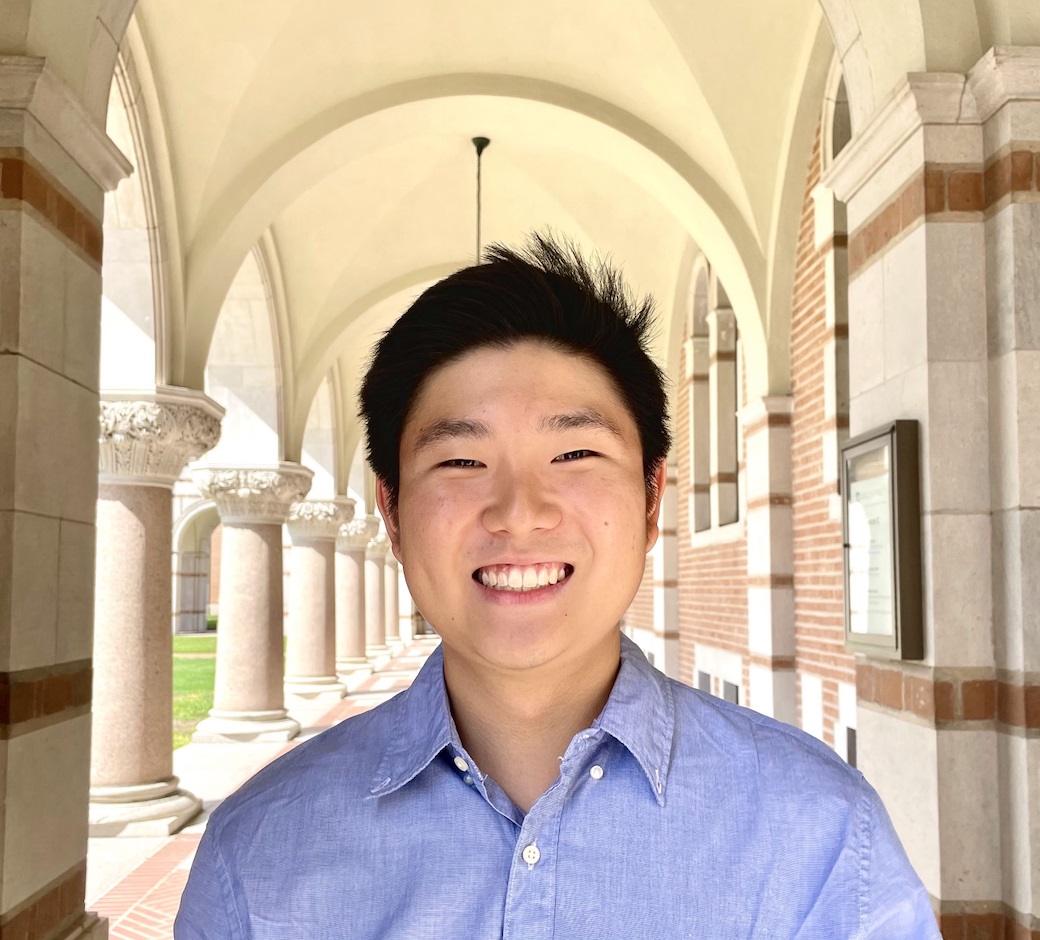
Yoon, Sumin
Sumin Yoon
Read more

Sumin Yoon
| Grant Category: | Fulbright-Nehru Student Research Program |
| Project Title: | The Politics of Health: Queer Activism’s Impact on HIV Health in Hyderabad |
| Field of Study: | Anthropology |
| Home Institution: | Rice University, Houston, TX |
| Host Institution: | University of Hyderabad, Hyderabad, Telangana |
| Grant Start Month: | August 2024 |
| Duration of Grant: | Nine months |
Brief Bio:
Sumin Yoon has a bachelor’s degree in anthropology from Rice University, Texas, with a minor in biochemistry and cell biology. Previously, he worked as a researcher at the University of Texas Health Science Center and as a research coordinator at the Baylor College of Medicine.
Sumin has also conducted ethnographic research at an HIV/AIDS hospice, documenting caregiving practices for terminally ill HIV/AIDS patients. He has presented his research at national and international conferences, and was awarded the 2023 W.H.R Rivers Undergraduate Paper Prize by the Society for Medical Anthropology. While at Rice, Sumin received the Loewenstern Fellowship to collaborate with the Kiyita Family Alliance for Development and the Infectious Disease Institute in Uganda, where he helped implement a RAID (risks, assumptions, issues, and dependencies) assessment of the barriers to tuberculosis care. Outside of work, Sumin enjoys reading, running, spending time with friends and family, and creative writing.
In his Fulbright-Nehru research project, Sumin is studying how the decriminalization of homosexuality in India through the repeal of Indian Penal Code Section 377 has impacted HIV care access among the queer community in Hyderabad. He is conducting participant observations and semi-structured interviews with physicians, NGOs, and people with HIV to assess the extent to which political freedom from decriminalization has translated into health equity in the field. Through his research findings, he hopes to inform global health organizations on how to better address the political and social determinants of health to curb the persisting HIV epidemic in India.
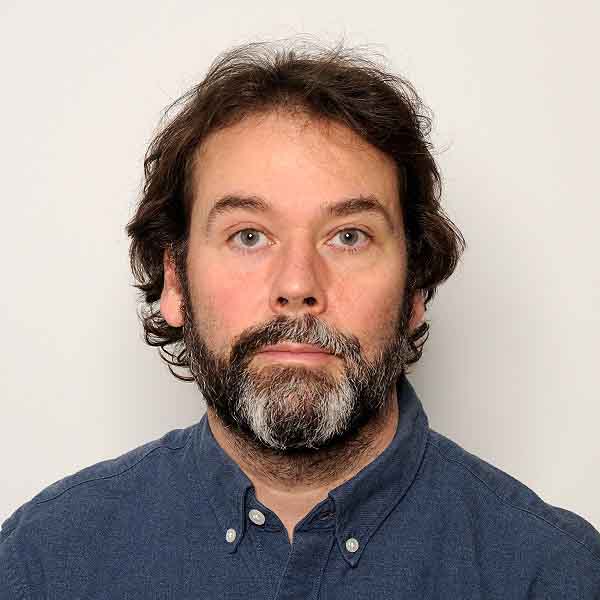
(Donagh) Coleman, Michael
Michael (Donagh) Coleman
Read more

Michael (Donagh) Coleman
| Grant Category: | Fulbright-Hays Doctoral Dissertation Research Abroad Program (DDRA) |
| Project Title: | Between Worlds – Cultural Bodies, Death Processes, and Tukdam |
| Field of Study: | Medical Anthropology |
| Home Institution: | University of California-Berkeley Berkeley, CA |
| Host Institution: | Library of Tibetan Works and Archives (LTWA), Dharamsala, Himachal Pradesh |
| Grant Start Month: | January 2025 |
| Duration of Grant: | Six months |
Brief Bio:
Michael (Donagh) Coleman holds degrees in philosophy and psychology (BA) and in music and media technologies (MPhil) from Trinity College Dublin, and an MA in Asian studies from UC Berkeley. He is currently a PhD candidate in medical anthropology at UC Berkeley where his dissertation research focuses on Tibetan Buddhist tukdam deaths and their Tibetan and scientific figurations. Donagh was a 2022 Dissertation Fellow at the ACLS/Robert H. N. Ho Family Foundation Program in Buddhist Studies. He has also worked as a documentary filmmaker and made award-winning films with wide international festival and TV exposure like Tukdam: Between Worlds (2022), A Gesar Bard’s Tale (2013), and Stone Pastures (2008). Donagh’s films have also been shown at museums such as MoMA and the Rubin Museum of Art in New York, and by the European Commission.
In the state of tukdam, the bodies of meditators do not show usual signs of death for days or even weeks after clinical death. According to Tibetan Buddhists, the practitioners are resting in a subtle state of consciousness and are still in the process of dying. Donagh’s Fulbright-Hays project is juxtaposing Tibetan and biomedical understandings of death and tukdam, with a particular focus on a scientific study of tukdam in Tibetan settlements in India. He is looking at issues of incommensurability between Indo-Tibetan and scientific views, related questions of consciousness, and the cultural power that science may exert over Tibetan Buddhist knowledge and its formulations in this context.
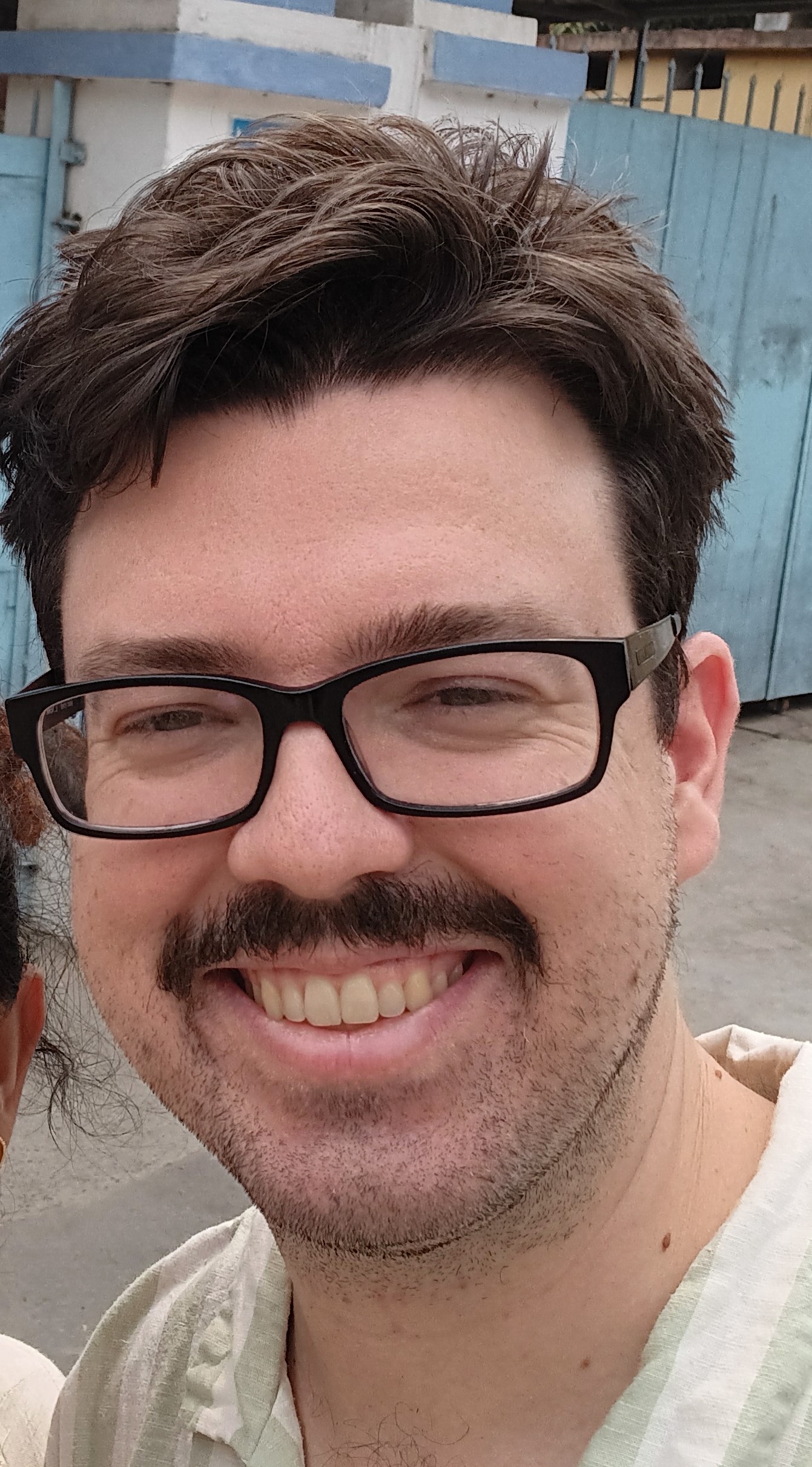
Creed, Devin
Devin Creed
Read more

Devin Creed
| Grant Category: | Fulbright-Hays Doctoral Dissertation Research Abroad Program (DDRA) |
| Project Title: | Giving for Eating: Famine, Humanitarianism, and Nutrition Science in Bengal and North India, 1837–1975 |
| Field of Study: | History |
| Home Institution: | Duke University Durham, NC |
| Host Institution: | Centre for Studies in Social Sciences Calcutta Kolkata, Kolkata, West Bengal |
| Grant Start Month: | February 2025 |
| Duration of Grant: | Seven months |
Brief Bio:
Devin Creed is a PhD candidate in South Asian history at Duke University in Durham, North Carolina. Devin’s dissertation examines the changes in the practices and ideologies of “giving for eating” in the context of famines in nineteenth- and twentieth-century South Asia. At Duke, Devin has been a Kenan Graduate Fellow, a Capper Fellow in intellectual history, and a fellow at the PhD Lab in Digital Knowledge. He has made public presentations on: the erotica of the pickle in South Asian literature and history; traces of Portuguese cuisine in modern West Bengal; the political theory of B.R. Ambedkar; and the history of Catholic missions in Meghalaya.
He has previously received grants to conduct research in Philadelphia (on the Knights of Labor), London (on British famine policy), Northern Ireland (on martyrdom in the Irish Republican Army), and India (on famine relief). He received his MA in modern European history from Villanova University (Pennsylvania) and his BA in economics and English literature from Hillsdale College (Michigan).
Devin is an avid cook and food experimenter who spends a good deal of his time pickling, fermenting, baking, and cooking. He enjoys reading science fiction, watching films, backpacking, hiking, singing, and learning languages
Devin’s Fulbright-Hays project is analyzing how South Asians contributed to, contested, and adapted nascent forms of Western humanitarianism, in the process forming hybrid cultures of care and charity. Concurrently, he is examining the arrival of modern nutrition science as a developmental technology of colonial governance which clashed with indigenous foodways. The phrase “giving for eating” highlights his novel approach to the study of famines; this approach combines an archaeology of annadana and other food-gifting practices with a material analysis of famine foods. This turn to the alimentary allows him to show the ways in which endemic famine became constitutive of modern regimes of charity and foodways in South Asia. Devin is accomplishing this through studying archival materials in Bangla, Urdu, Hindi, and English, and by drawing on neo-materialist methods to recreate famine foods.
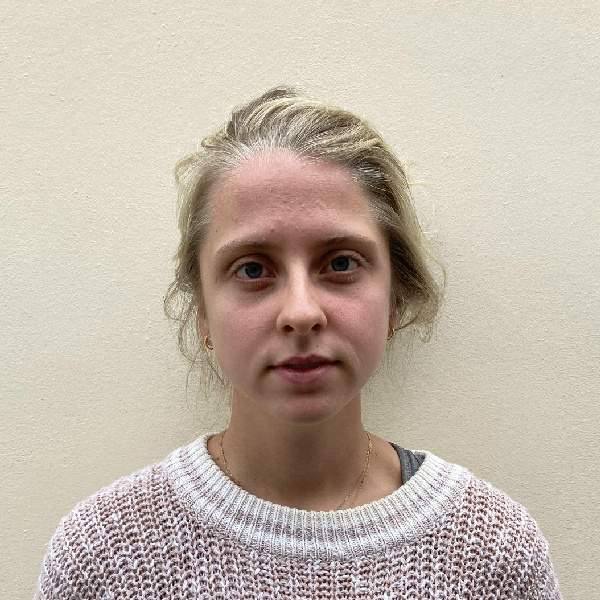
Heinze, Alyssa
Alyssa Heinze
Read more

Alyssa Heinze
| Grant Category: | Fulbright-Hays Doctoral Dissertation Research Abroad Program (DDRA) |
| Project Title: | The Politics of Drought and Gender Inequality in Rural Maharashtra |
| Field of Study: | Political Science |
| Home Institution: | University of California-Berkeley Berkeley, CA |
| Host Institution: | TBC, Maharashtra, Maharashtra |
| Grant Start Month: | January 2025 |
| Duration of Grant: | Eight months |
Brief Bio:
Alyssa Heinze is a PhD Candidate in political science at the University of California, Berkeley. She researches gendered understandings of: the political economy of local development; political inequality; and the consequences of climate change. She is a two-time Fulbright fellowship recipient. Alyssa holds an MSc in economics from Université Paris 1 Panthéon-Sorbonne and a BA in political science and South Asian studies from Dartmouth College. She has worked for the Impact Data and Evidence Aggregation Library project at the World Bank; she was part of the Research, Evaluation and Data Team at IDinsight and of the Women’s Economic Empowerment Unit at the U.S. Department of State. She has also done stints with Vera Solutions in Mumbai, India, and with Chhori in Kathmandu, Nepal.
In her Fulbright-Hays project, Alyssa is examining how state policies – community water governance and drought relief programs – can mitigate the gender inequalities caused by drought. She hypothesizes that women’s inclusion in these policies is pivotal for the prevention of drought-induced gender inequality. Alyssa’s study is located in Maharashtra, India, a region susceptible to the adverse effects of drought. Employing a mixed-methods approach, she is gathering qualitative and quantitative data to assess the causal relationship between state intervention, drought, and gender inequality. This study is expected to inform policy formulation on increasing the resilience of climate-vulnerable communities across India.
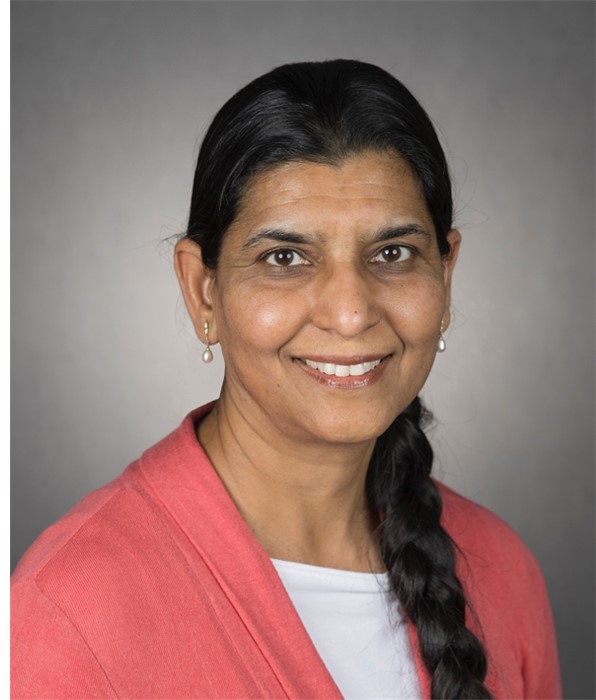
Judge, Jasmeet
Jasmeet Judge
Read more

Jasmeet Judge
| Grant Category: | Fulbright-Kalam Fellowship |
| Project Title: | Soil and Crop Information for Agricultural Systems in India Using Novel Satellite Observations |
| Field of Study: | Environmental Sciences |
| Home Institution: | University of Florida Gainesville, FL |
| Host Institution: | Indian Institute of Science, Bengaluru, Karnataka |
| Grant Start Month: | December 2024 |
| Duration of Grant: | Five months |
Brief Bio:
Dr. Jasmeet Judge received her BS in physics from Stillman College, Alabama, and her MS in electrical engineering, and PhD in electrical engineering and atmospheric, oceanic, and space sciences from the University of Michigan. She is a professor in the Agricultural and Biological Engineering Department at the University of Florida, where she is also the director of the Center for Remote Sensing.
Dr. Judge’s research interests include microwave remote-sensing applications to terrestrial hydrology, crop development, and crop growth; electromagnetic models for dynamic agricultural terrains; and machine learning (ML) methods for spatio-temporal scaling and data-model fusion. For her research projects, she has received grants from NASA, the National Science Foundation, and the U.S. Department of Agriculture. She has led many field experiments with active and passive microwave sensors to develop/improve remote sensing, crop growth, hydrology, and ML algorithms. Dr. Judge has also won NASA Group Achievement Awards for interdisciplinary field campaigns. She has over 70 journal publications, three co-authored books, and numerous conference and invited presentations to her credit.
In addition to research, Dr. Judge has been active in advocating for the protection of the EM spectrum as the past member, vice chair, and chair of the National Academies Committee on Radio Frequency. She is also a member of the American Geophysical Union and a senior member of the IEEE Geoscience and Remote Sensing Society, where she has served in different roles on many committees for the past three decades.
Dr. Judge’s Fullbright-Kalam project is being carried out in collaboration with researchers in the Interdisciplinary Center for Water Research at the Indian Institute of Science in utilizing data from the upcoming NASA ISRO Synthetic Aperture Radar (NISAR) mission for the availability of timely soil and crop information in India. In addition, she is training the next generation of Indian scientists in microwave remote sensing.
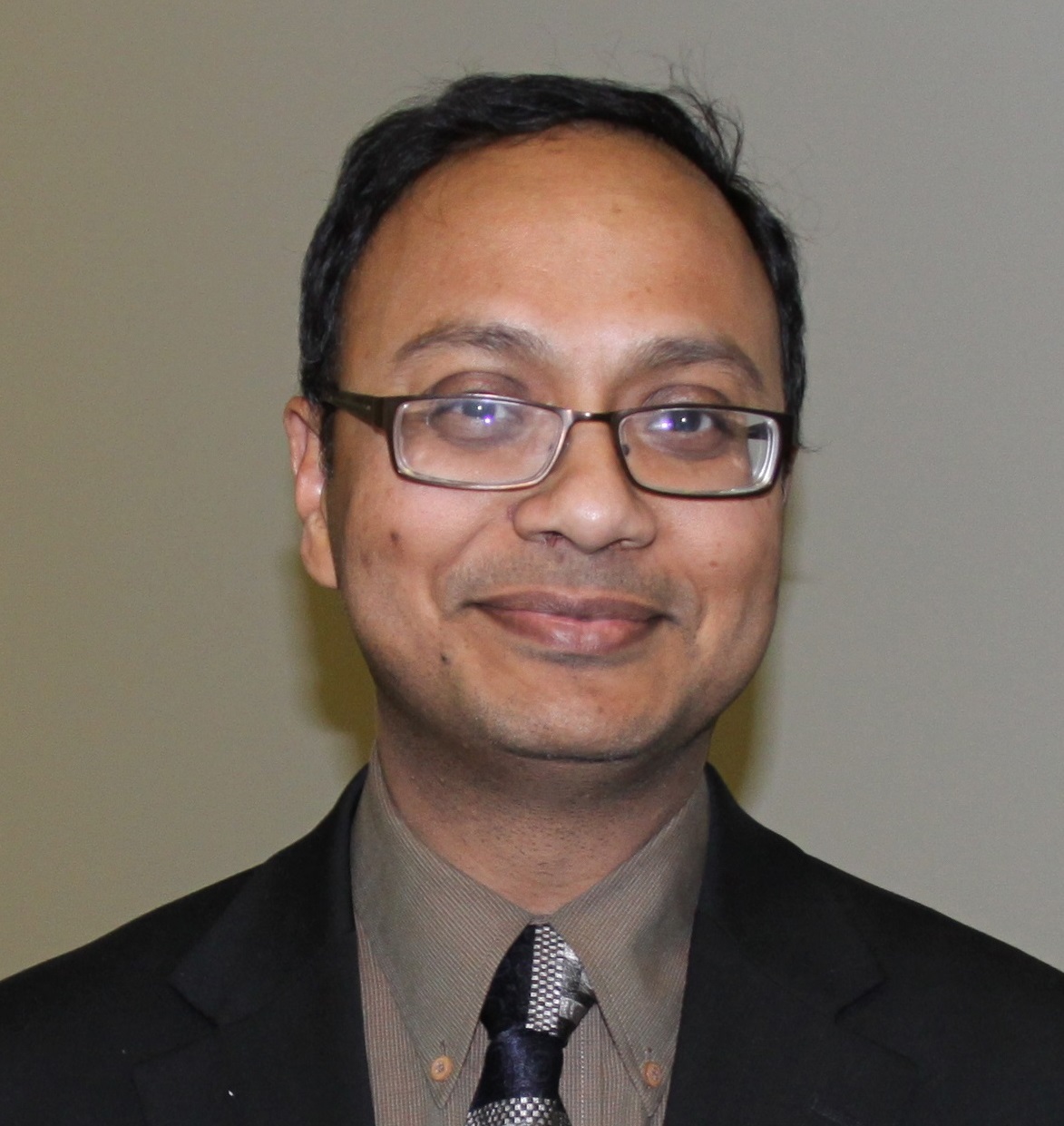
Mazumder, Sandip
Sandip Mazumder
Read more

Sandip Mazumder
| Grant Category: | Fulbright-Kalam Fellowship |
| Project Title: | Greenhouse Gases, Radiation, and Global Warming: Modules for Education and Research |
| Field of Study: | Engineering |
| Home Institution: | The Ohio State University Columbus, OH |
| Host Institution: | Indian Institute of Science, Bengaluru, Karnataka |
| Grant Start Month: | January 2025 |
| Duration of Grant: | Four and a half months |
Brief Bio:
Dr. Sandip Mazumder is professor and associate chair of mechanical and aerospace engineering at The Ohio State University (OSU). He joined OSU in March 2004. Prior to OSU, he was employed at the CFD Research Corporation in Huntsville, AL, for seven years. He is one of the architects and early developers of the commercial code, CFD-ACE+™. His research is computational in nature and spans three main areas: computational fluid dynamics and heat transfer emphasizing on chemical reactions, with applications in combustion, catalytic conversion, fuel cells, batteries, and chemical vapor deposition; thermal radiation and its applications; and non-equilibrium transport phenomena as occurring in nanoscale systems. He has been active in raising awareness about global warming and climate change among engineering students and the general public through his classroom teaching and seminars. Dr. Mazumder is the author of two graduate-level textbooks, more than 65 journal papers, and over 65 peer-reviewed conference publications. He is the recipient of the McCarthy Engineering Teaching Award and the Lumley Research Award from the OSU College of Engineering. He has also been a fellow of the American Society of Mechanical Engineers since 2011.
In light of the fact that the U.S. and India are ranked second and third, respectively, among the highest carbon dioxide-producing nations, Dr. Mazumder’s Fulbright-Kalam project involves a collaborative one-semester part-teaching, part-research stint at the Indian Institute of Science (IISc), Bengaluru. For this, he is creating and deploying two modules with the objective of increasing awareness about global warming and its causes among the future engineering workforce in both the countries. While the teaching module has a short ambit, the research module, titled “Hierarchical Models for Atmospheric Solar Radiation Transport and Earth’s Temperature Predictions”, is attempting to answer long-standing questions on the impact of greenhouse gases on global warming.

